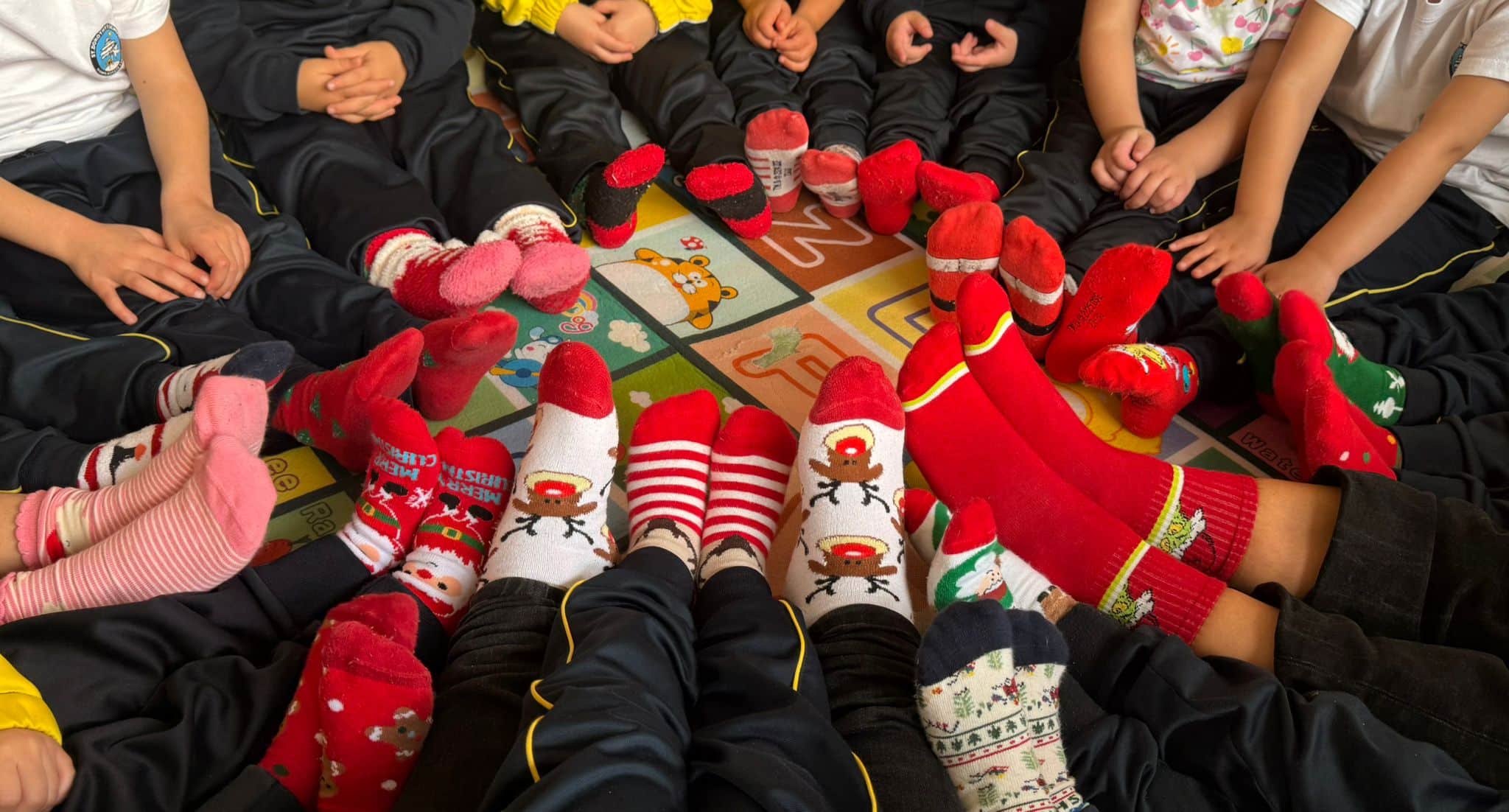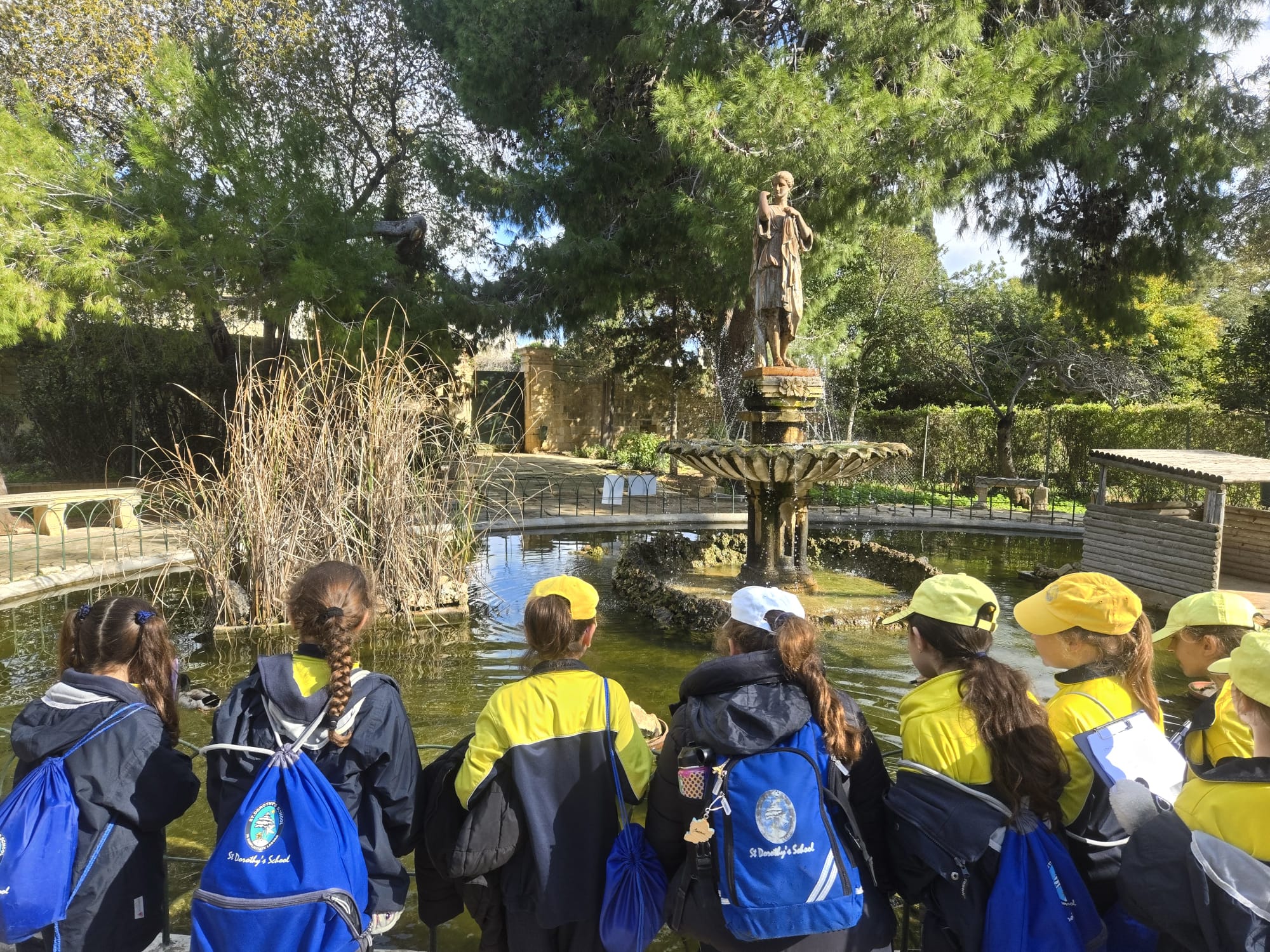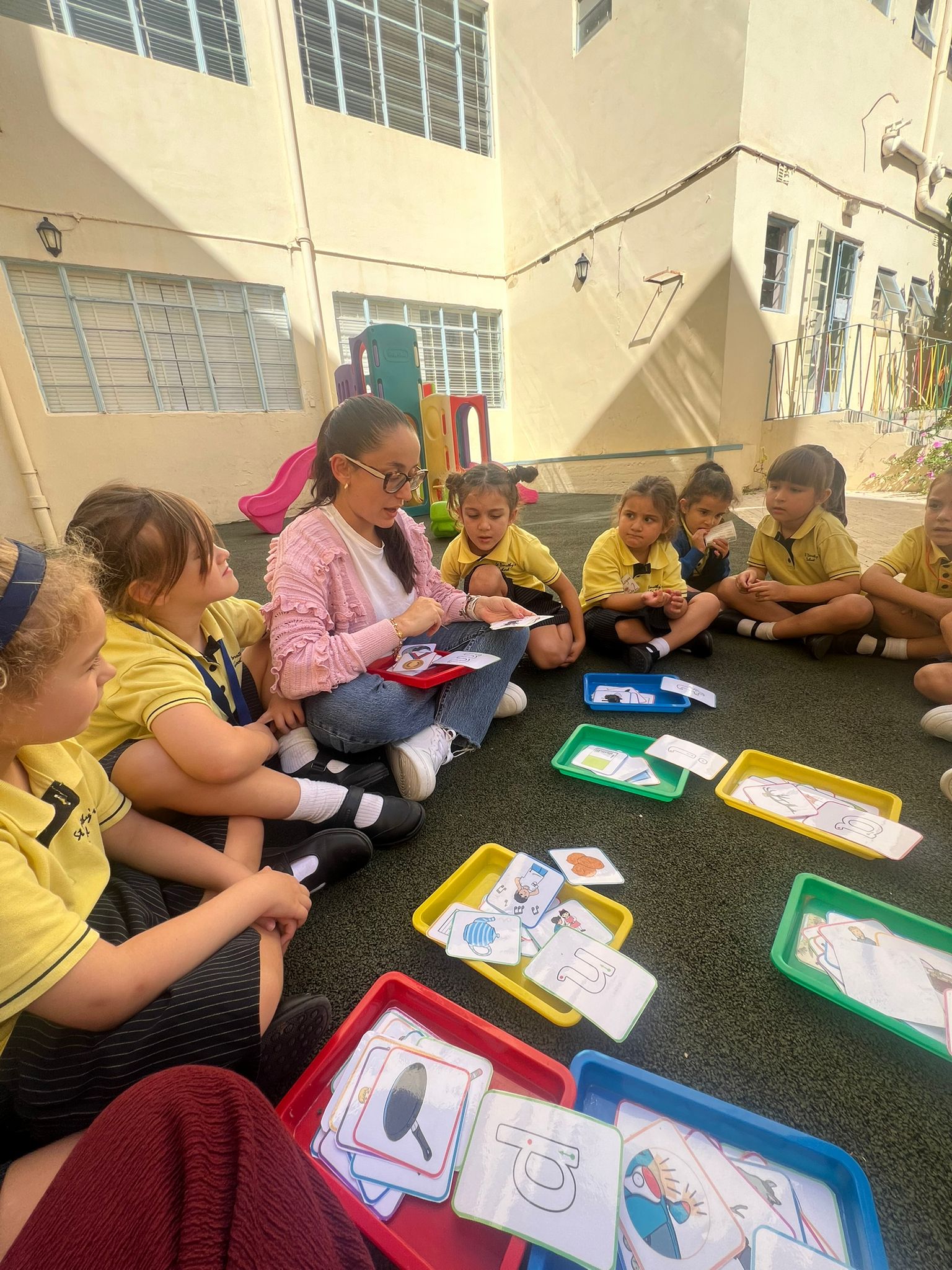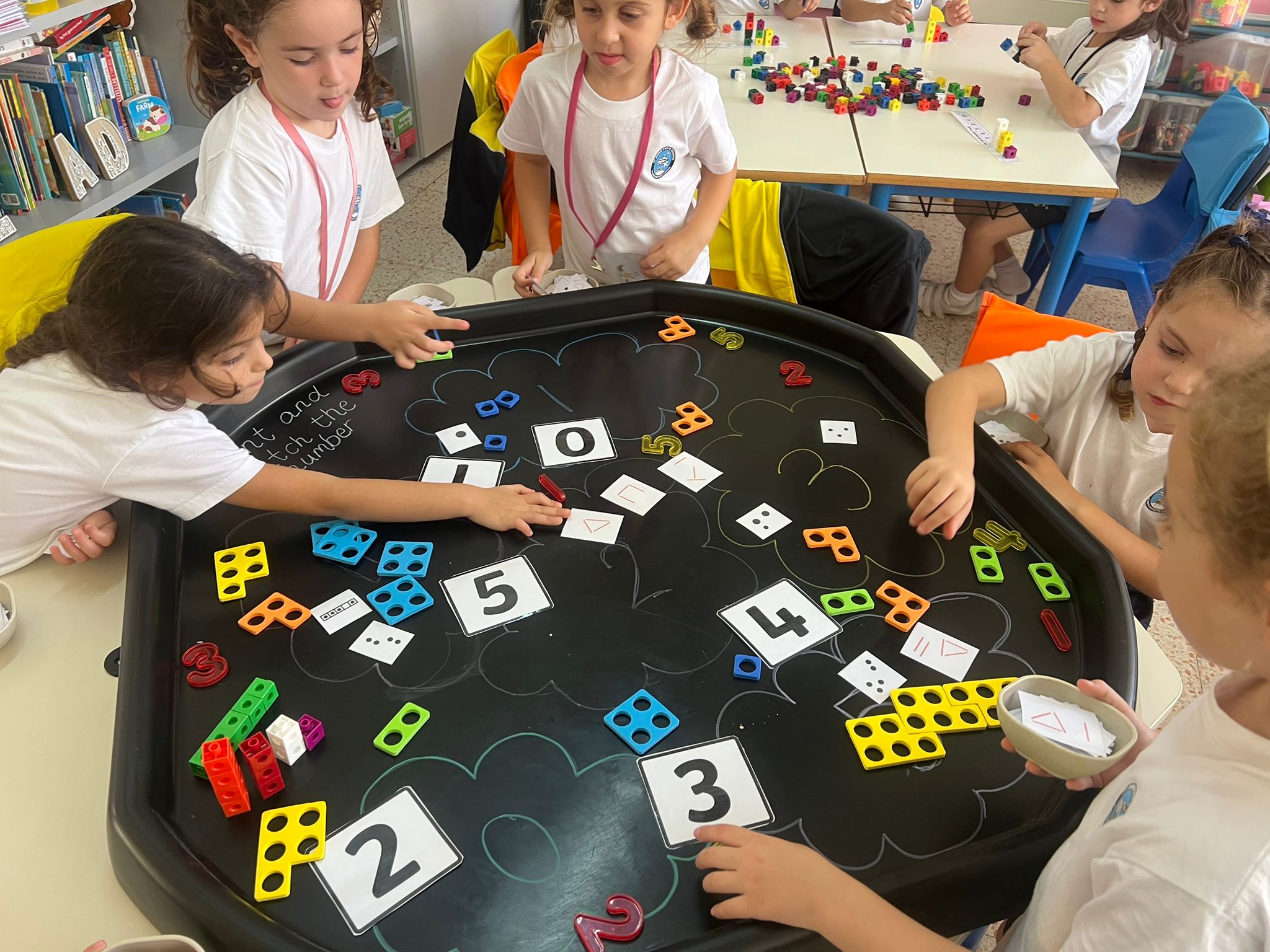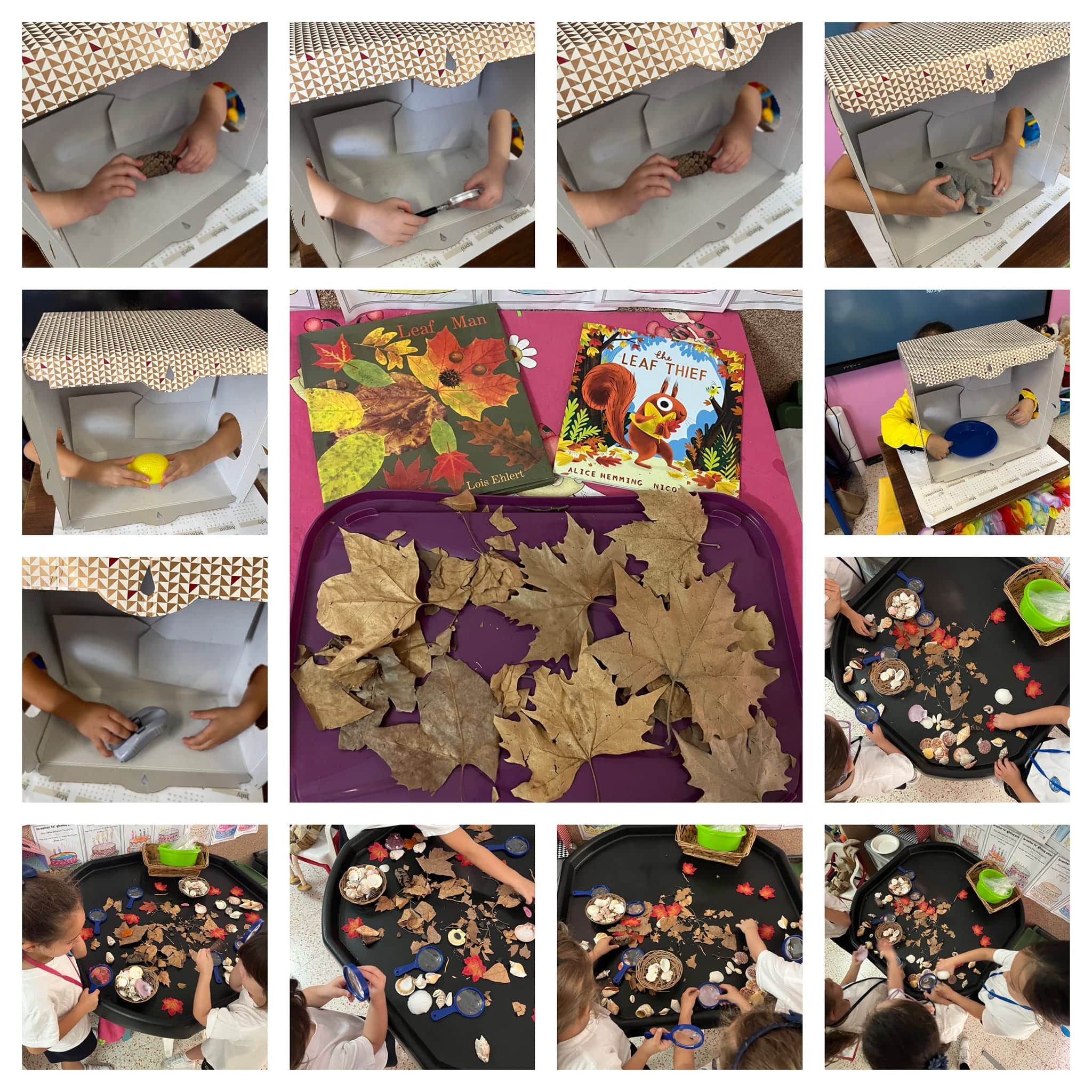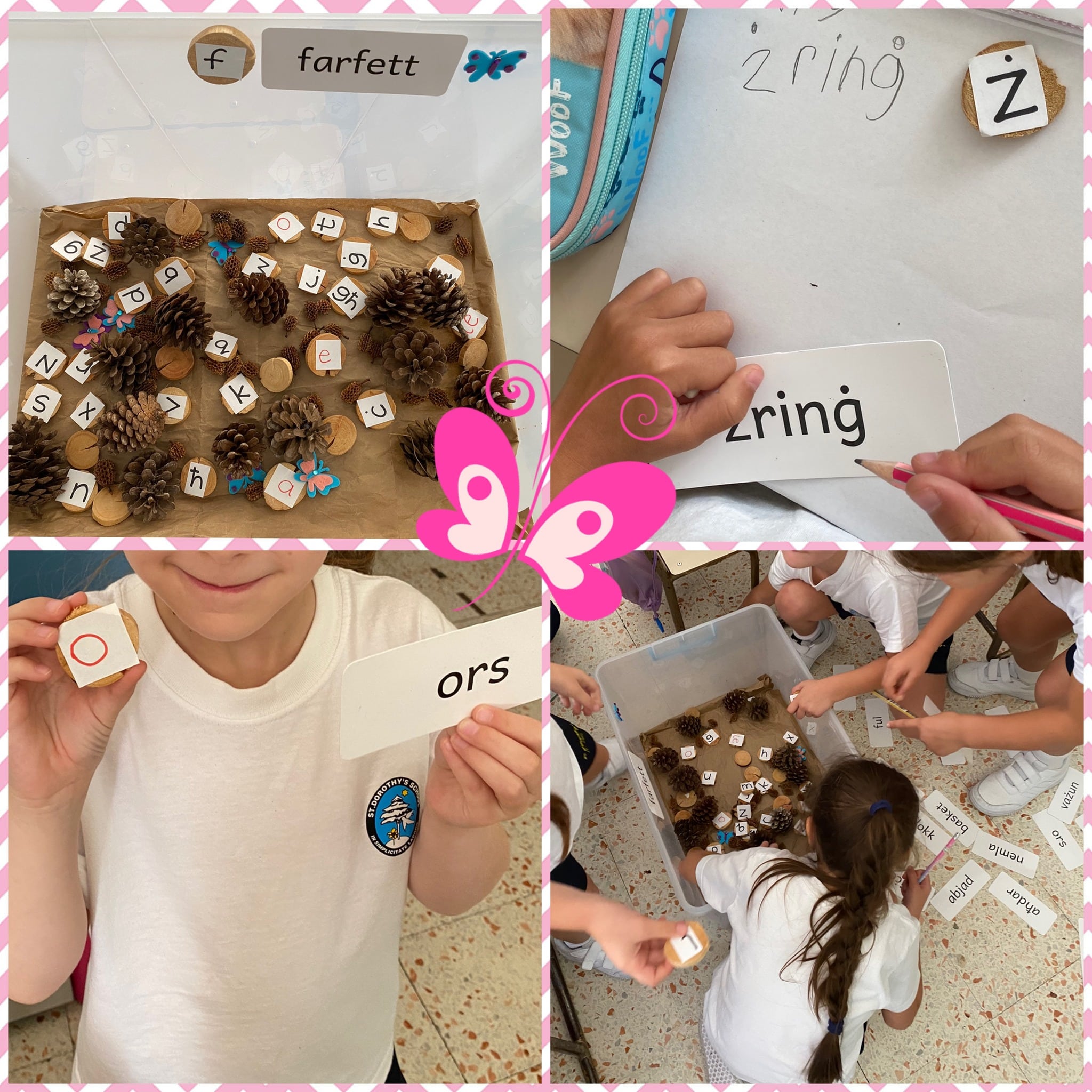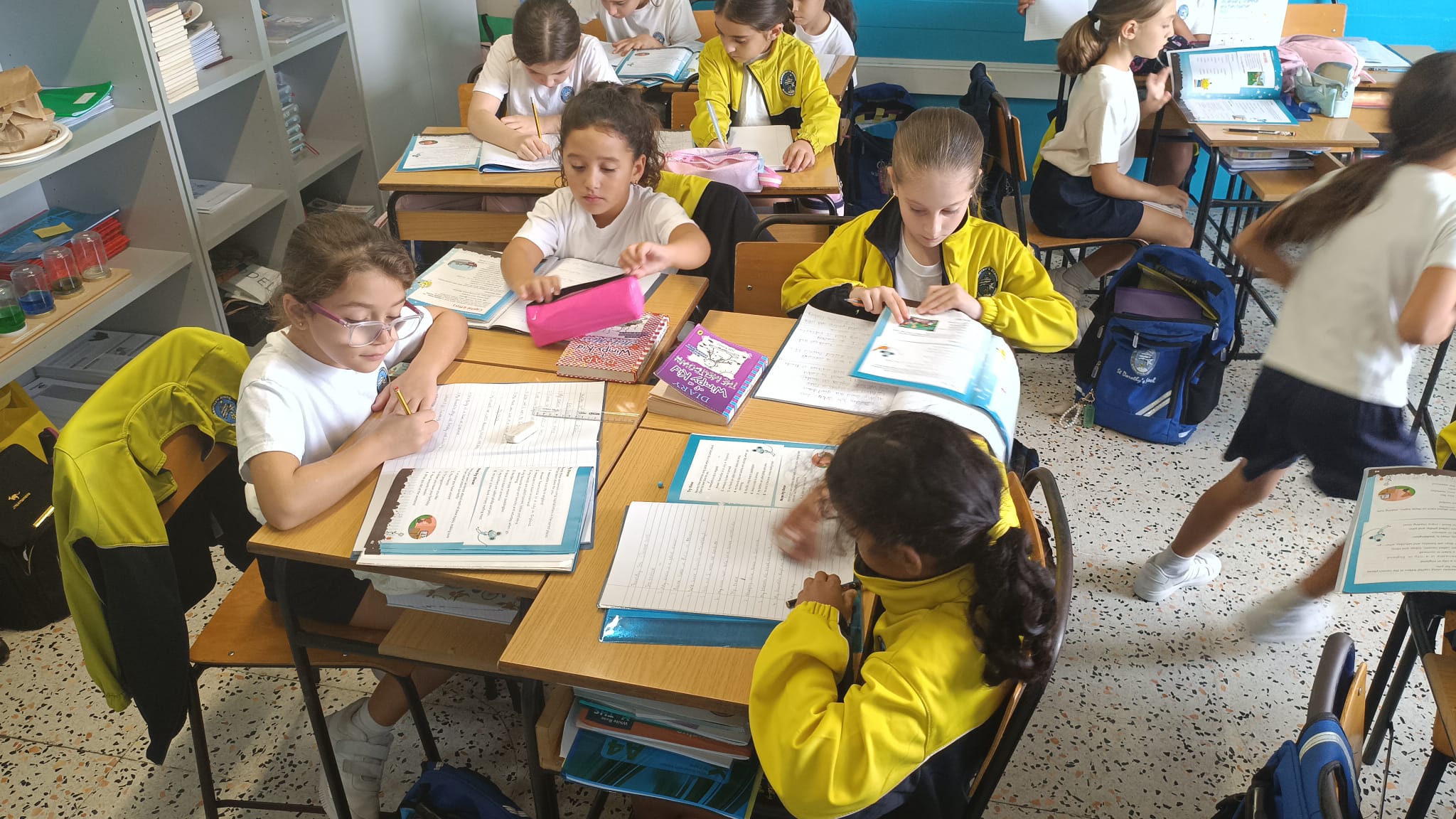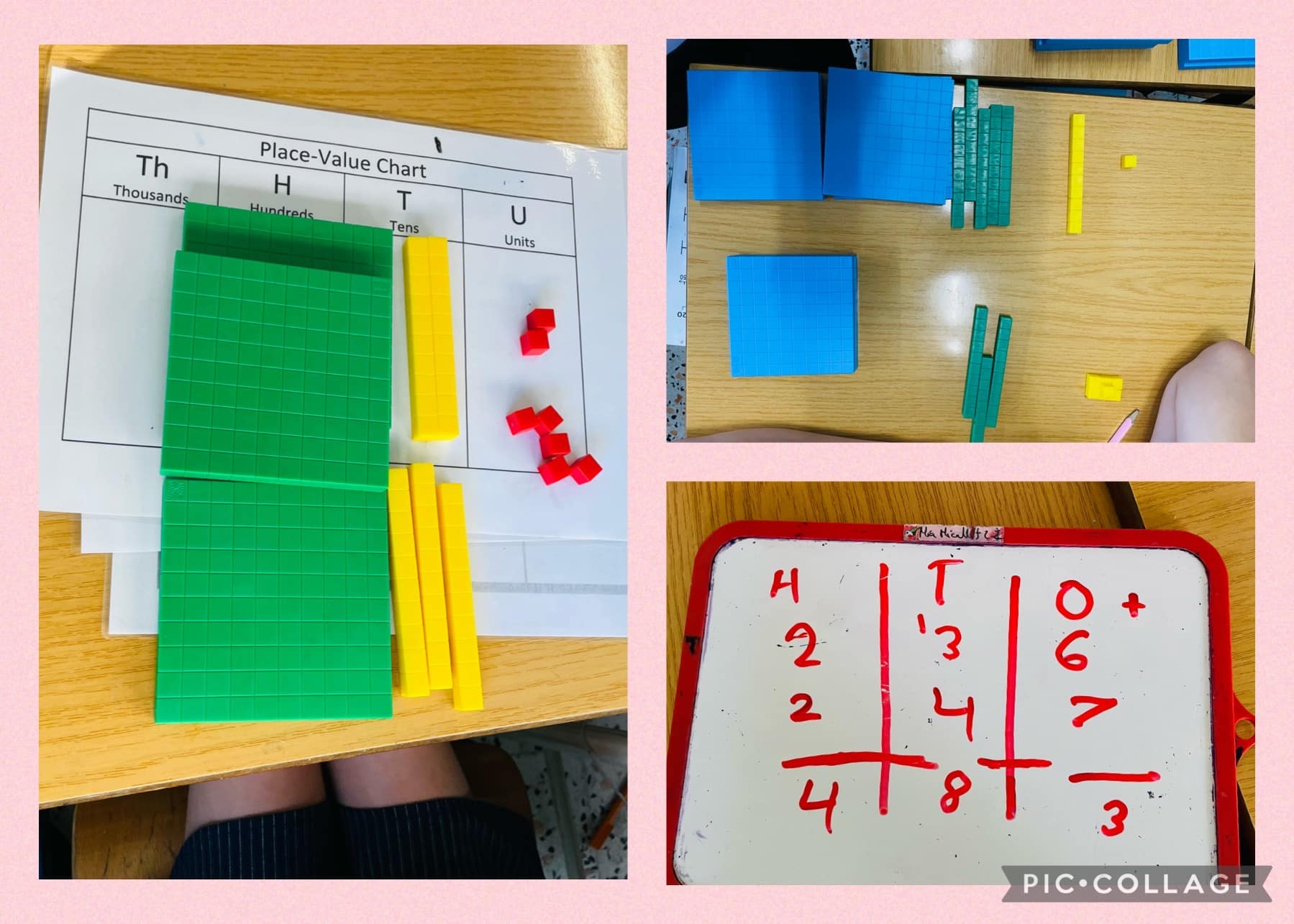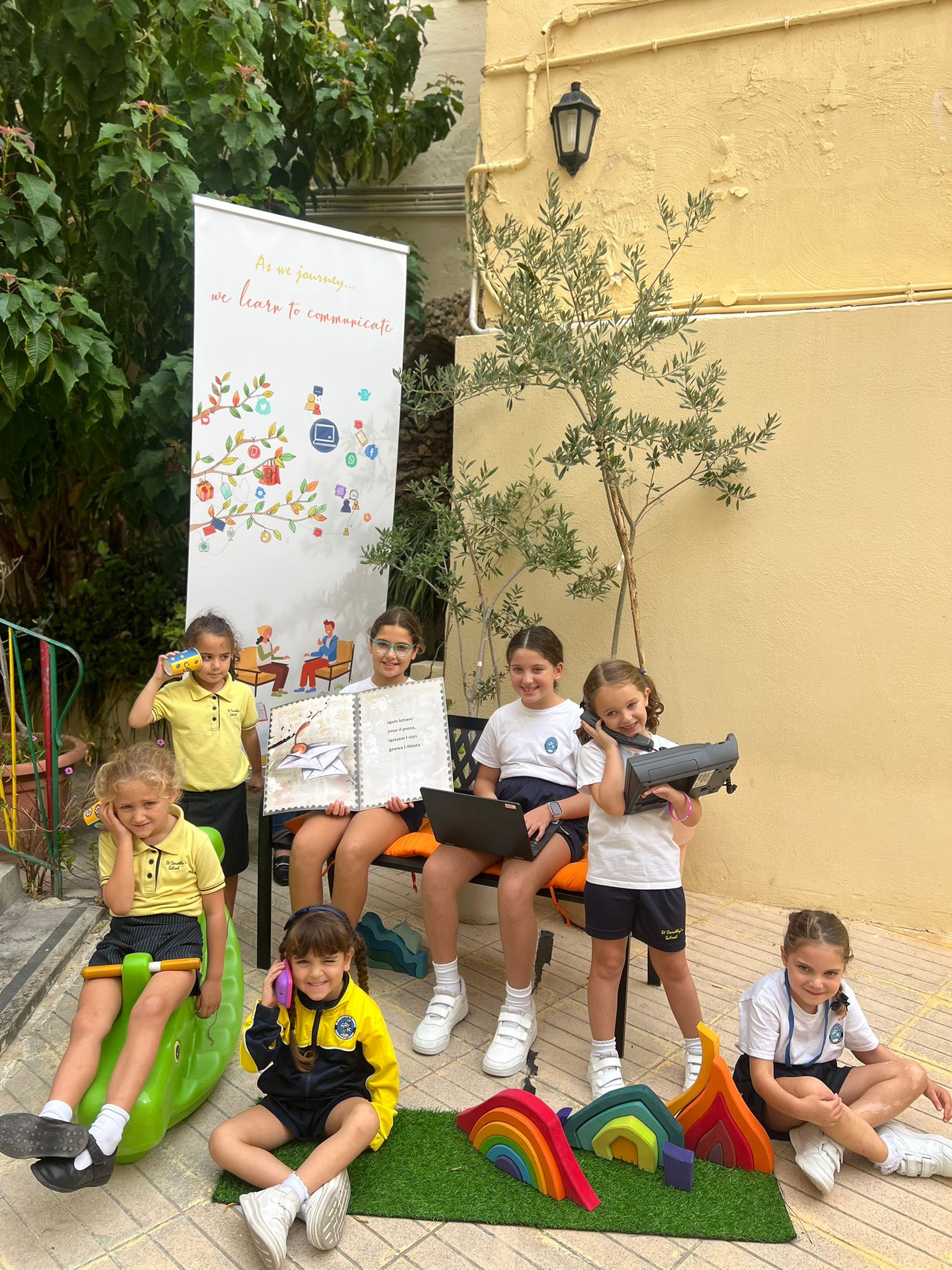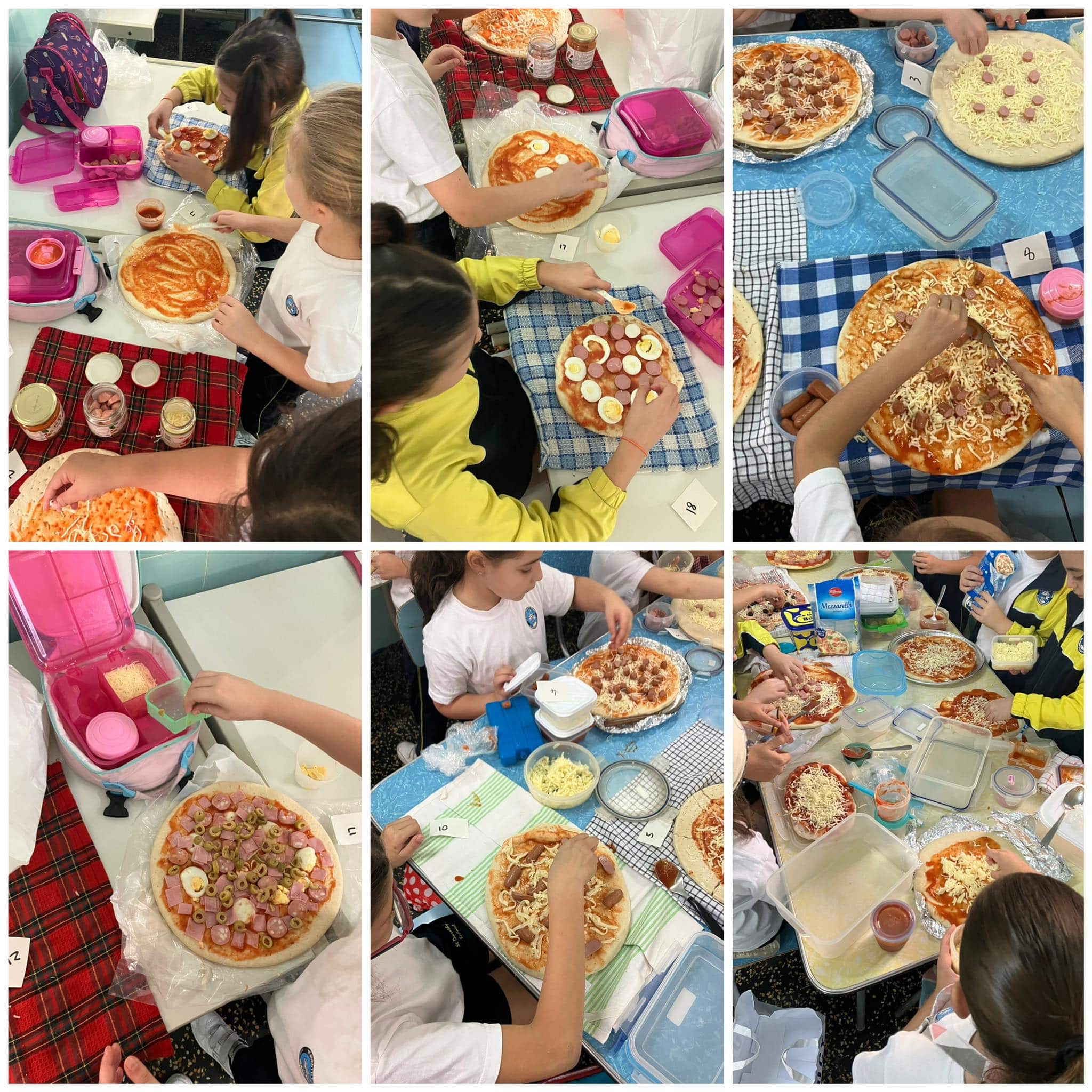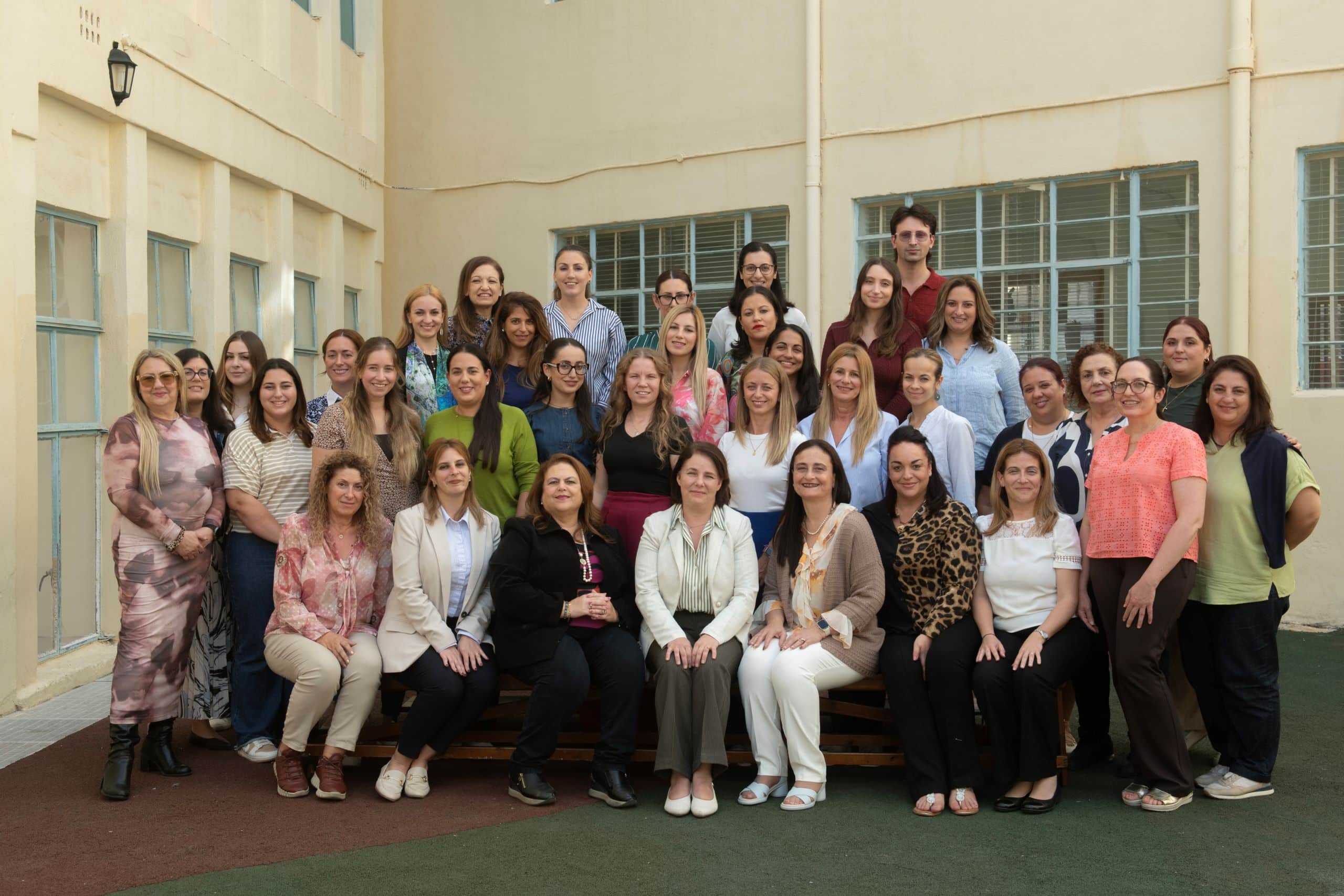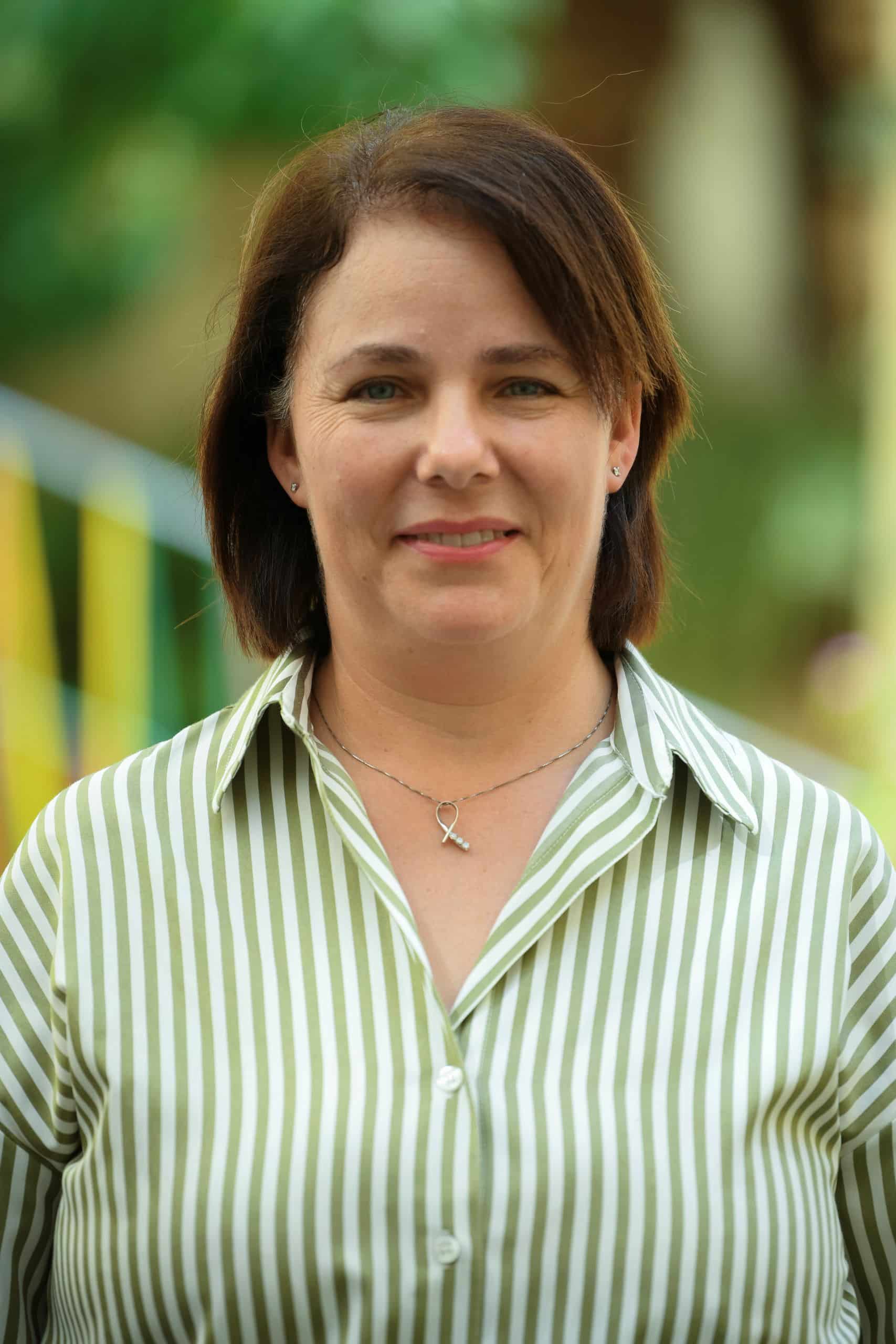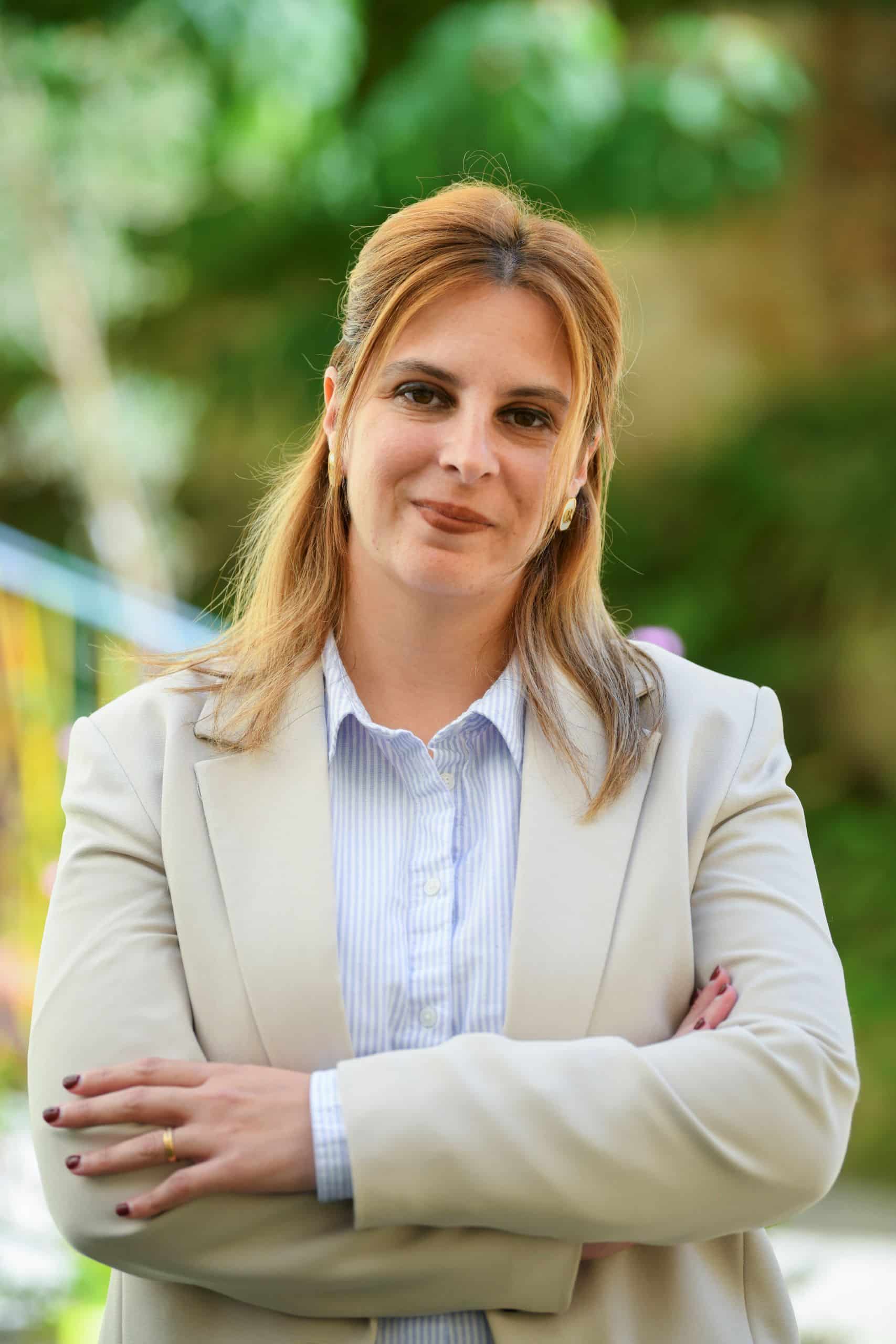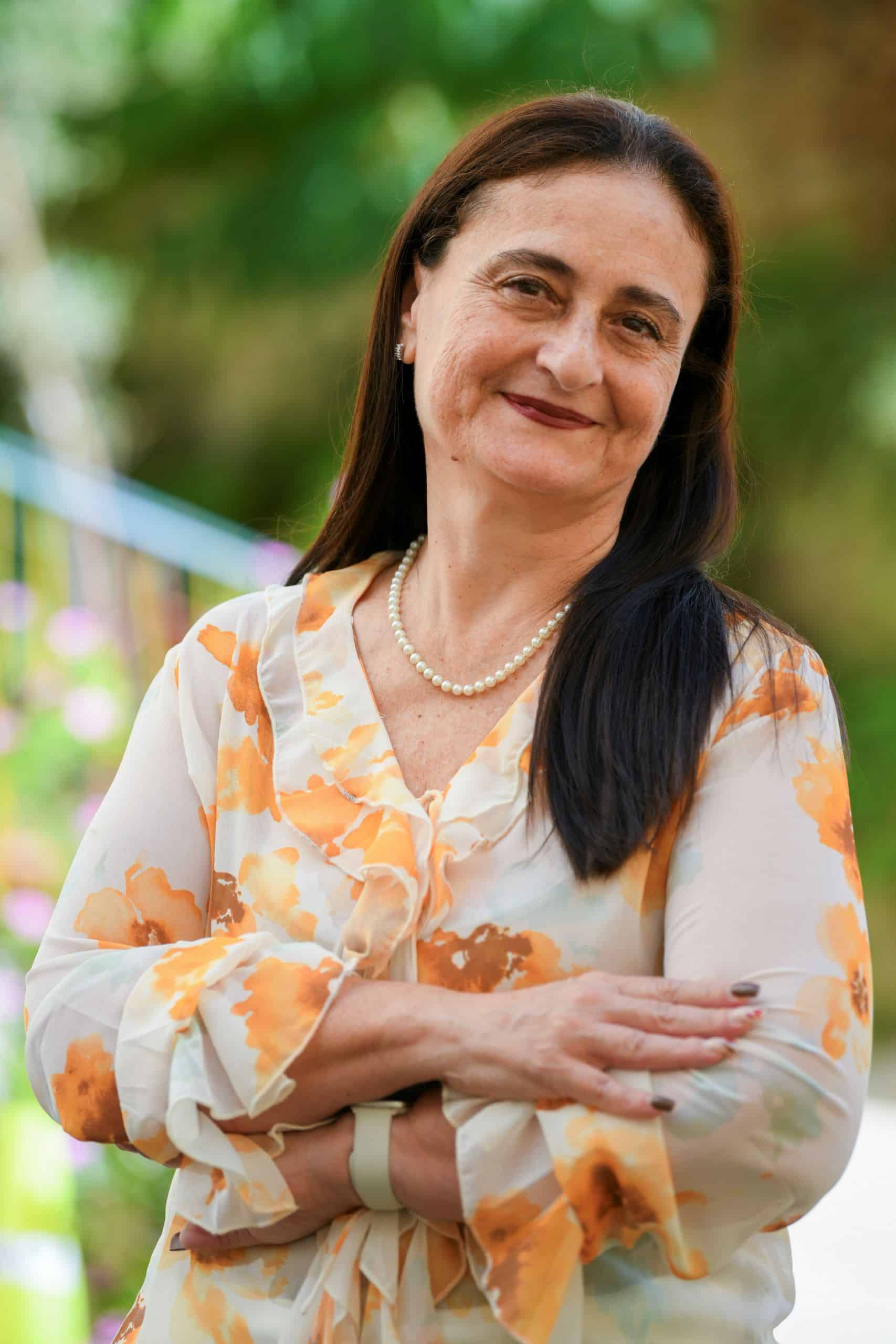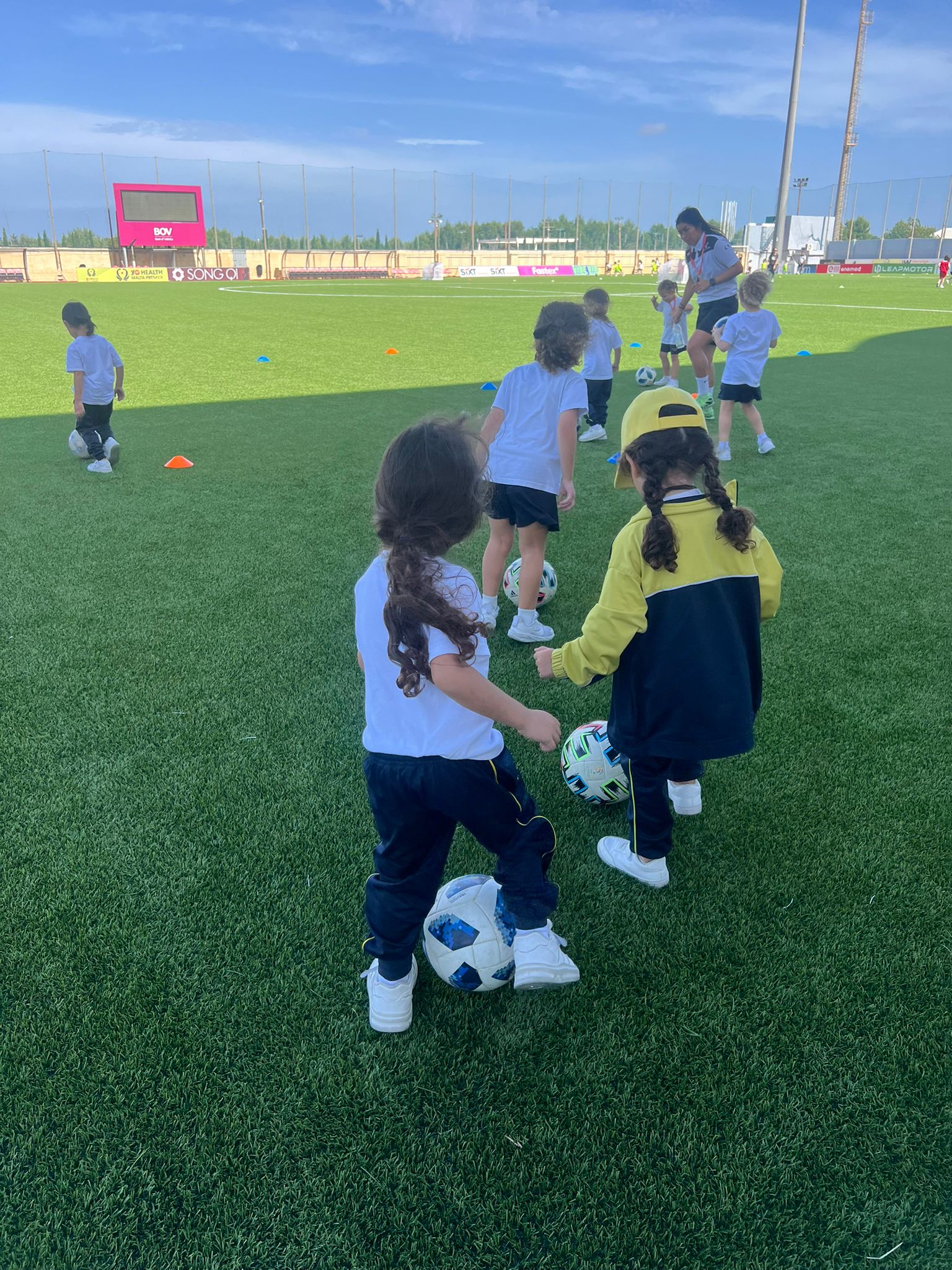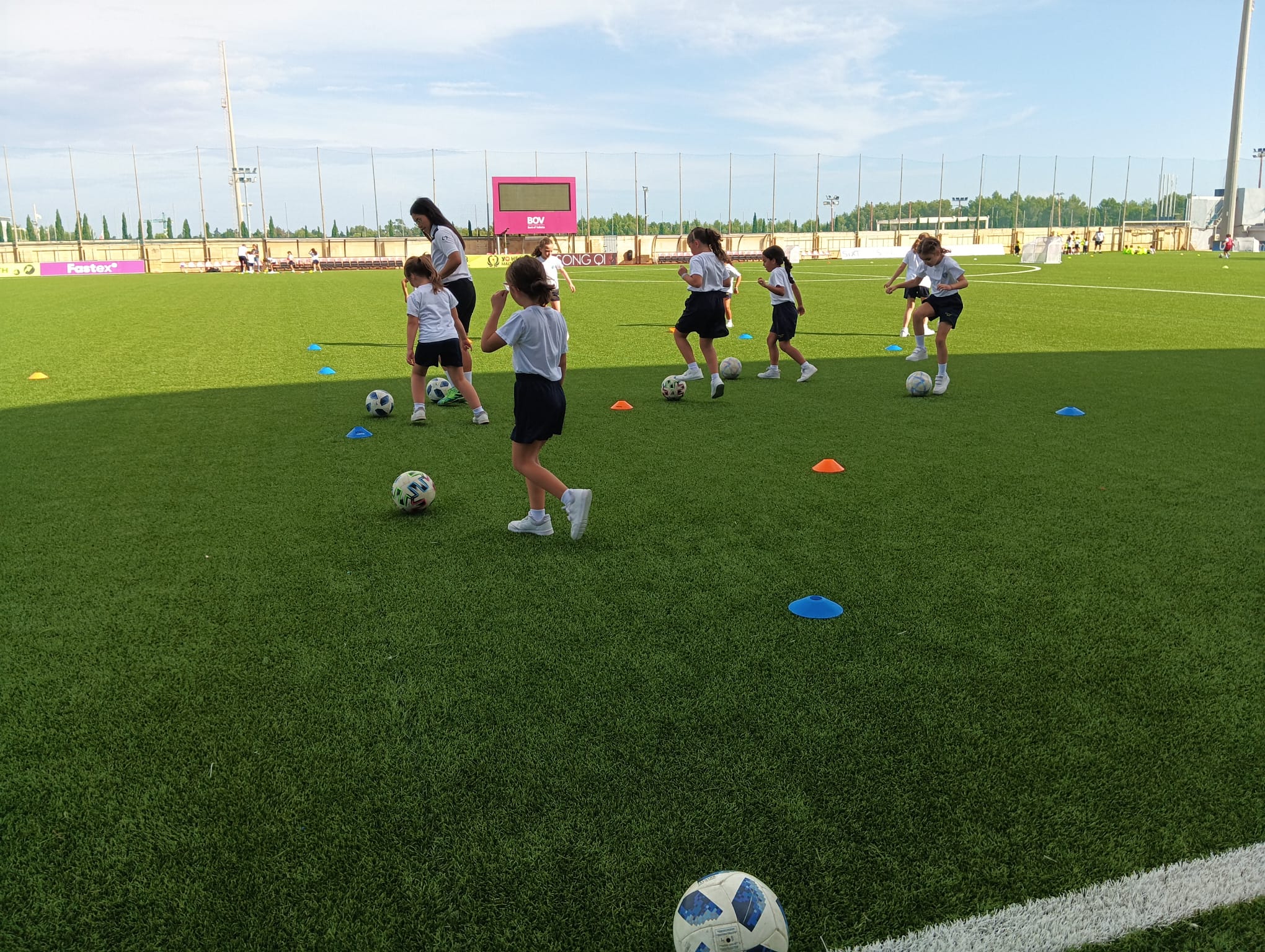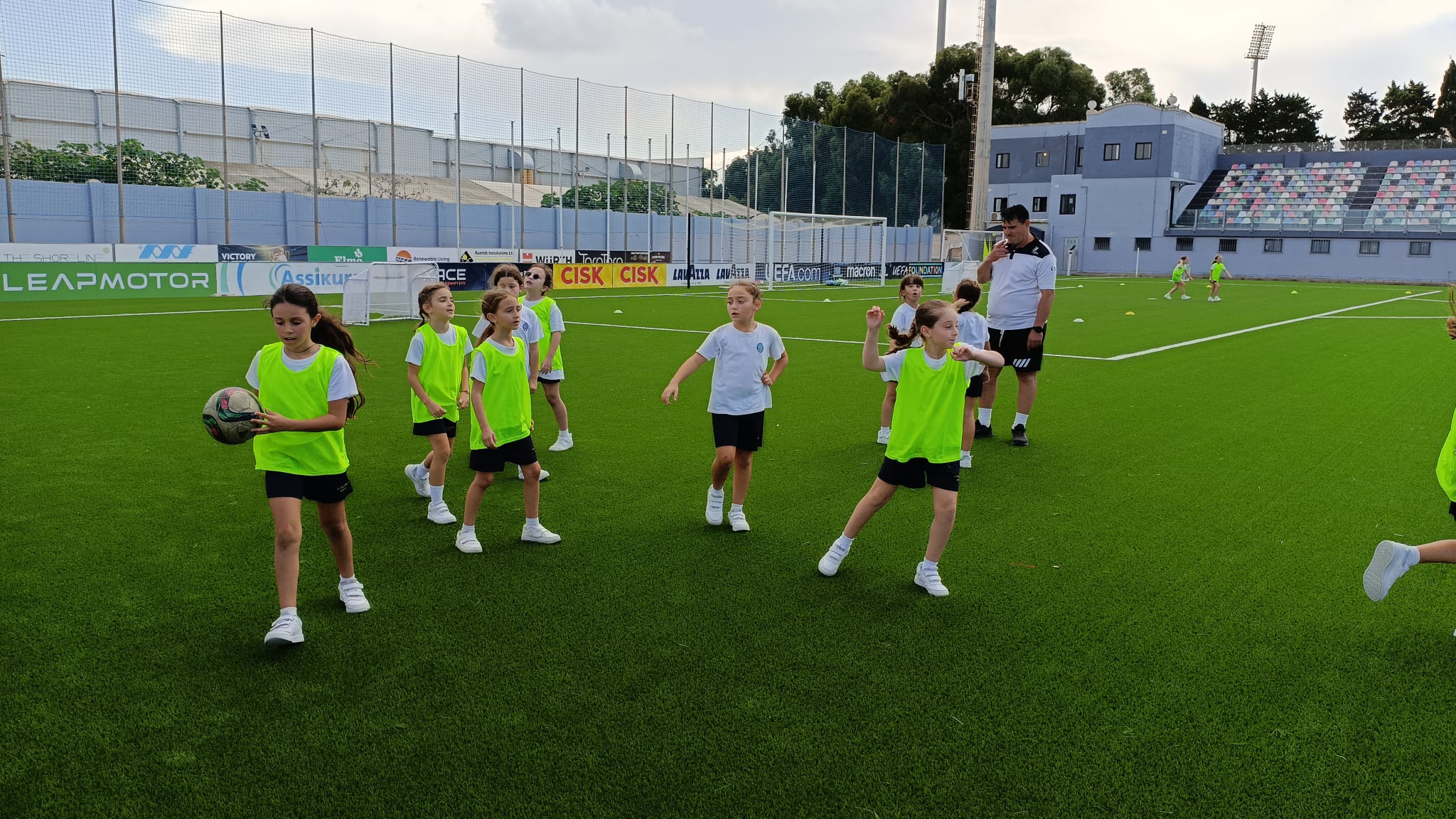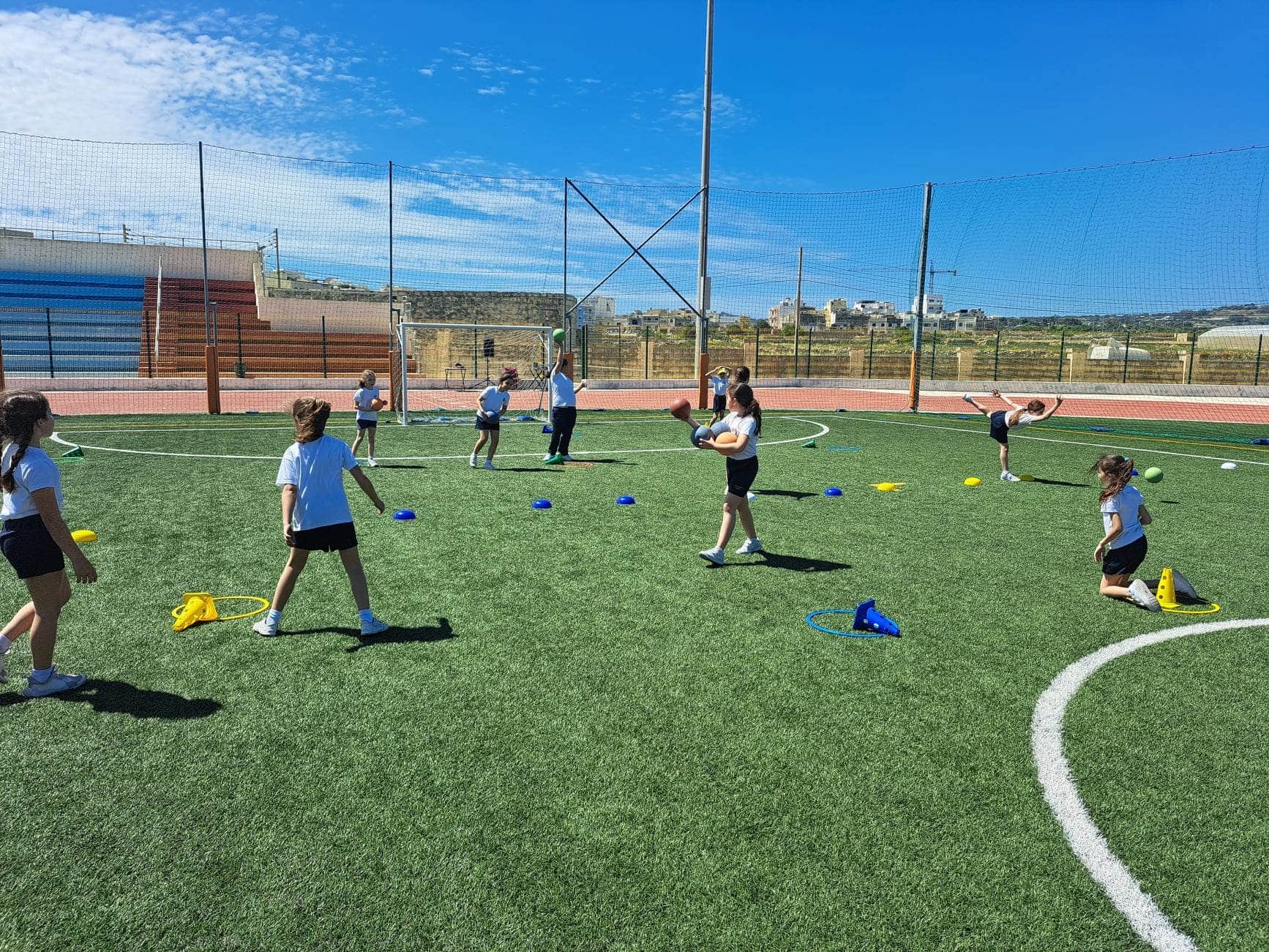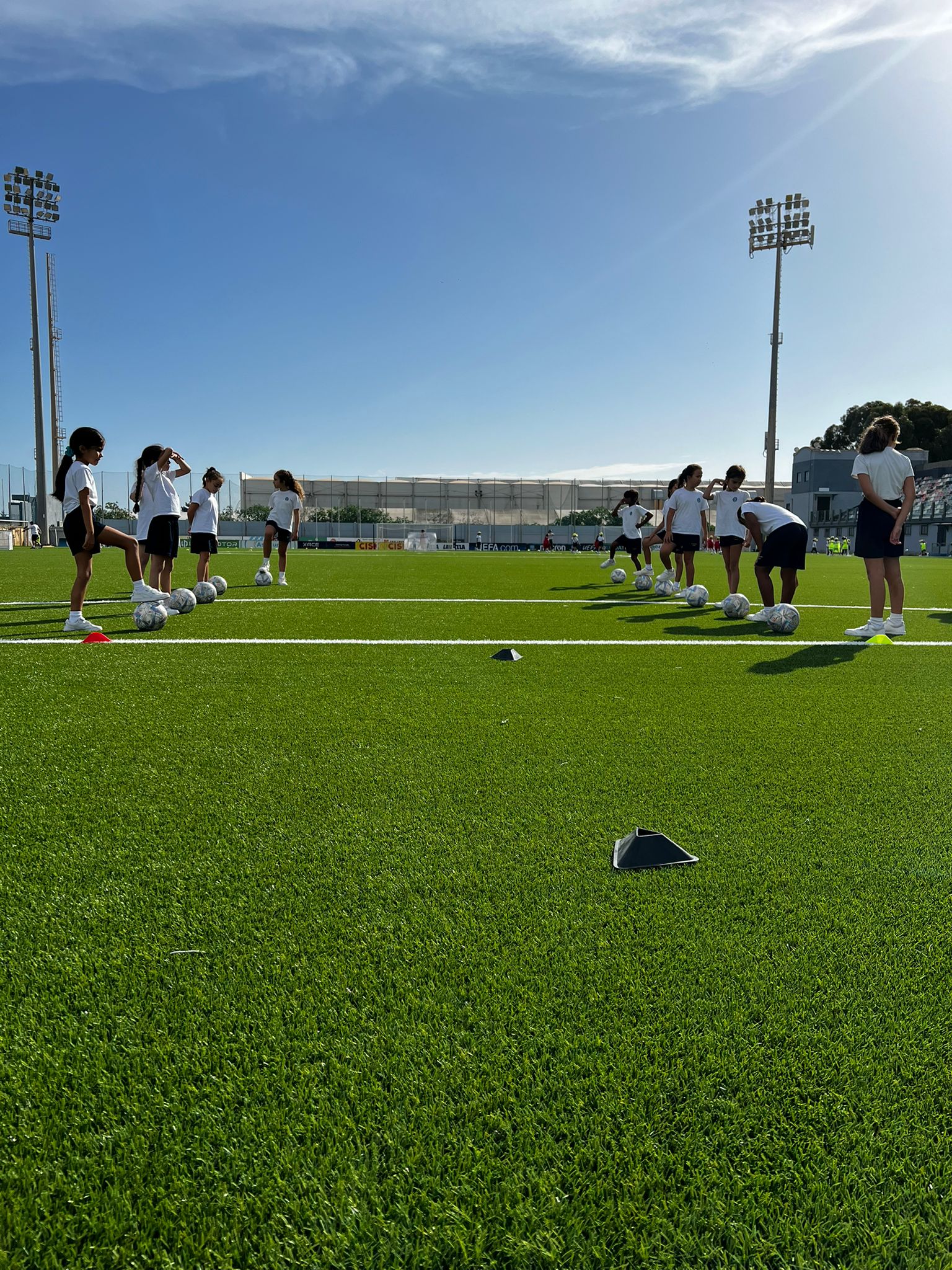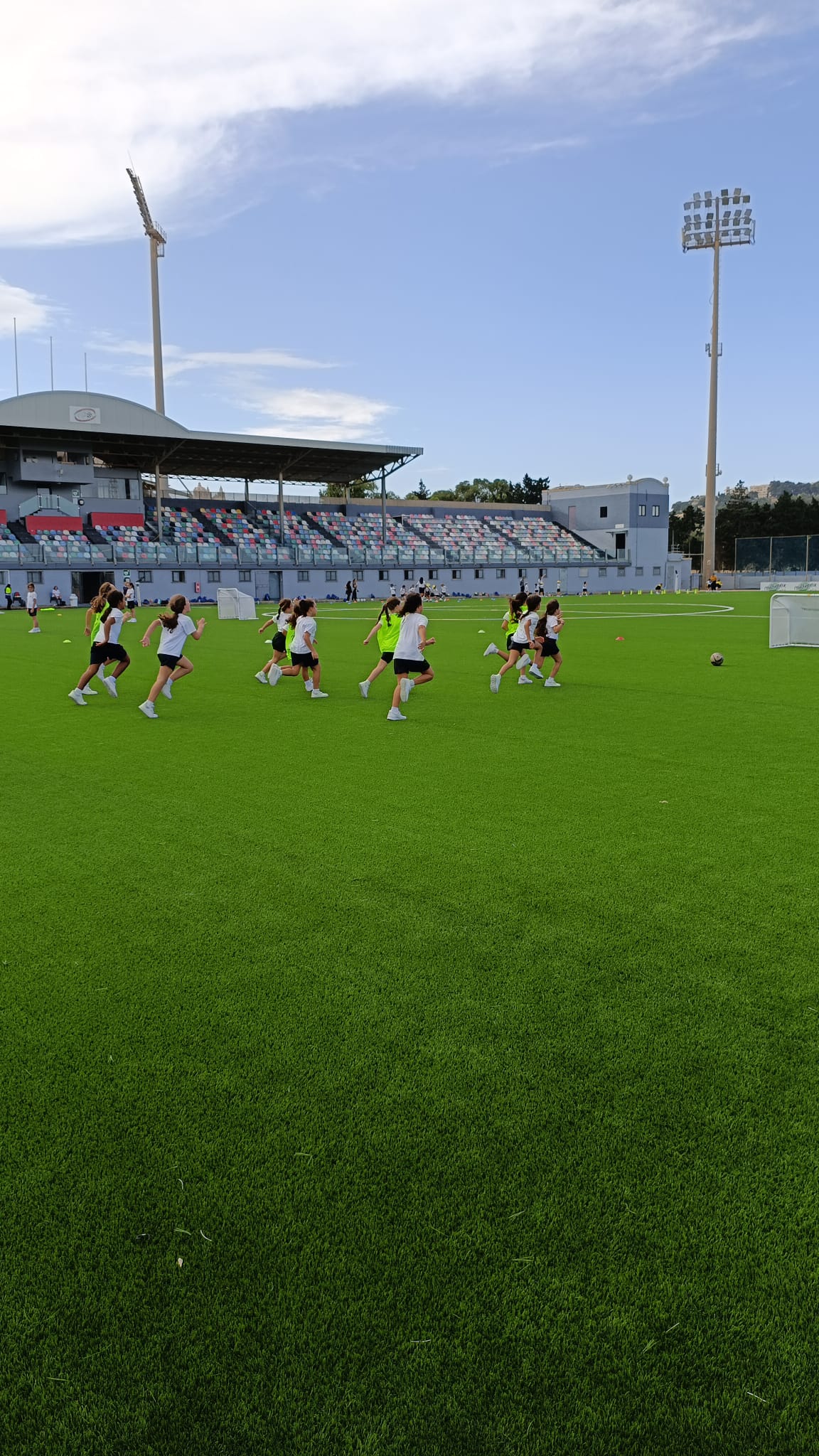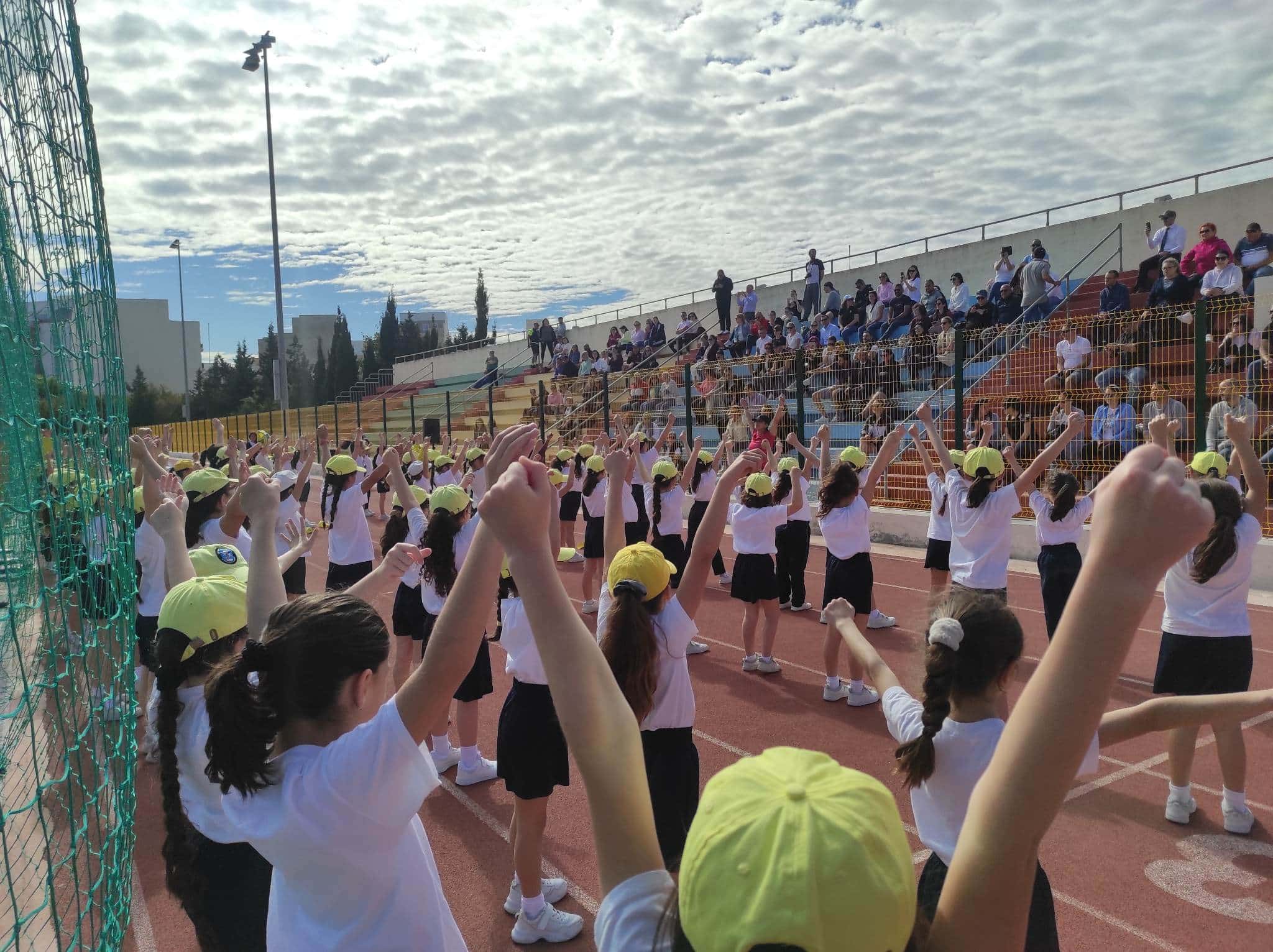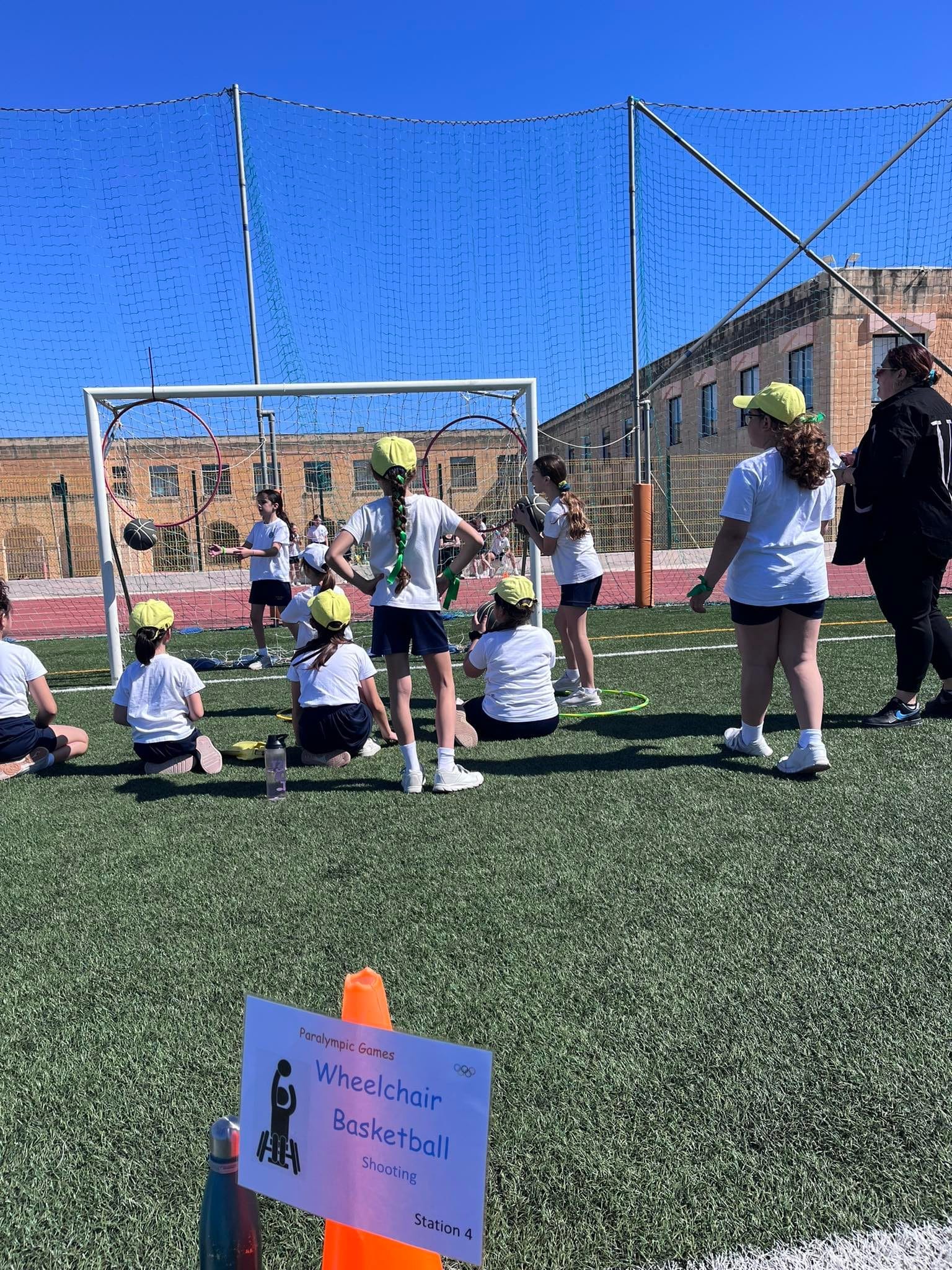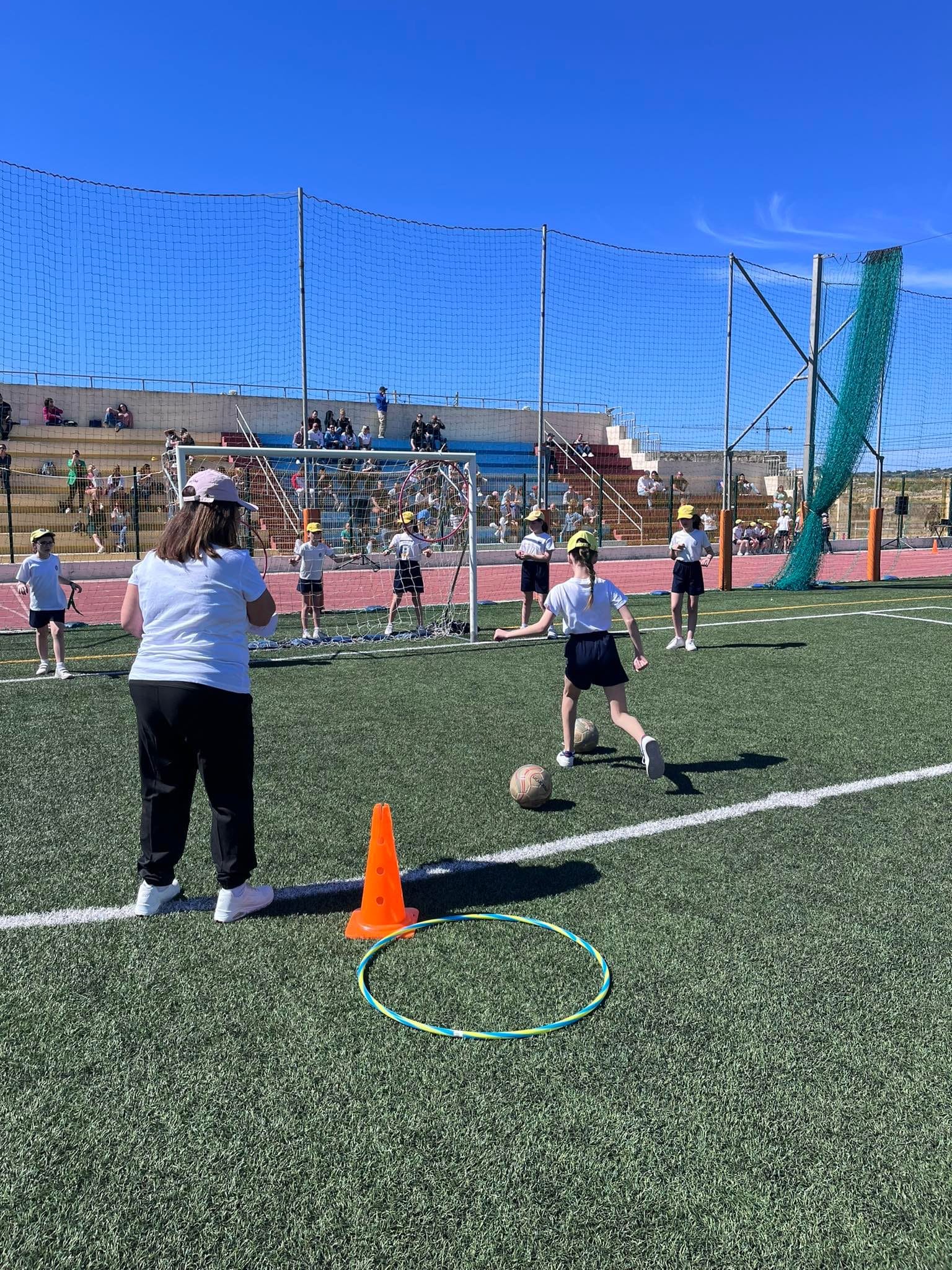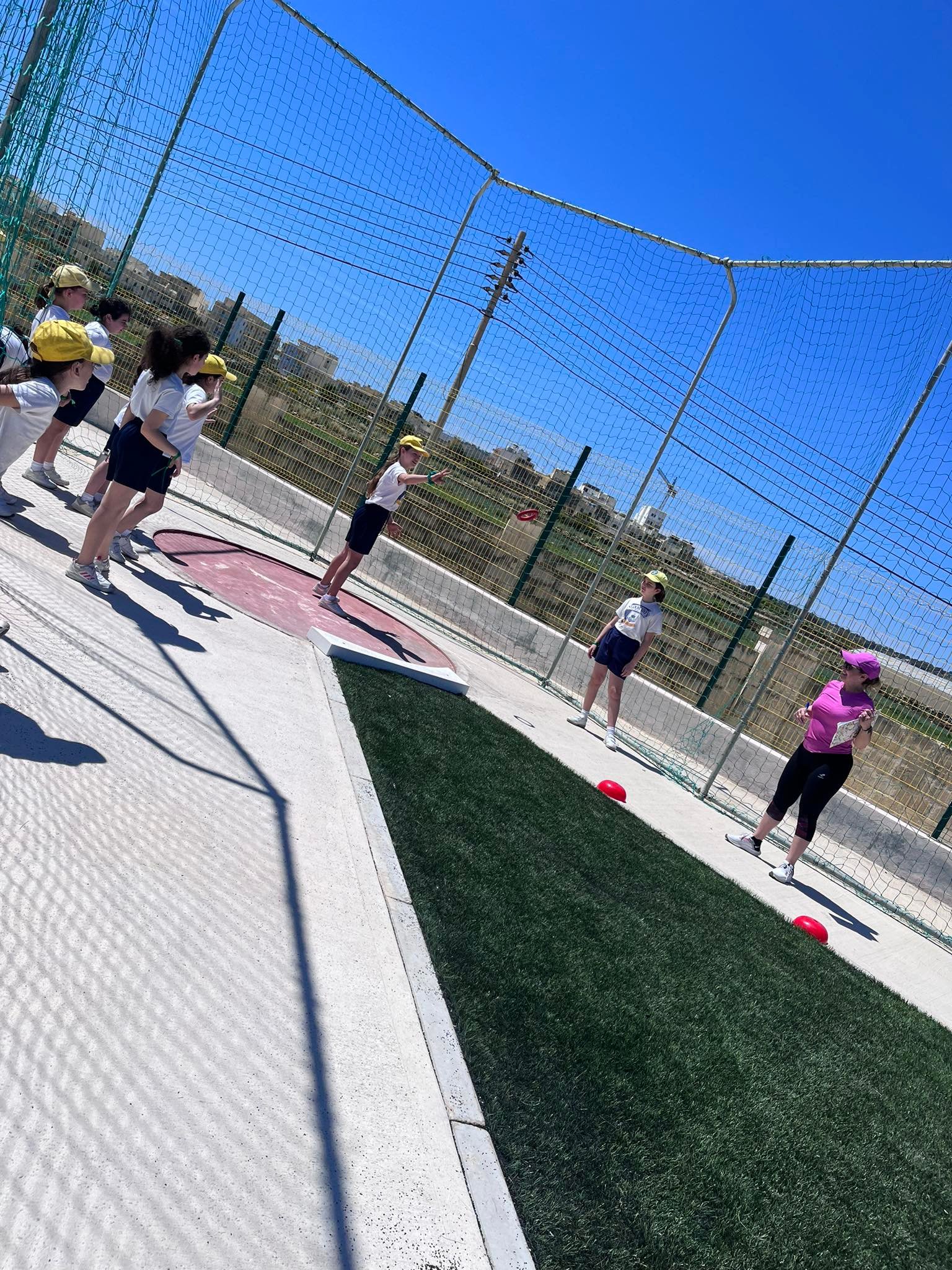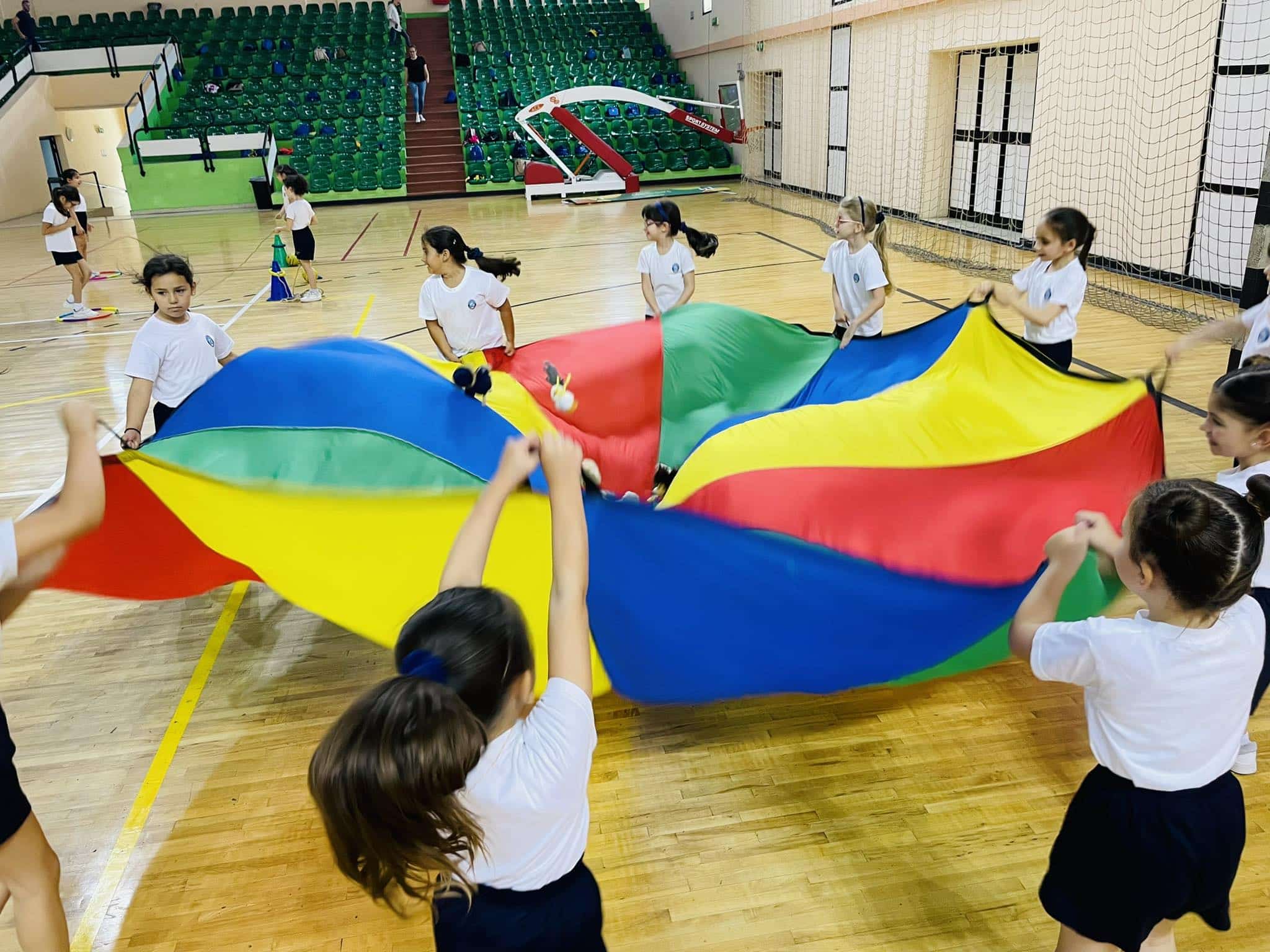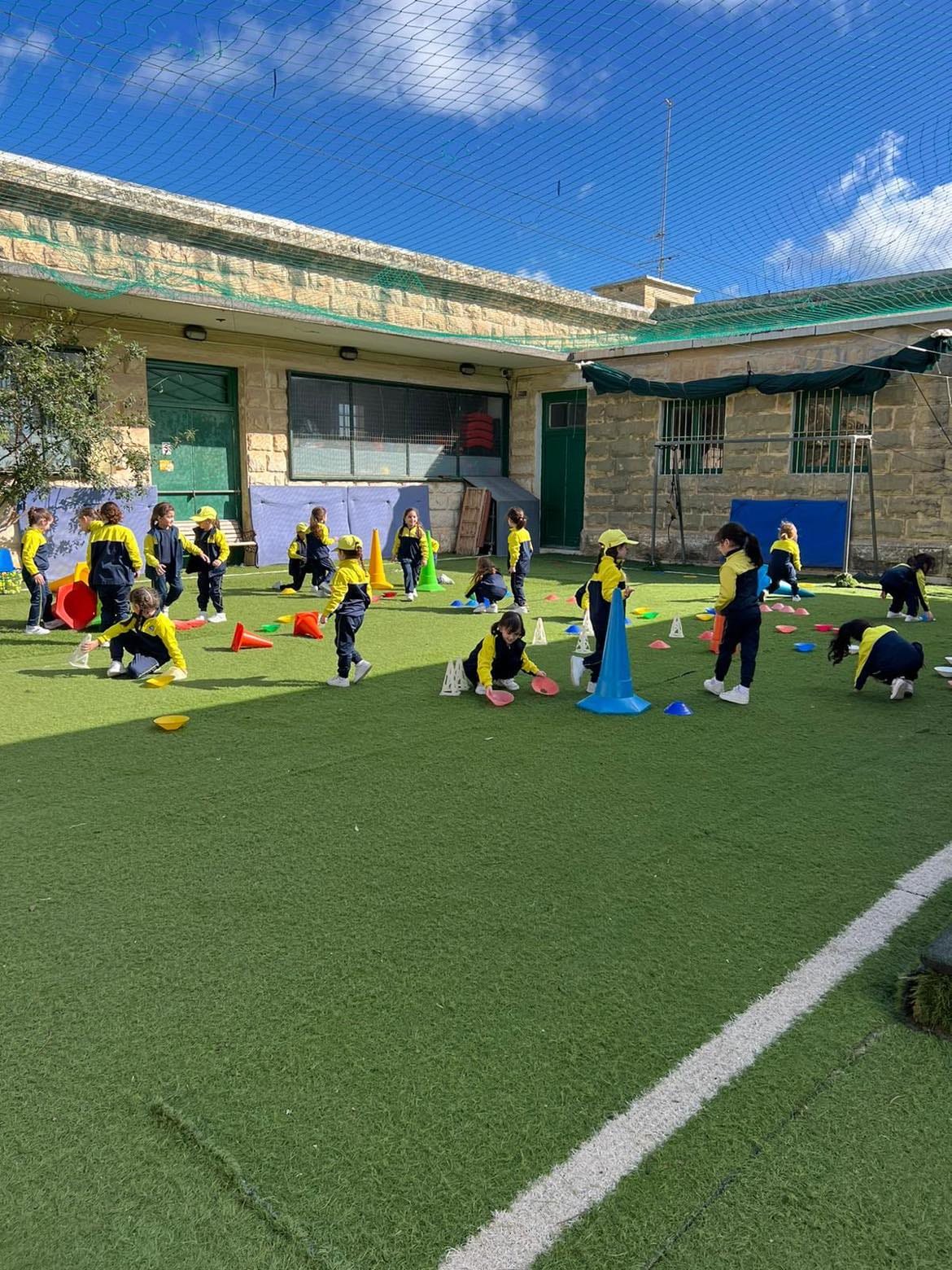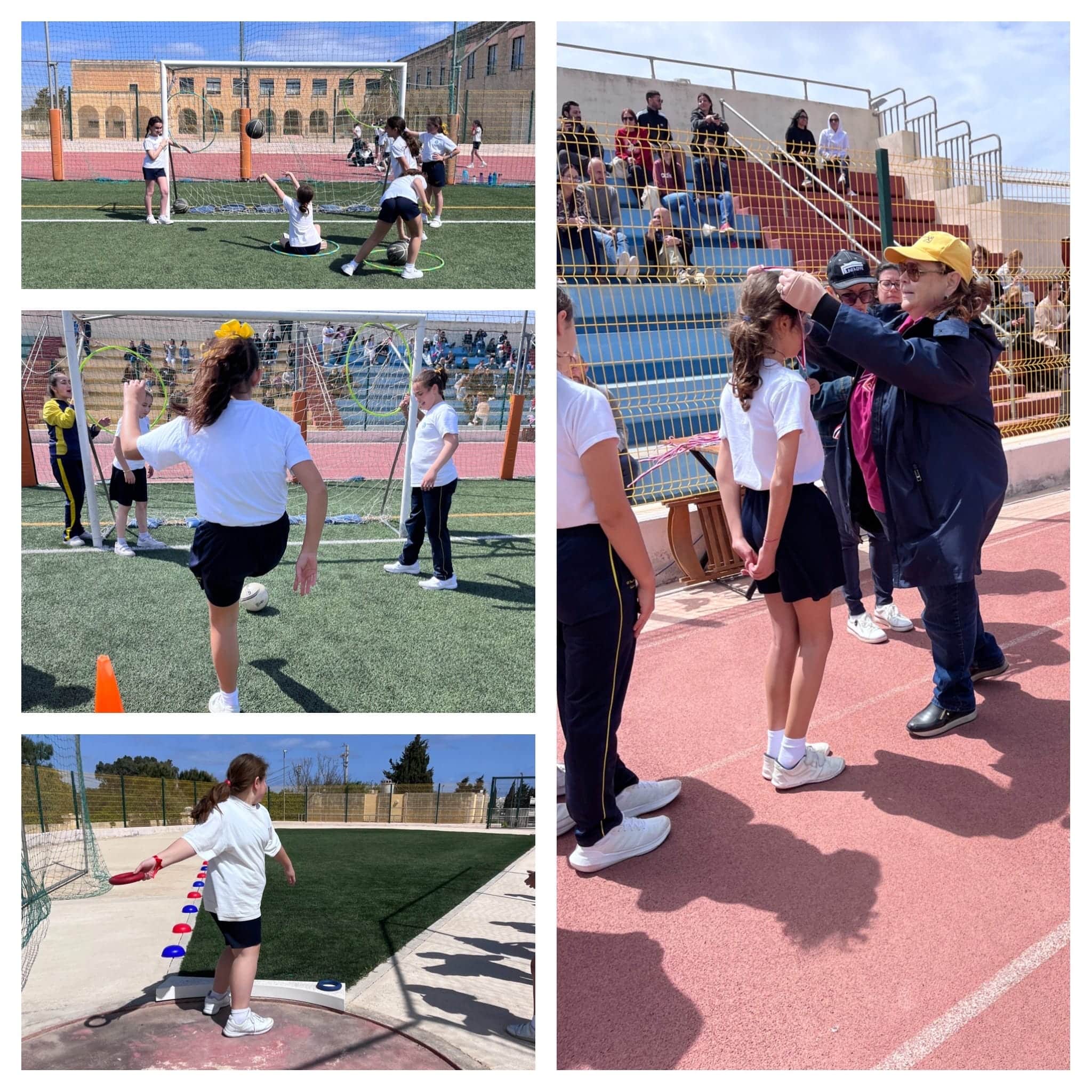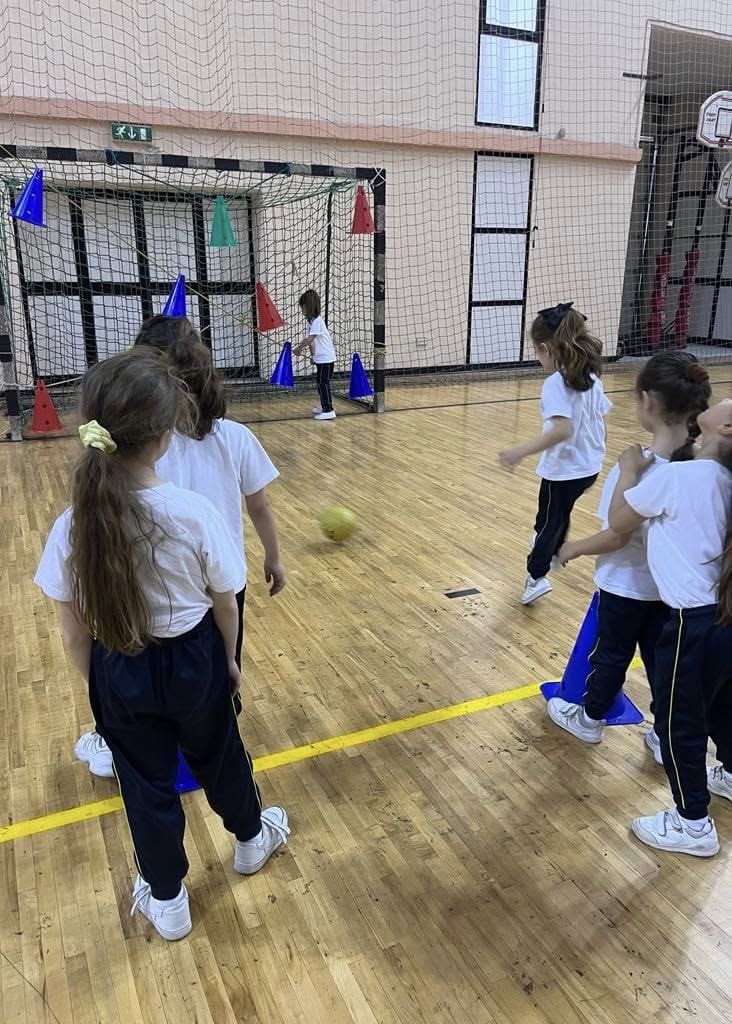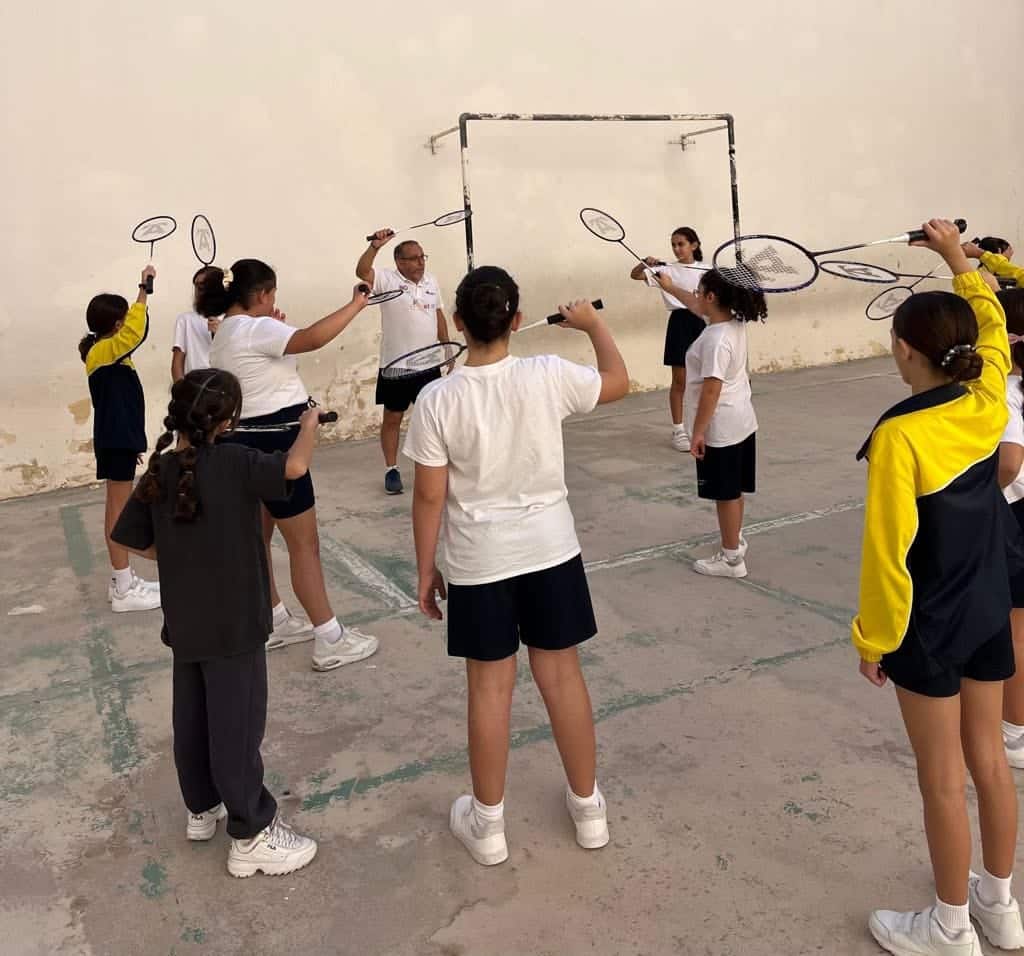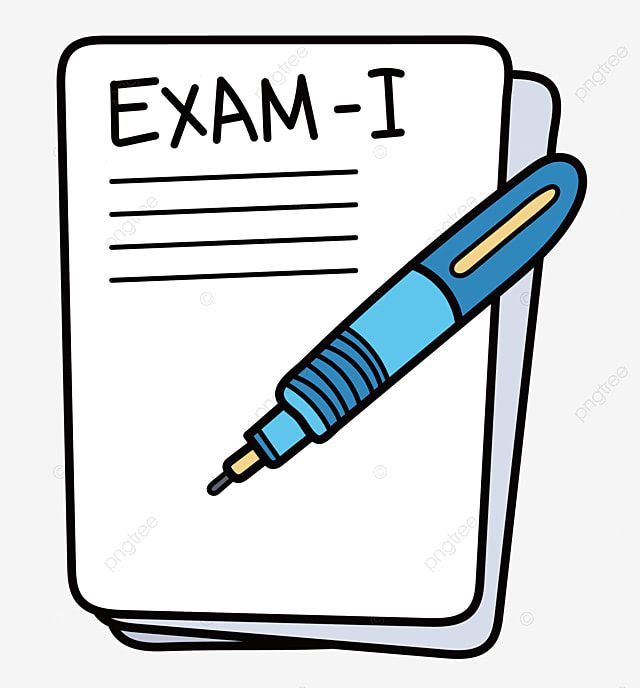About Junior School Sliema
Discover St. Dorothy’s Junior School Sliema
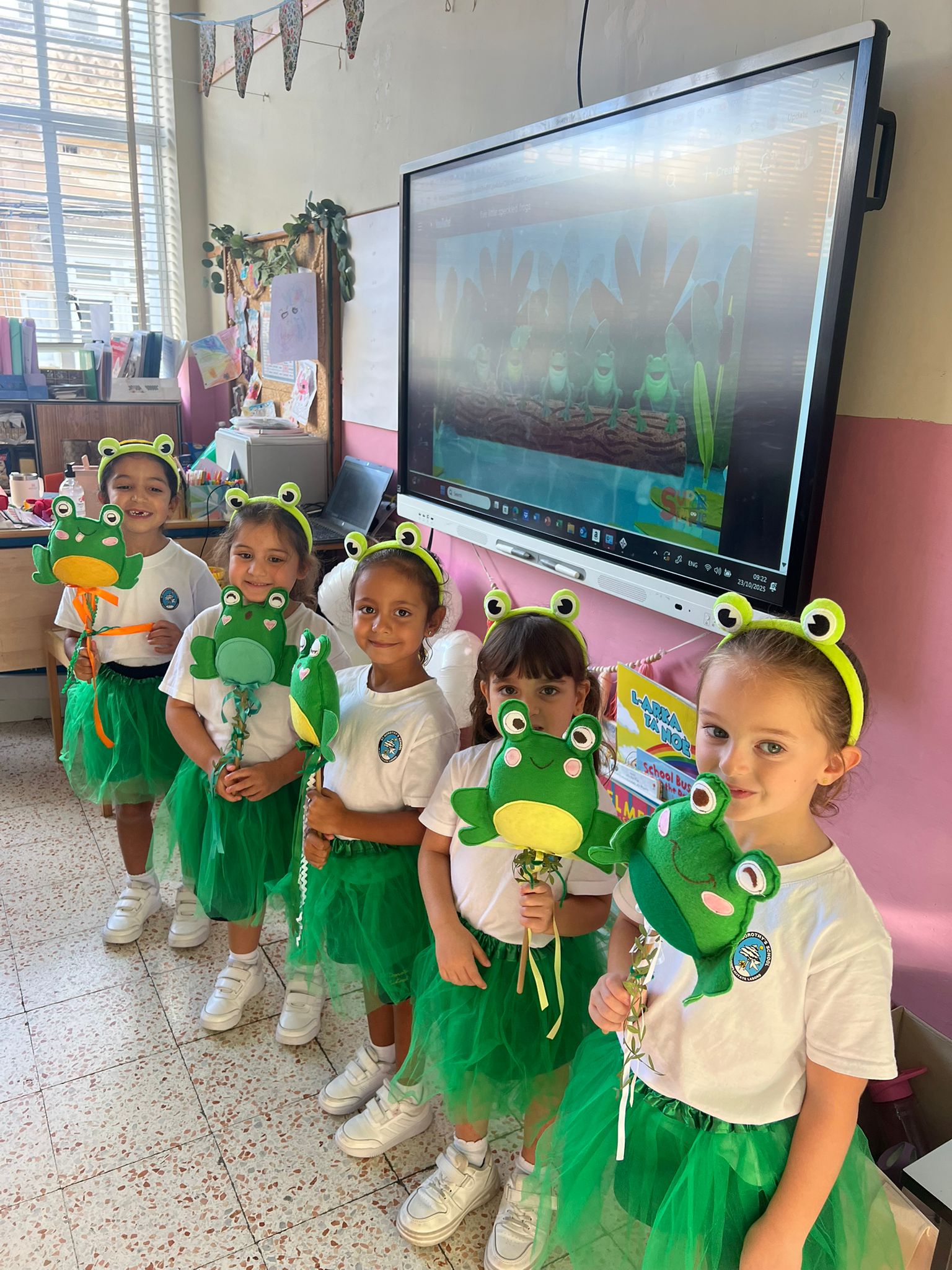
St. Dorothy’s Junior School Sliema is one of the two Junior schools belonging to the congregation of St Dorothy’s in Malta. The school caters for students from Pre-Grade up to Grade 6. Students then leave the Sliema premises to continue their academic journey at St Dorothy’s Senior School Ħaż-Żebbuġ. The Sliema premises caters for about three hundred students. The school boasts of its commitment to ensuring that the students receive a holistic academic and spiritual education.
We believe that children entrusted into our care are:
‘The images of God without a frame’ (St Paula Frassinetti)
Committed to helping students become the best version of themselves, our main belief is that different children learn through different means and that there is no limit on how much any one child can achieve. Through the Christian foundation of our school, based on the Catholic values and teachings of St Paula Frassinetti, our children thrive in an environment where they focus on their own attainment and learn to become the best version of themselves. Teaching and learning through a child-centred approach based on the interests of the children, helps the children remain enthusiastic and eager to explore and learn. Children at St Dorothy’s School Sliema learn and grow into considerate, articulate and immensely capable young ladies, who are fully equipped for the next stage of their education.
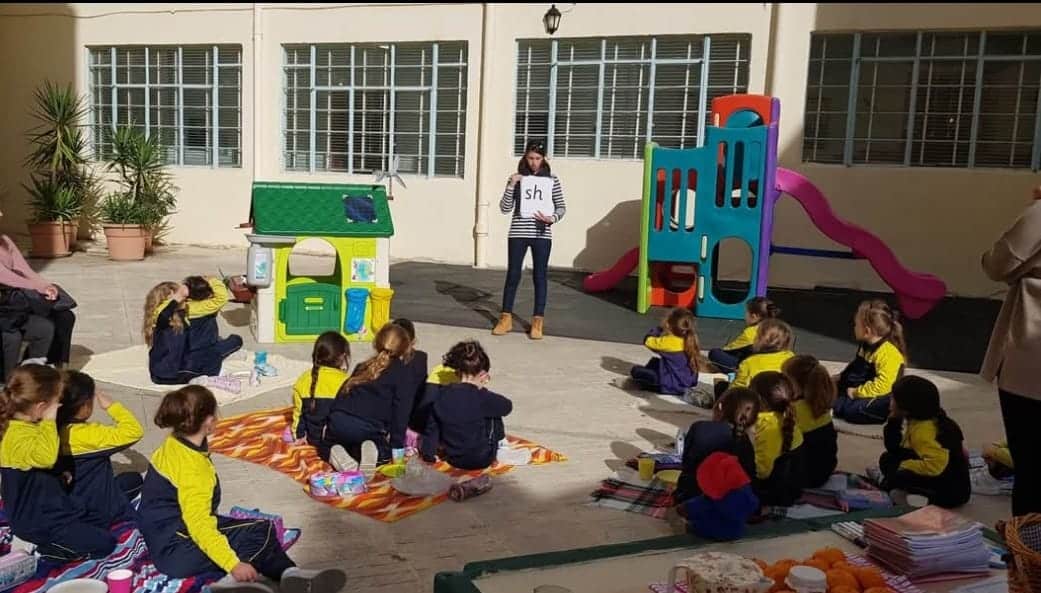
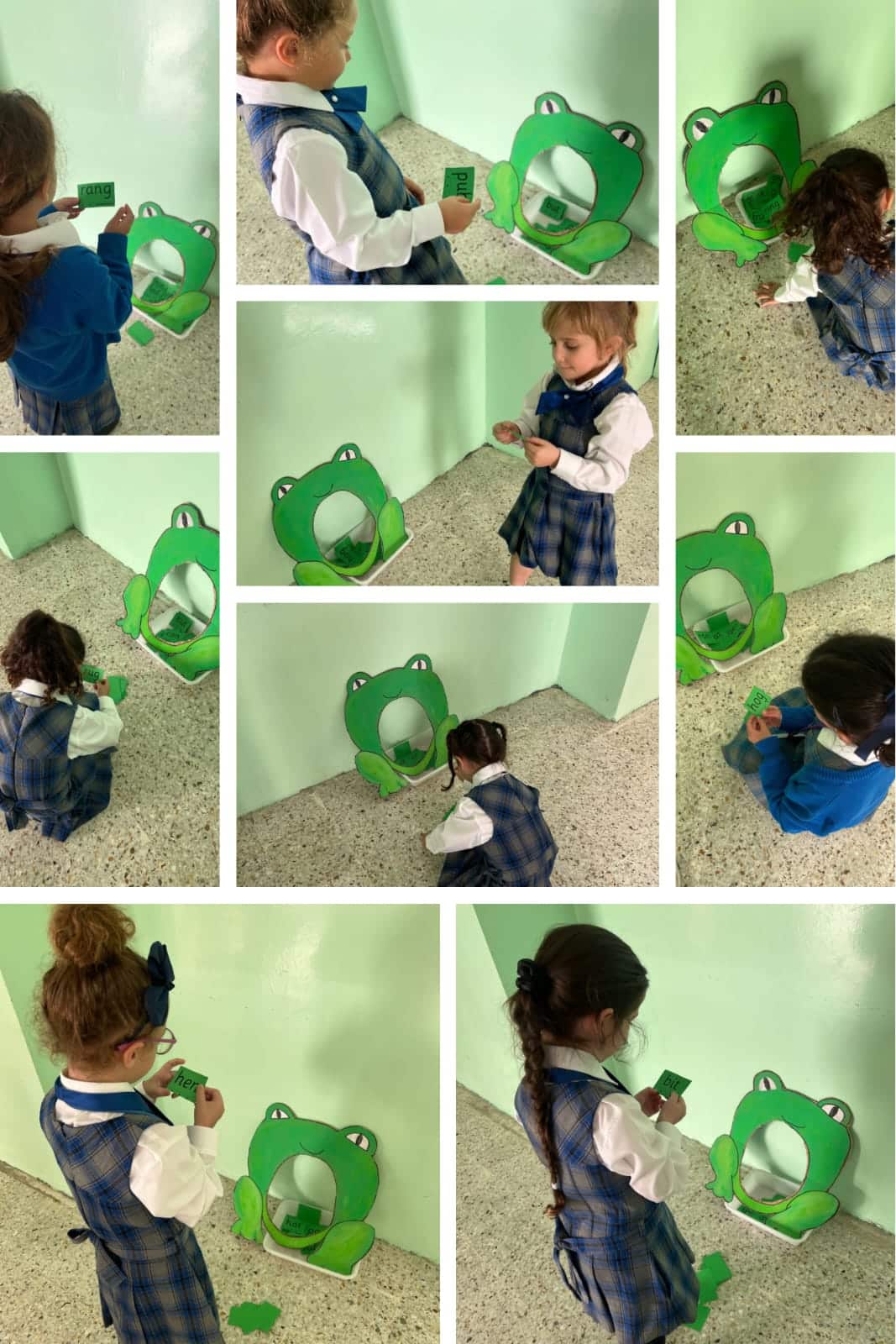
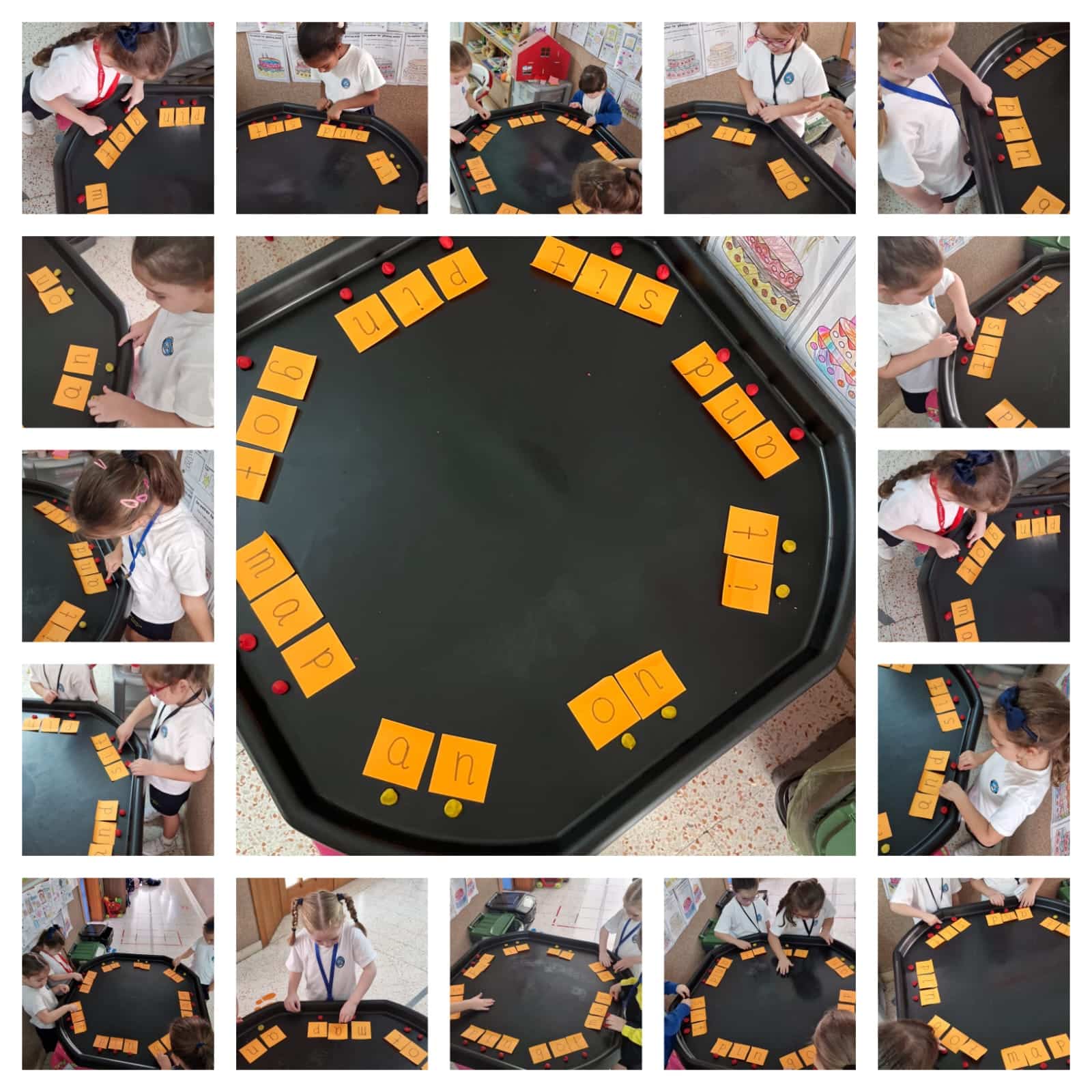
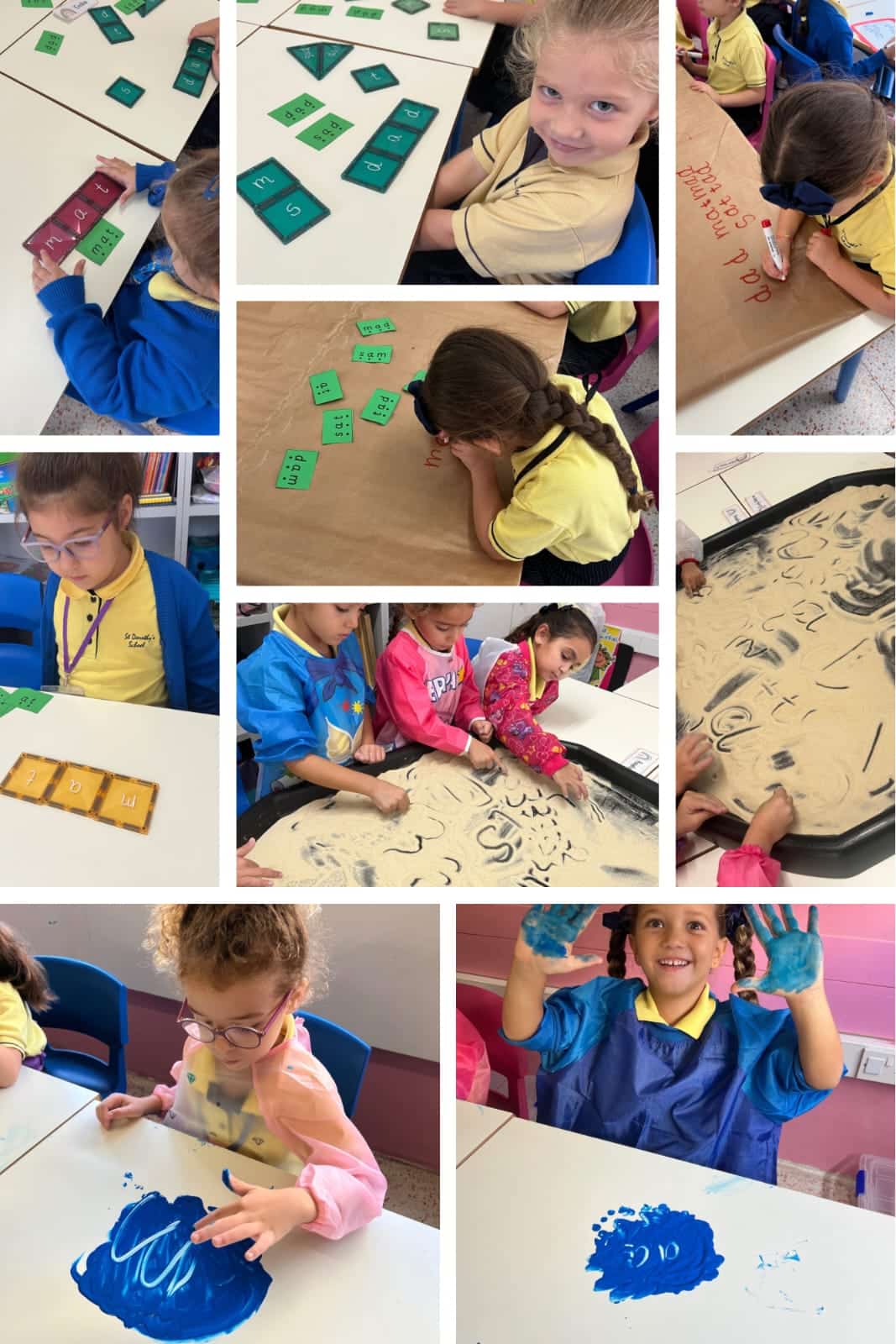
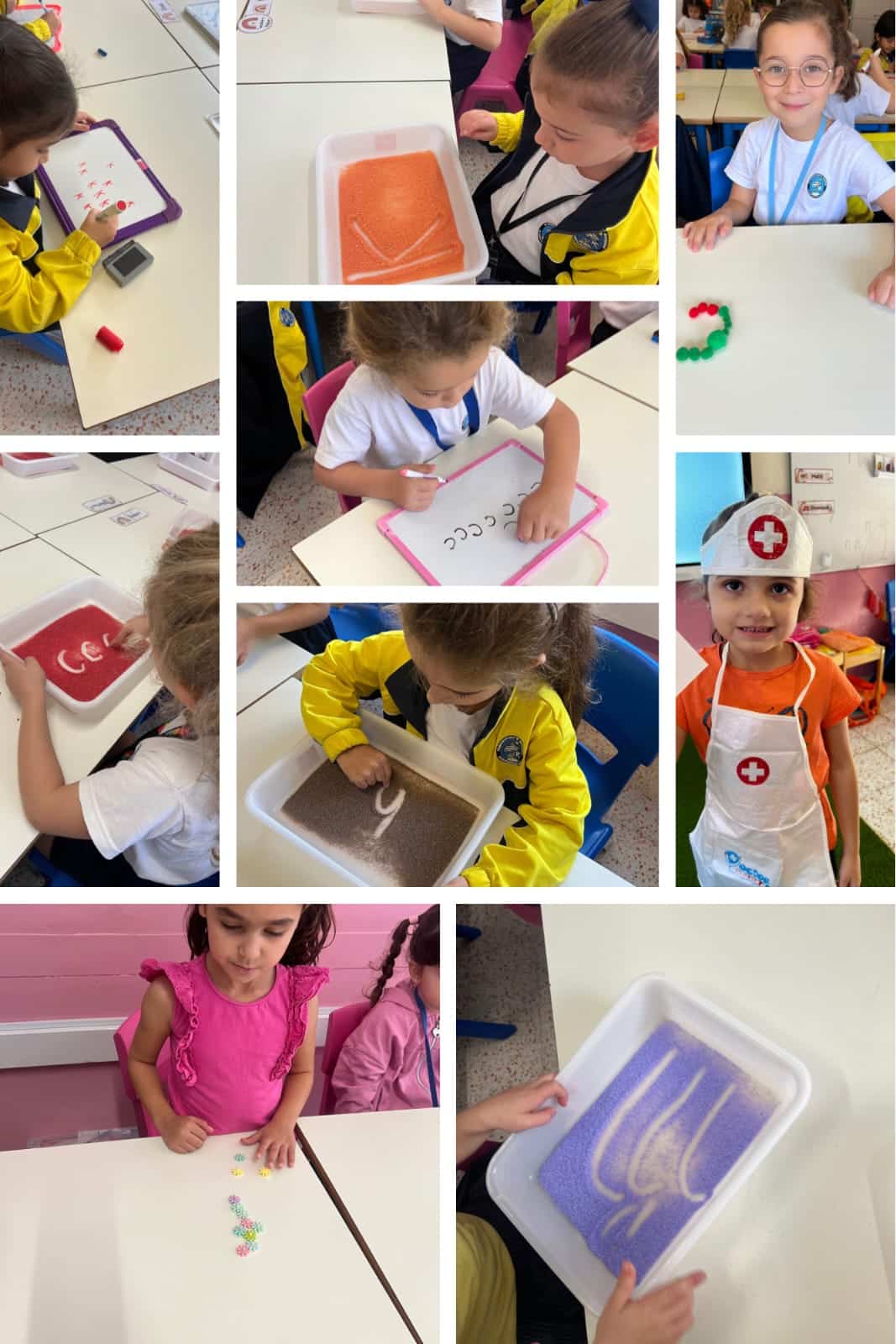
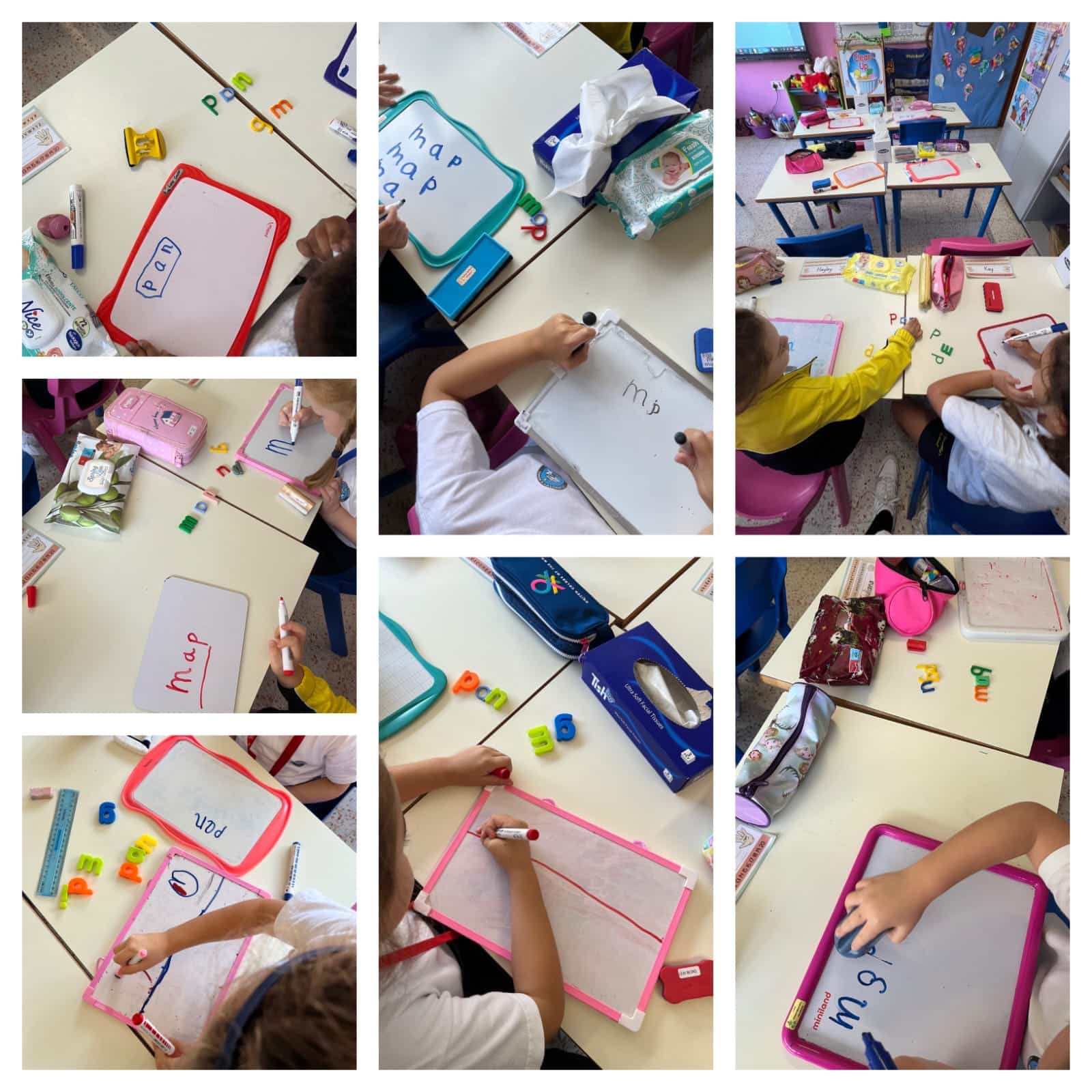
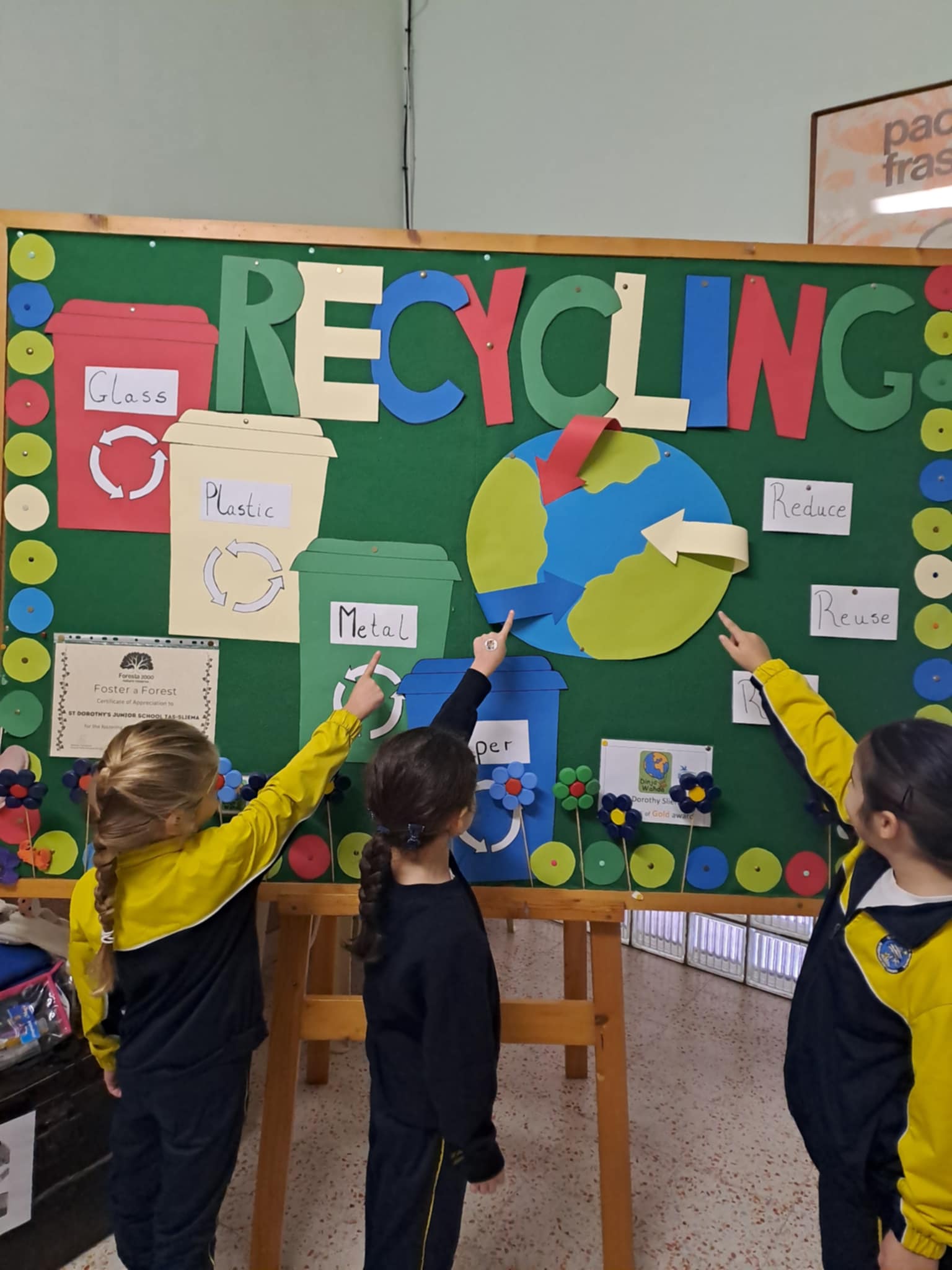
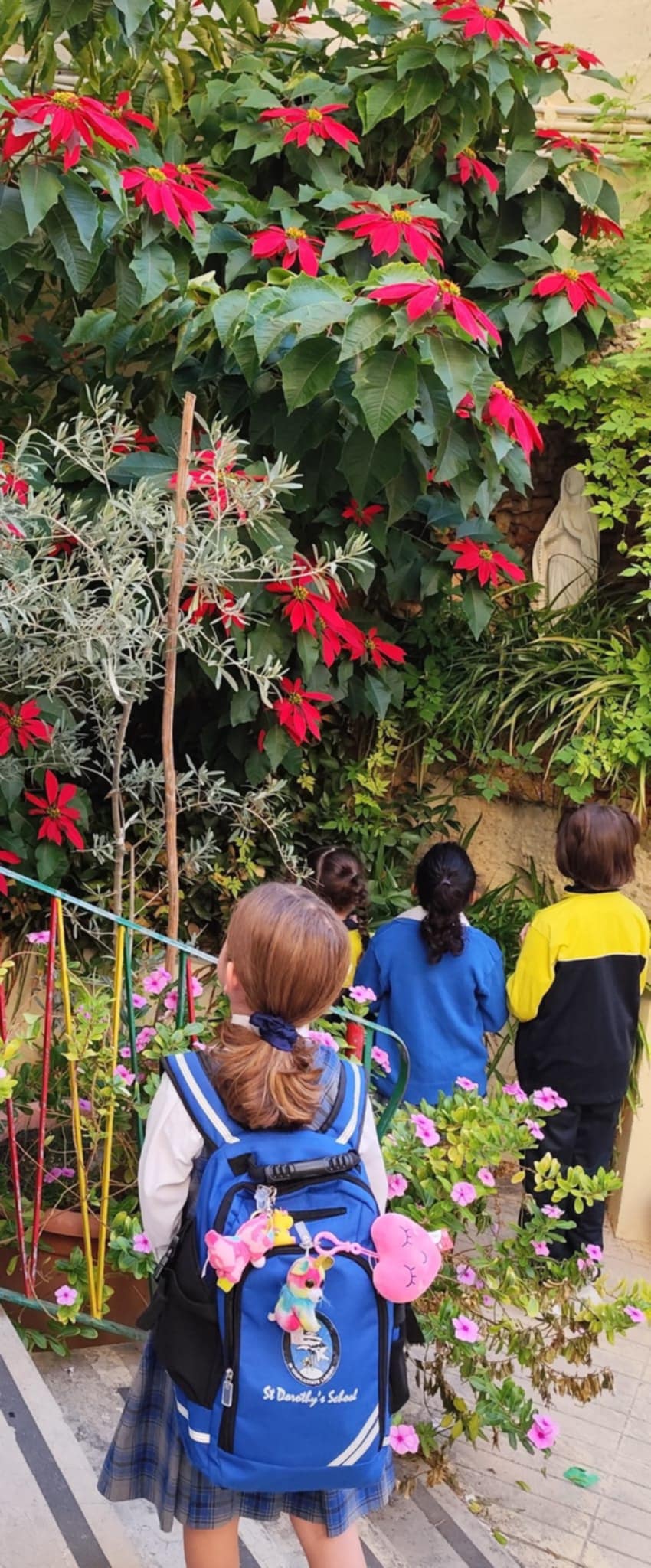
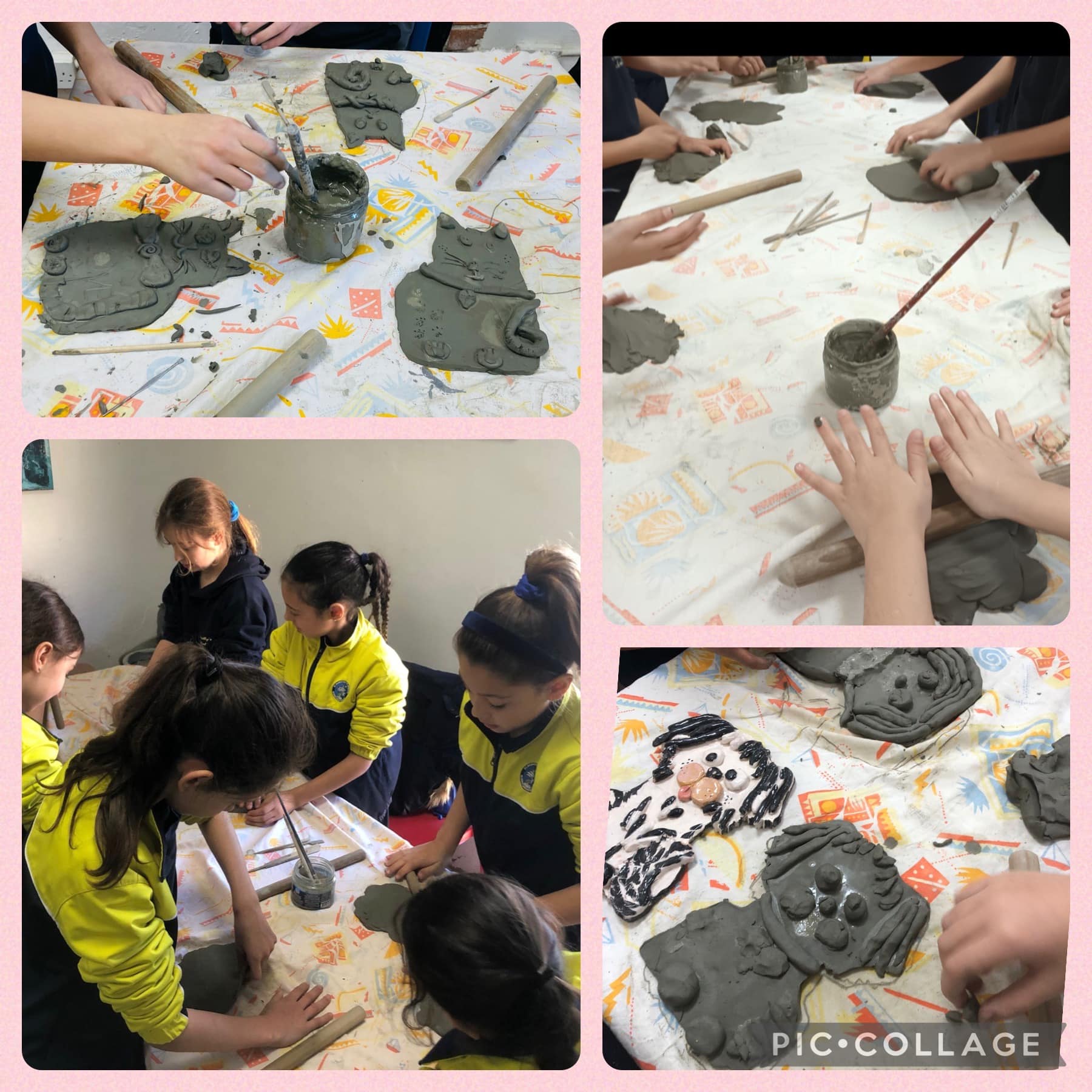
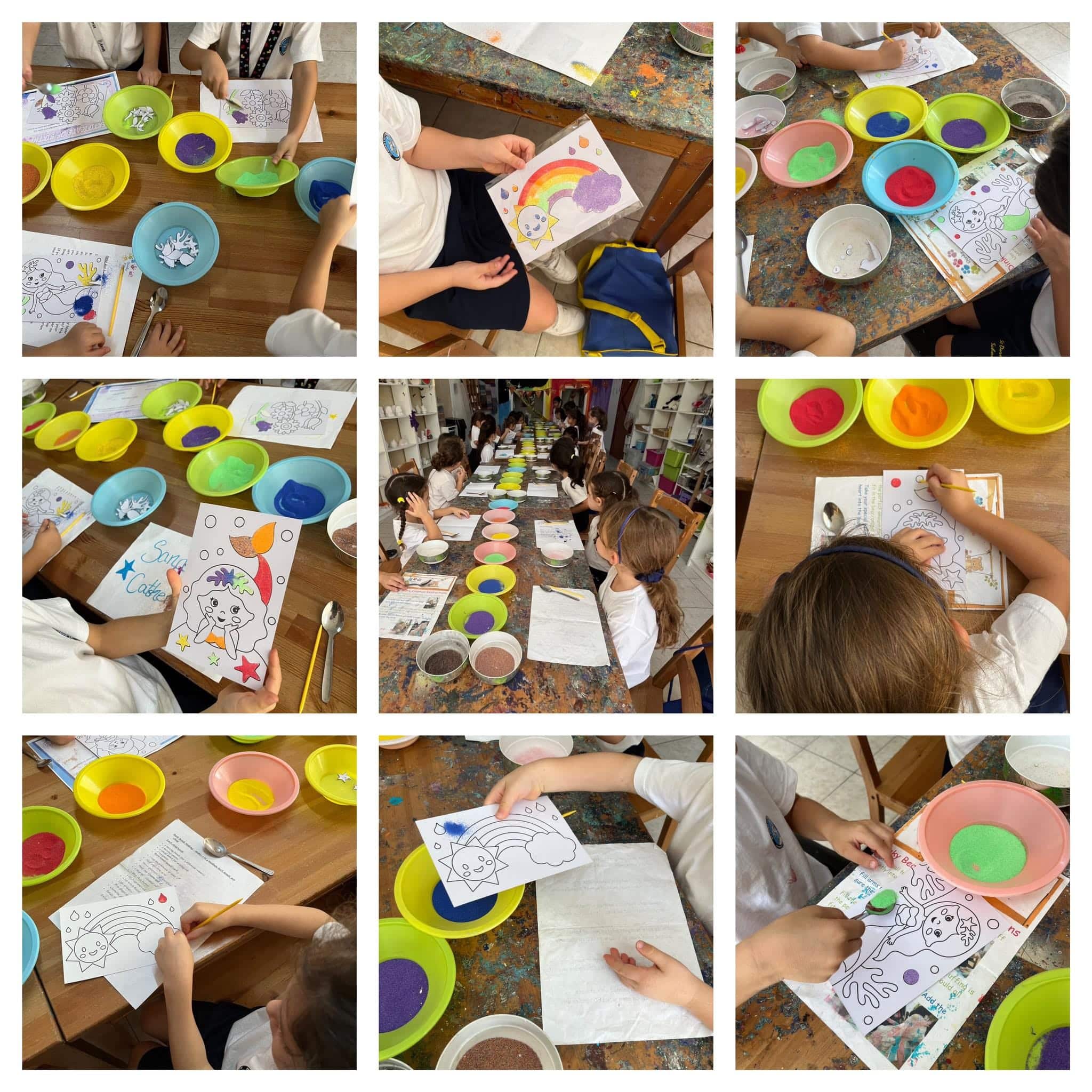
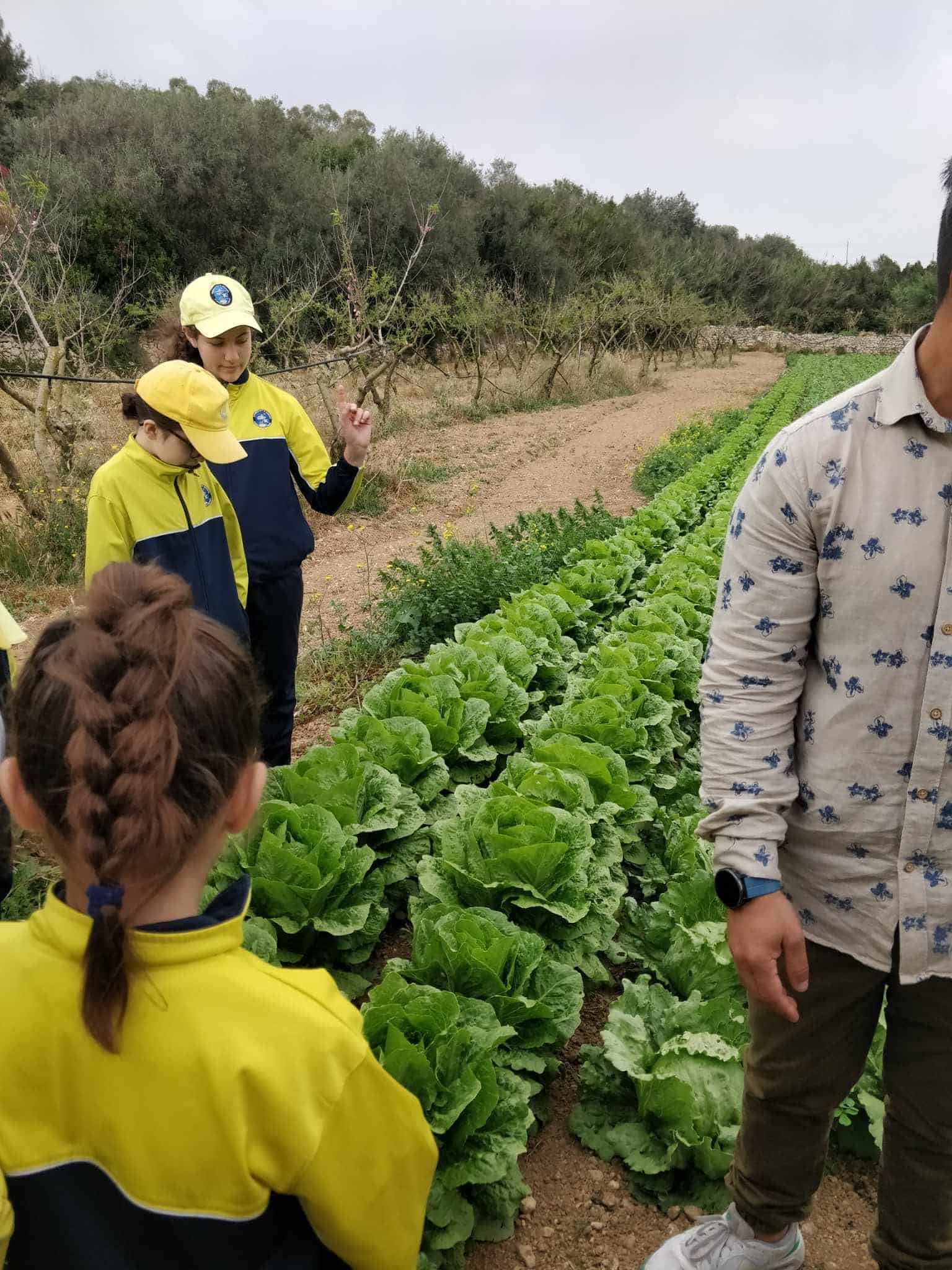
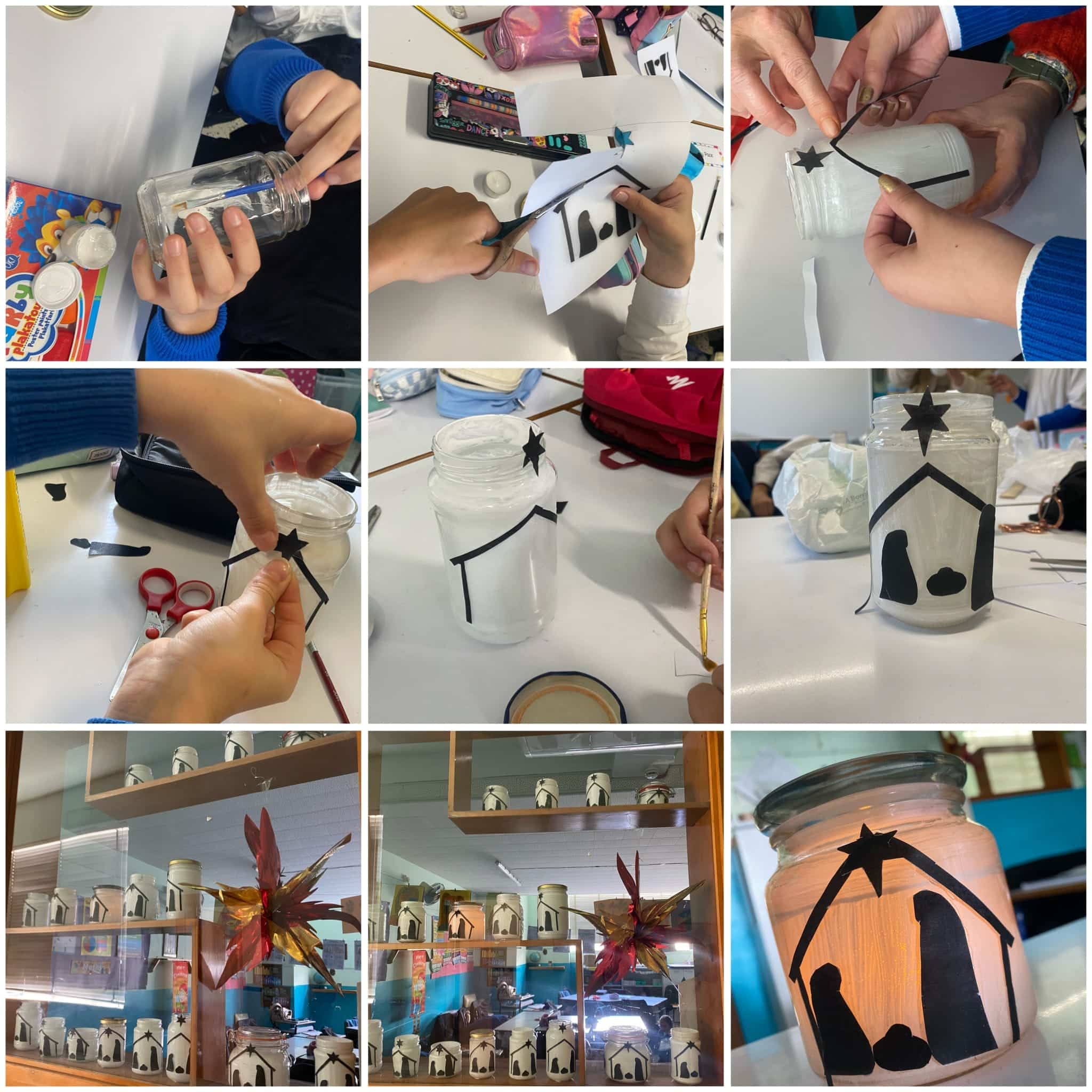
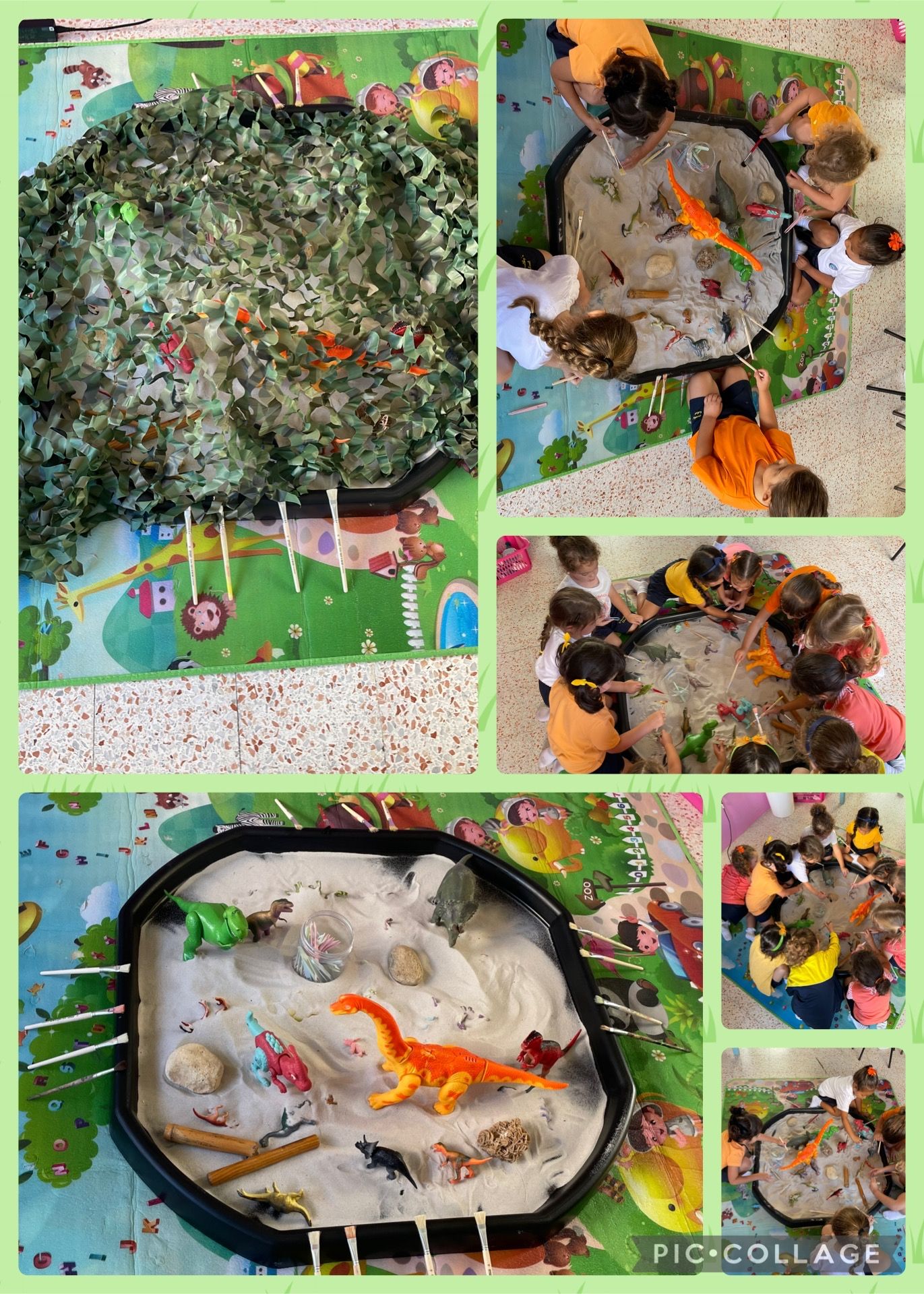
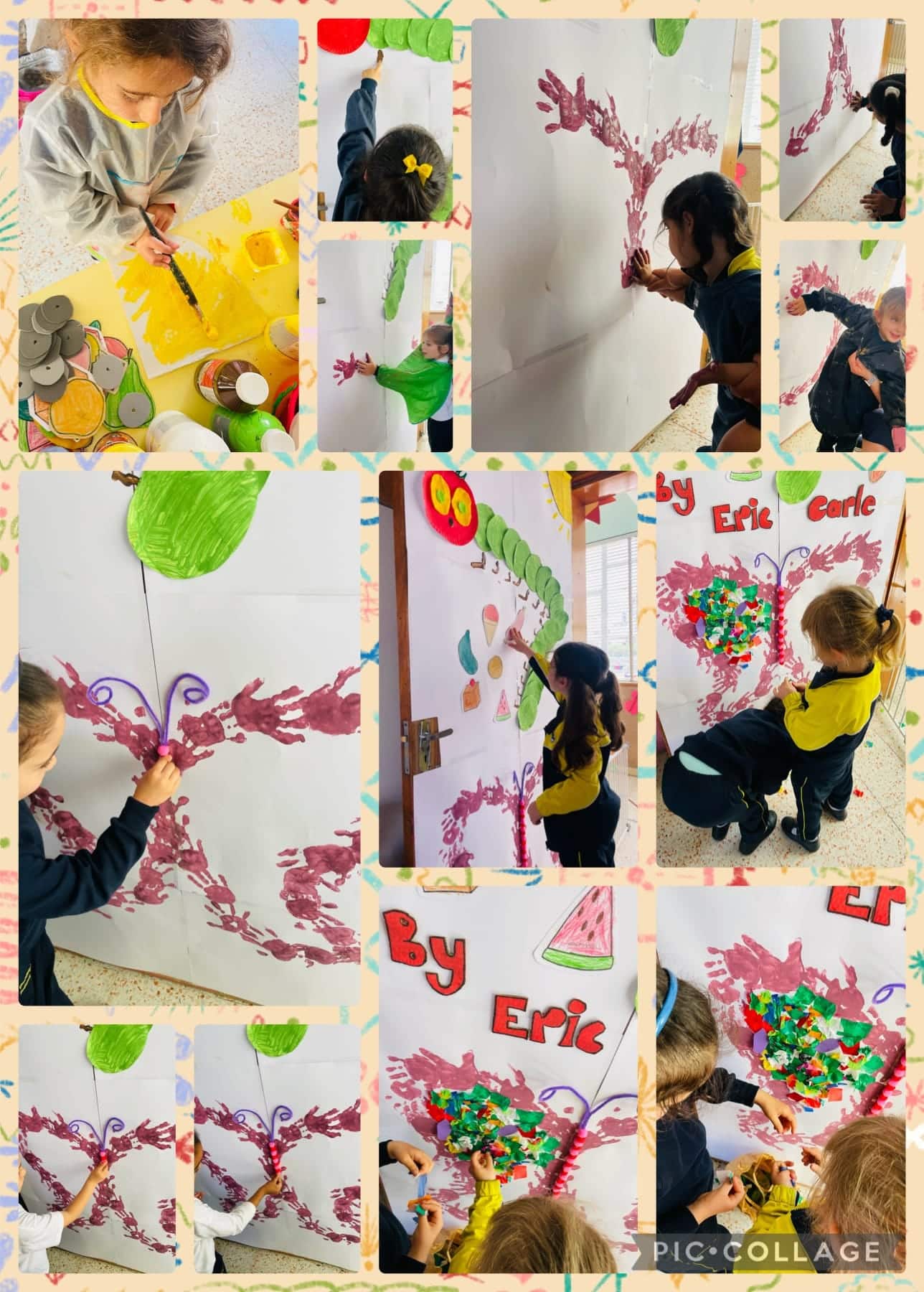
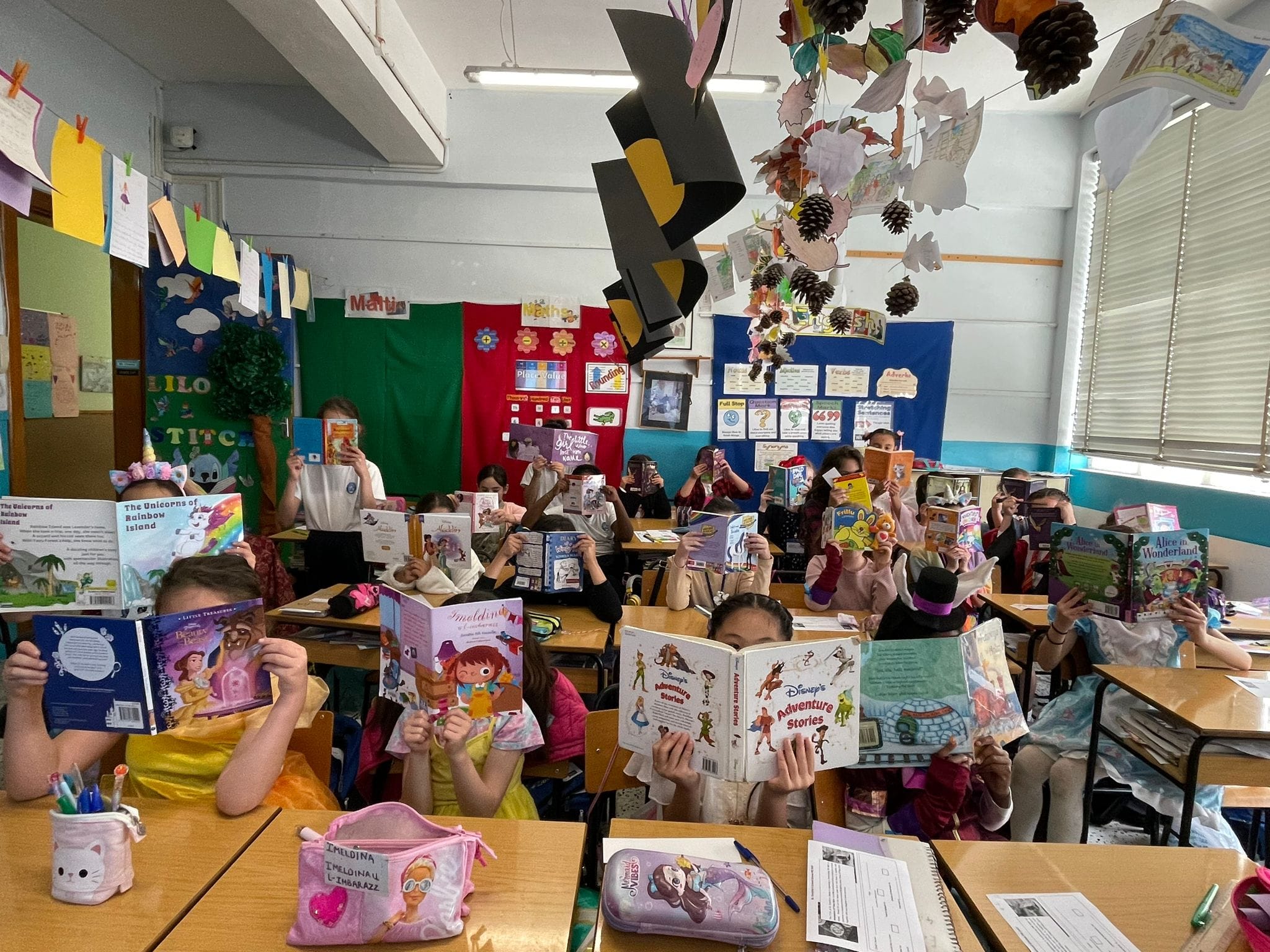
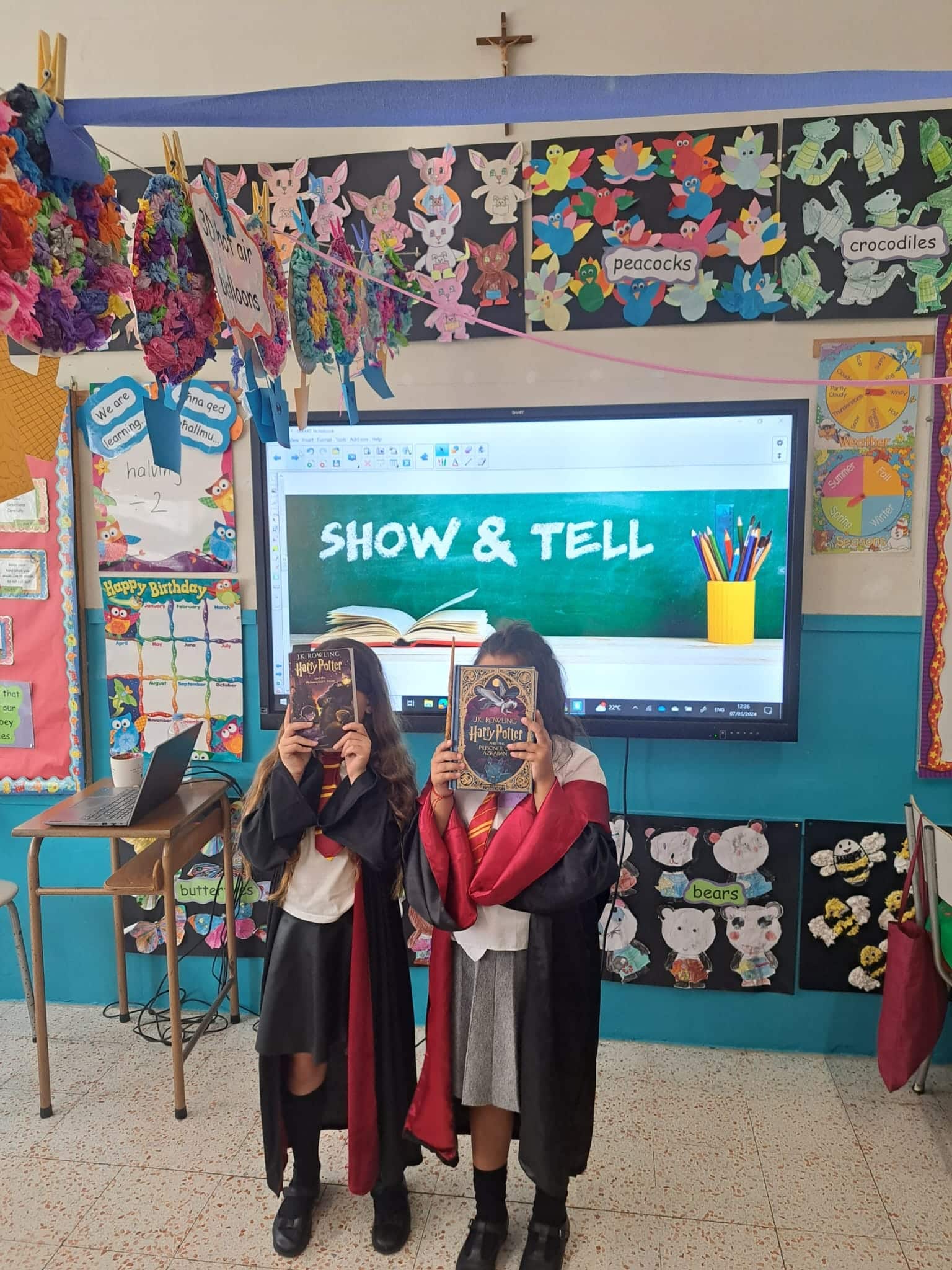
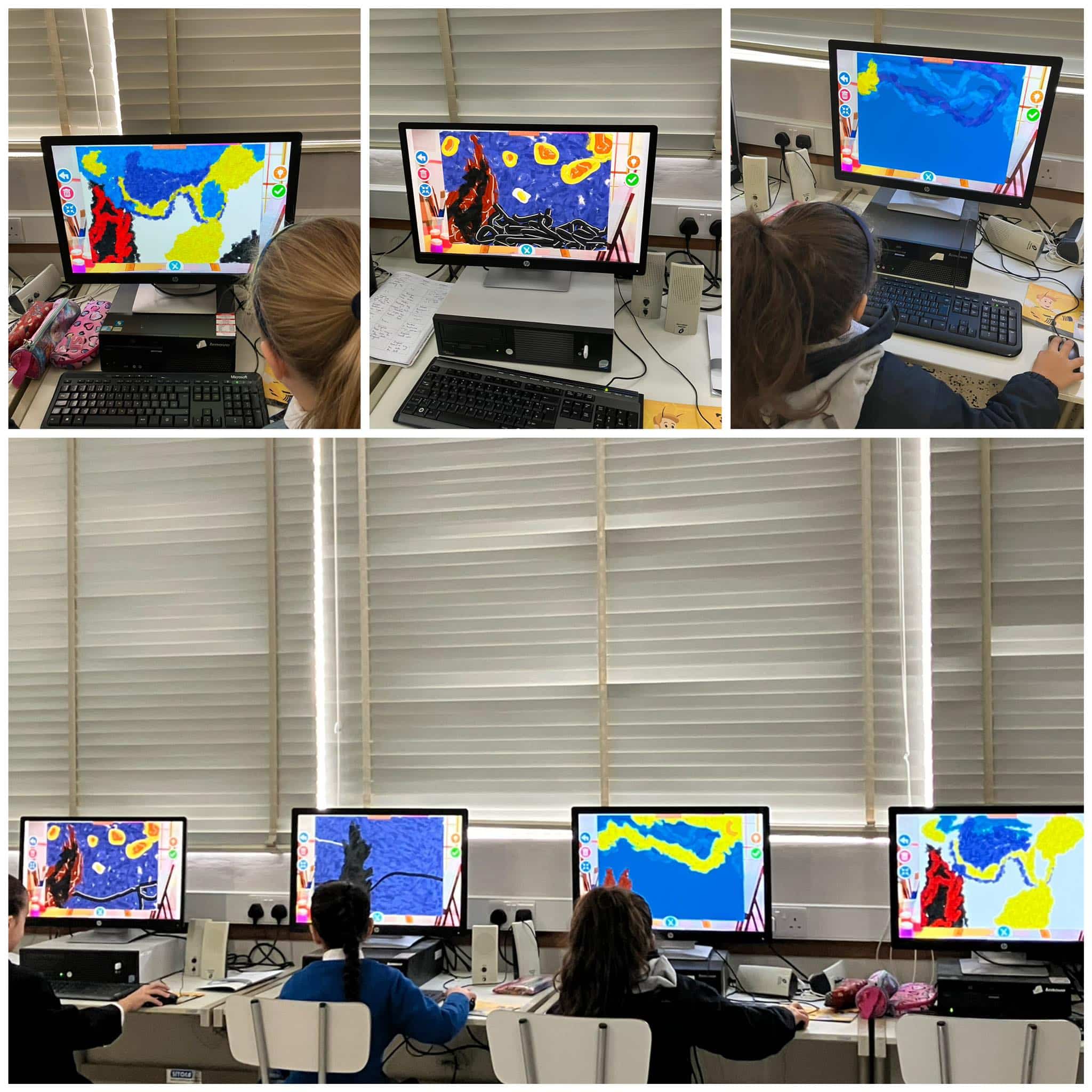
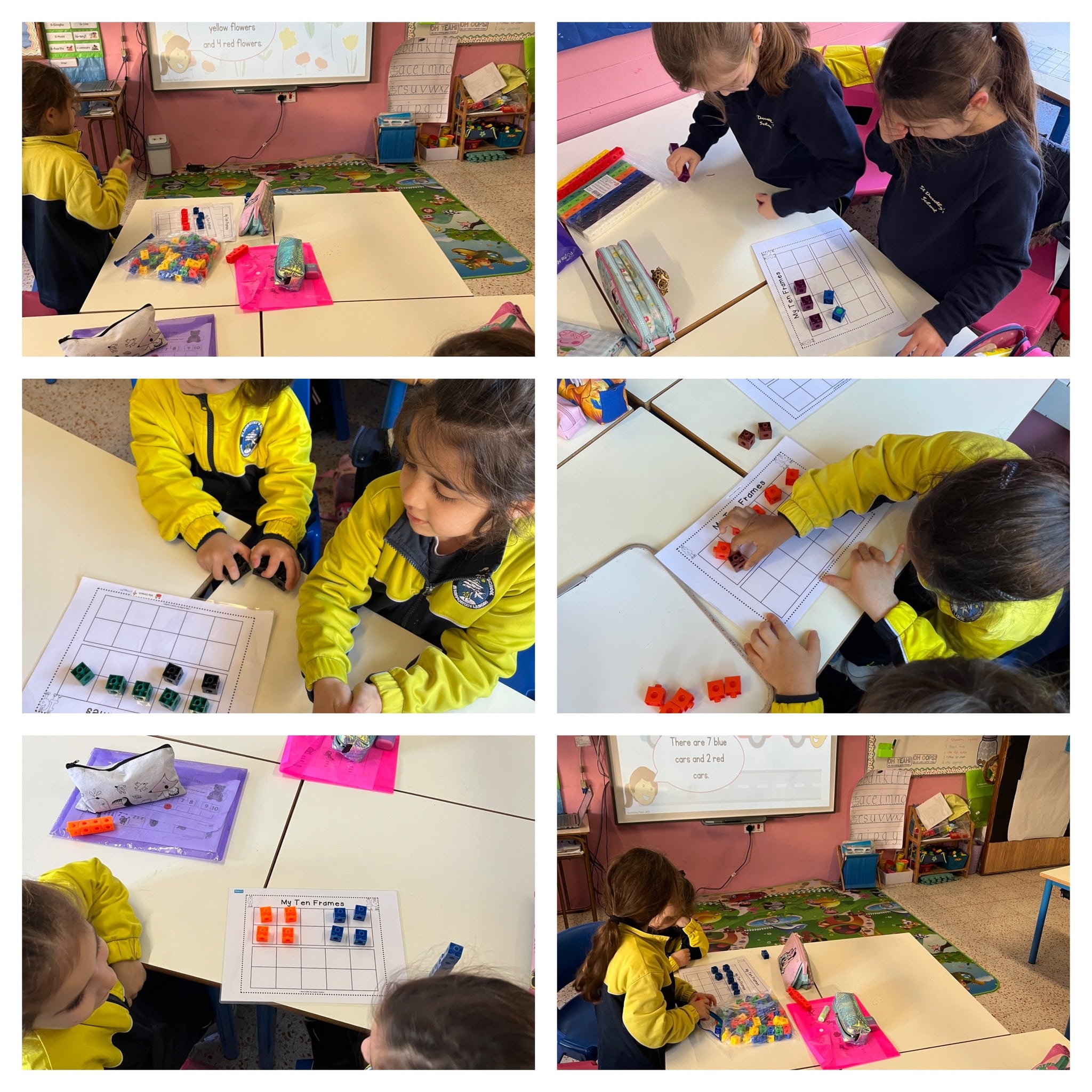
Senior Leadership Team
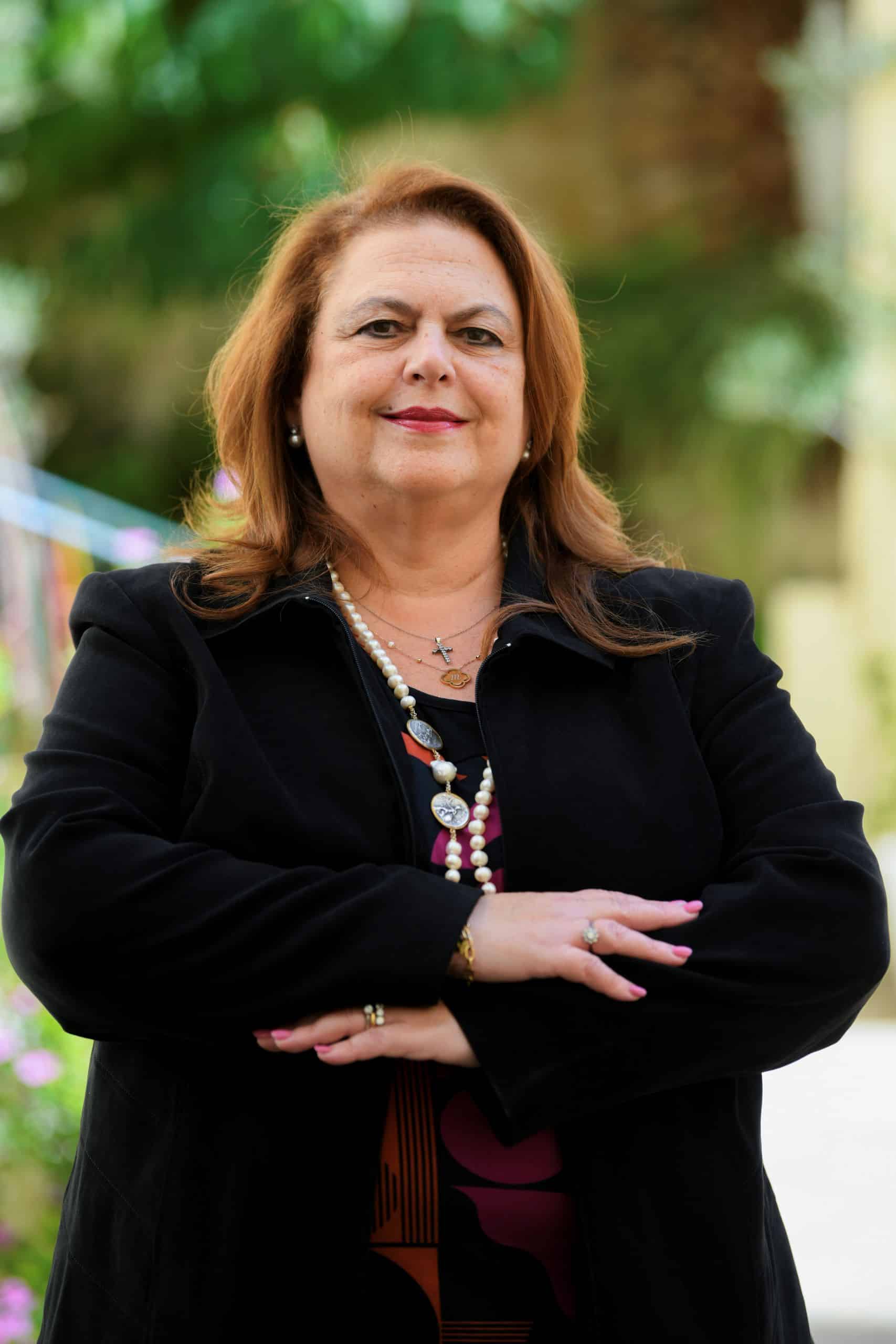
Ms Mariella Schembri - Deputy Head for Grades 5, Grade 6 and DSO
Subjects Offered
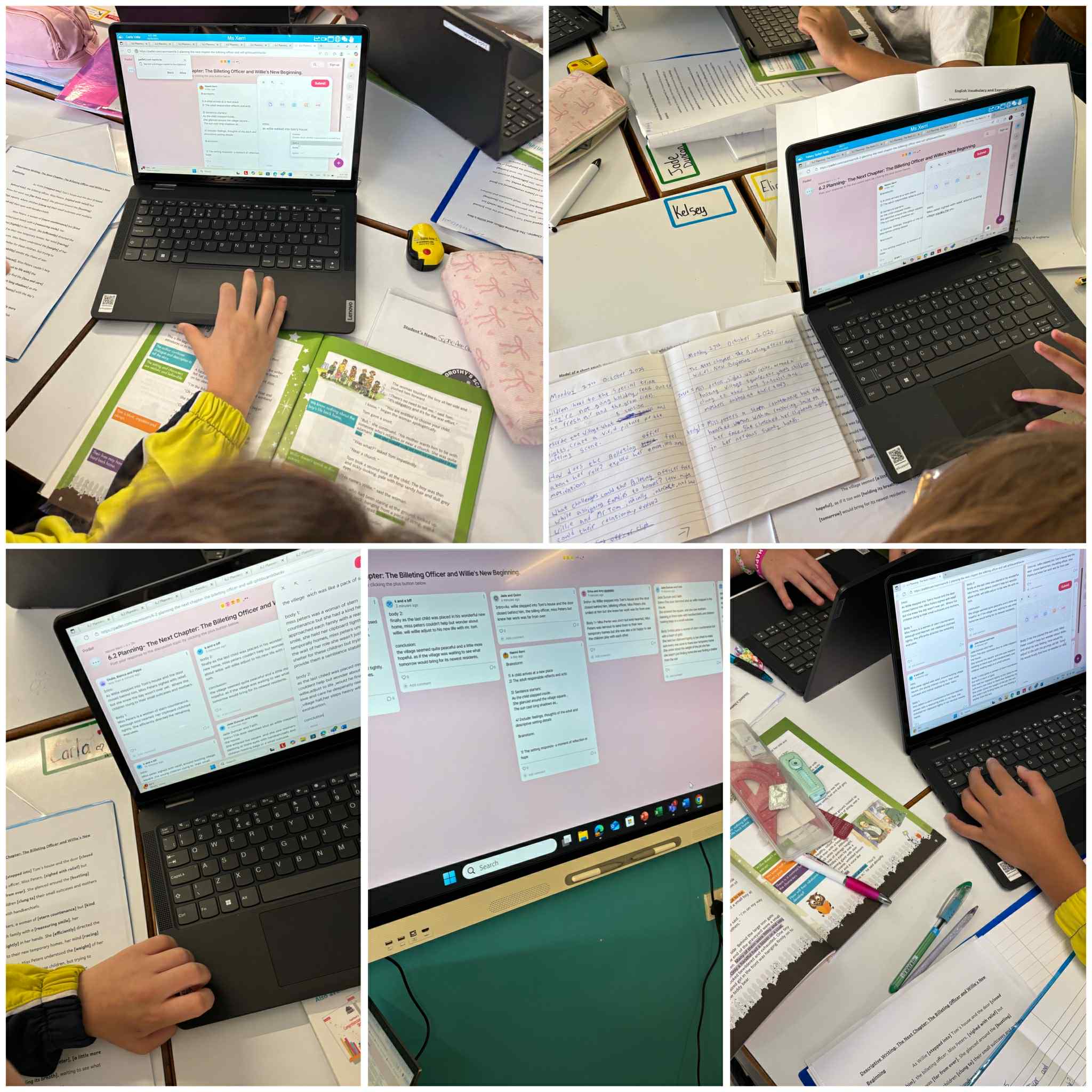
English
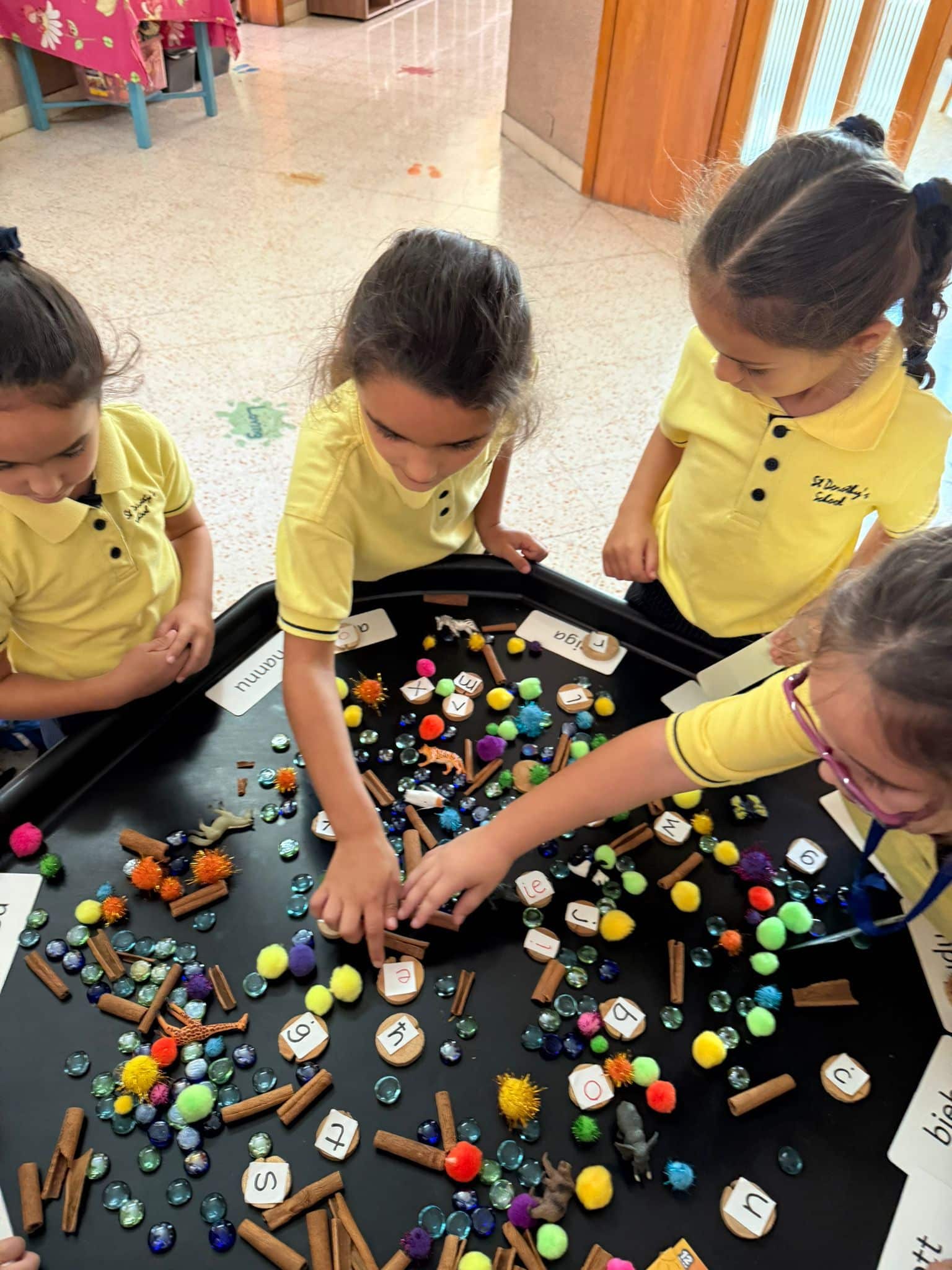
Maltese
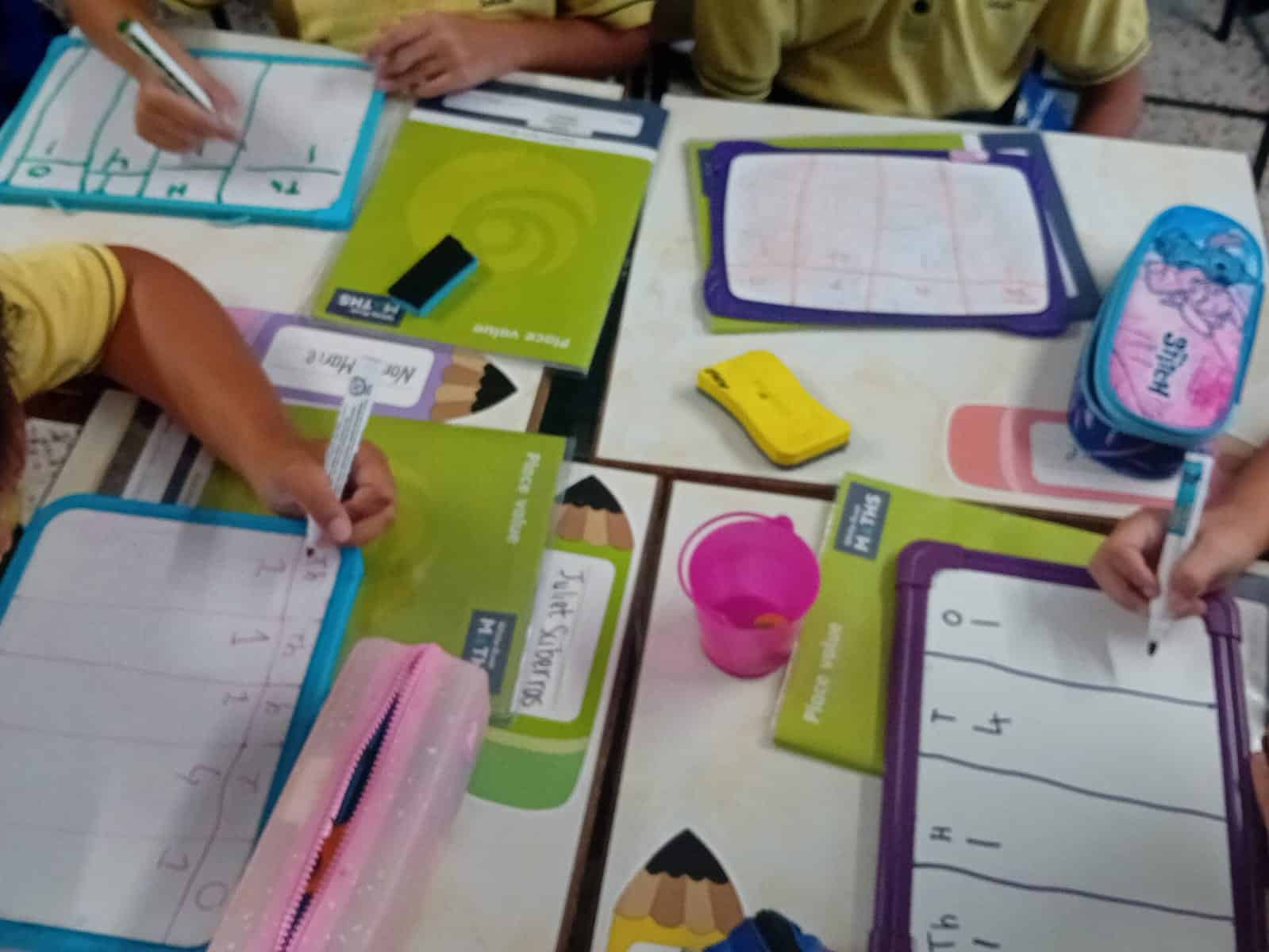
Mathematics
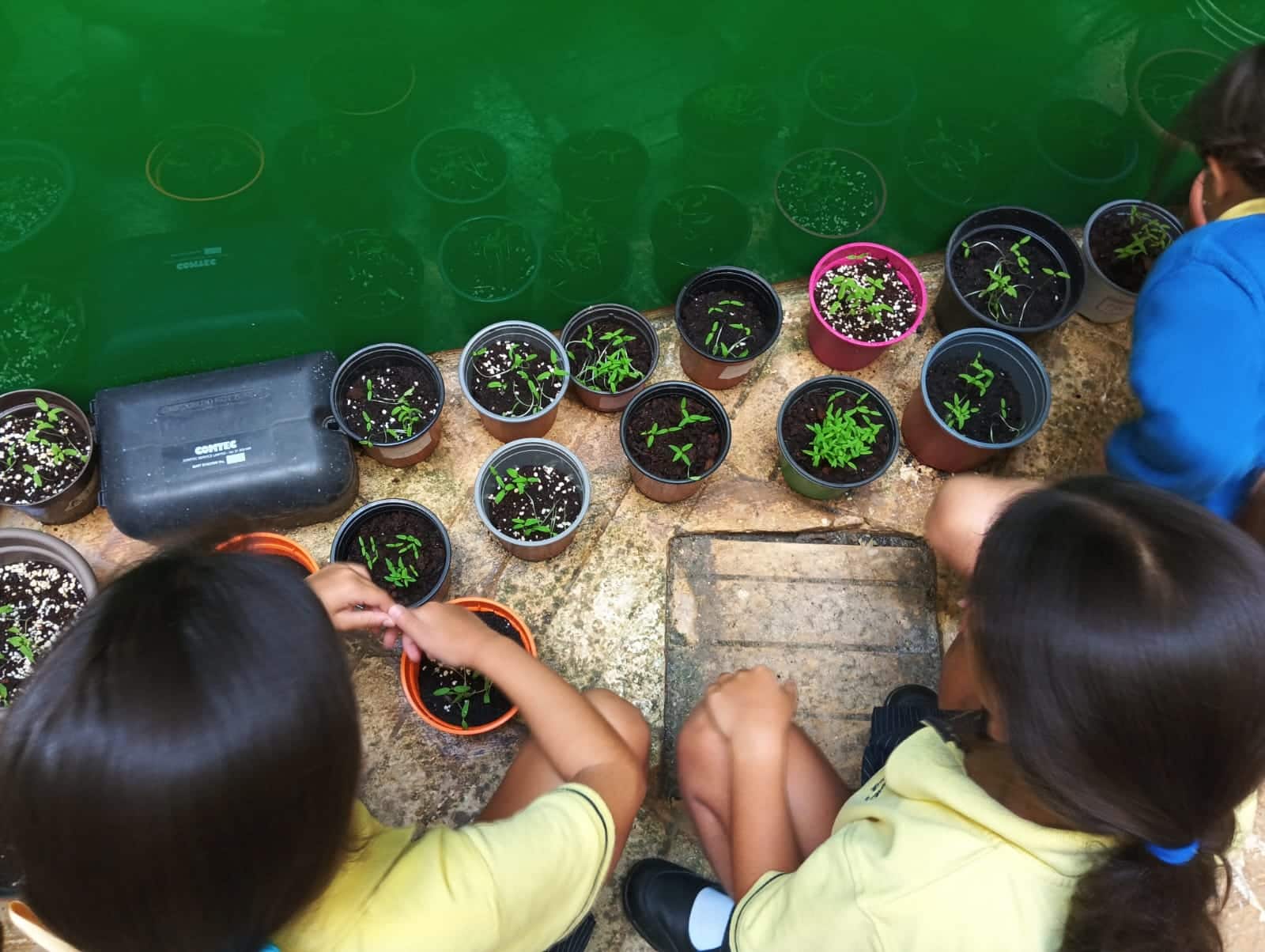
Science
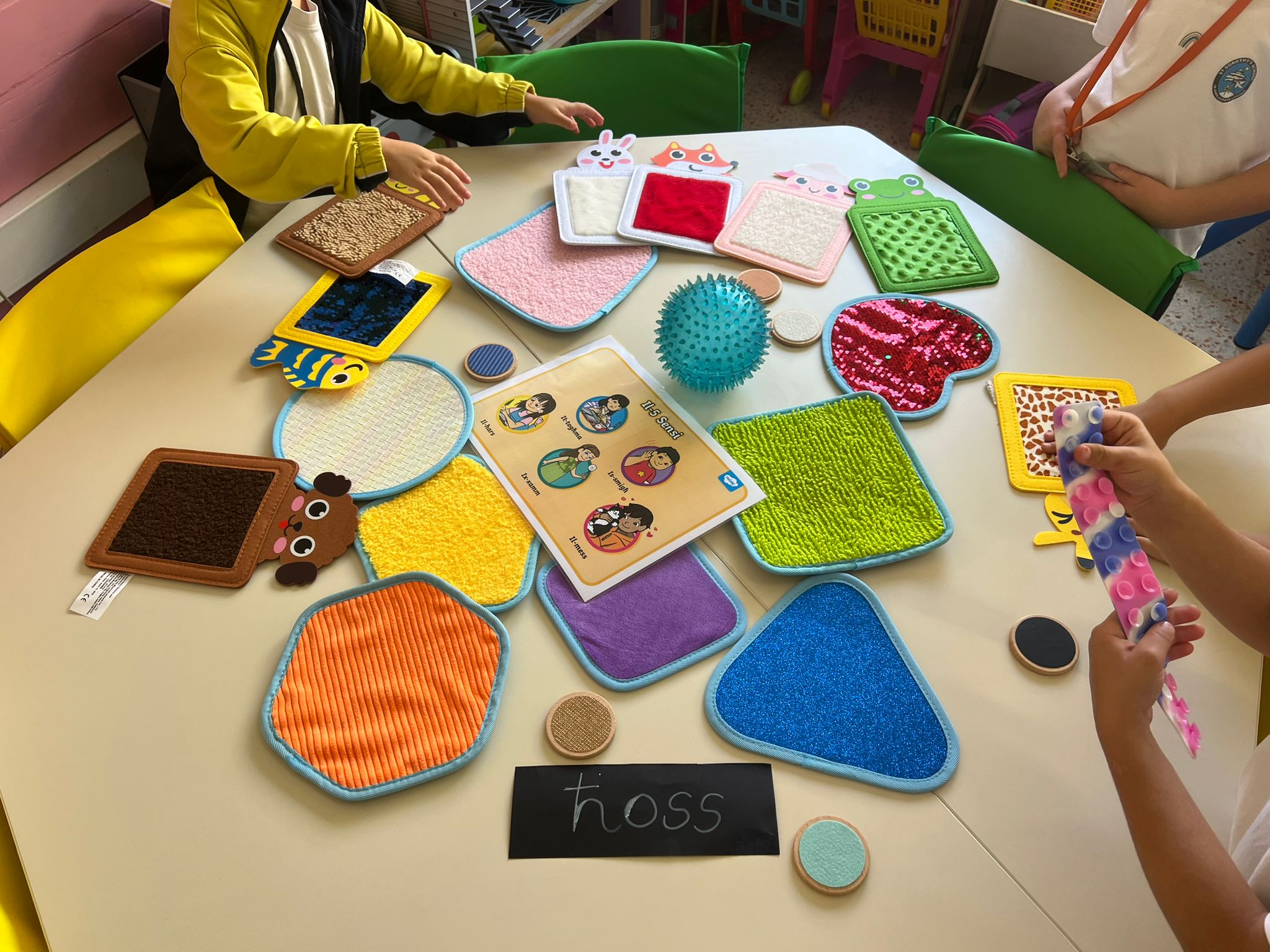
Social Studies
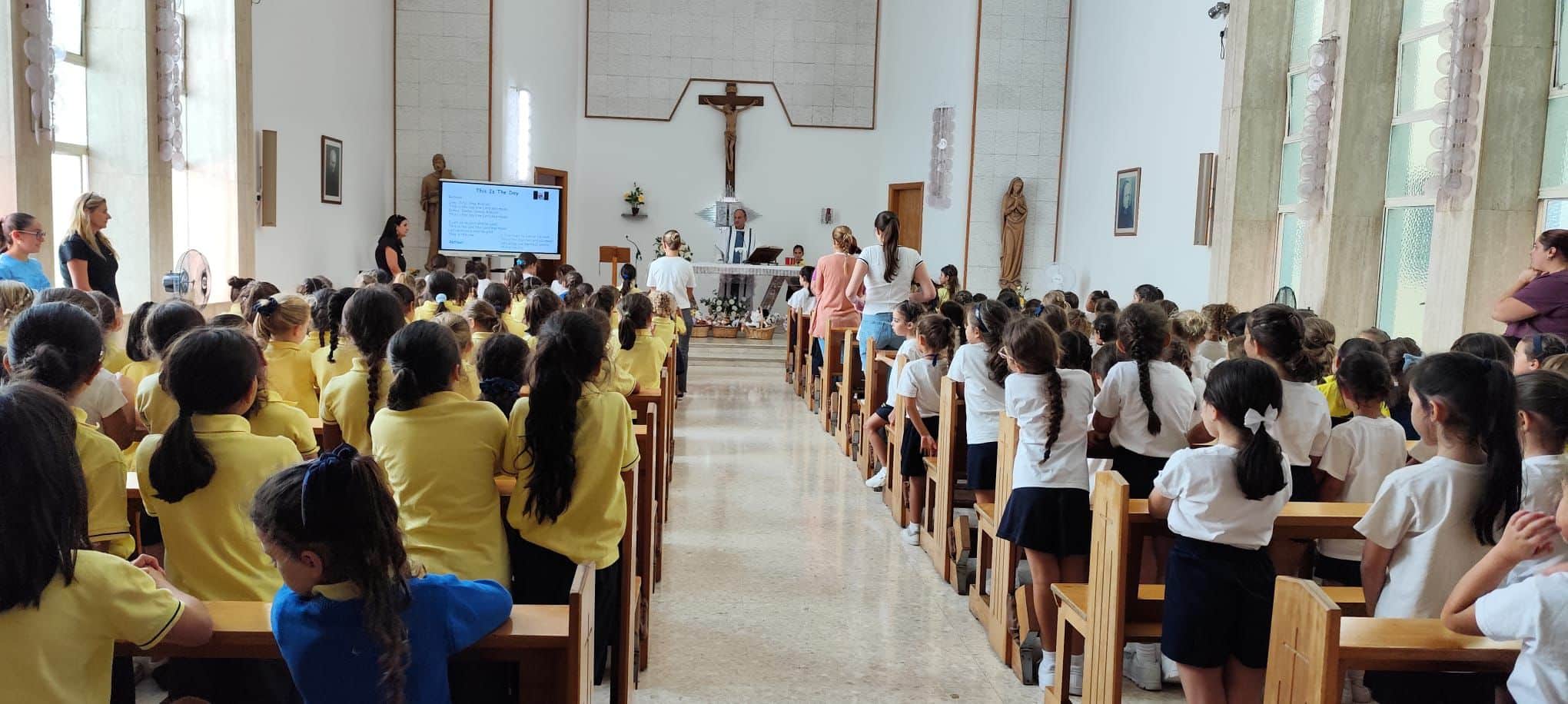
Religion
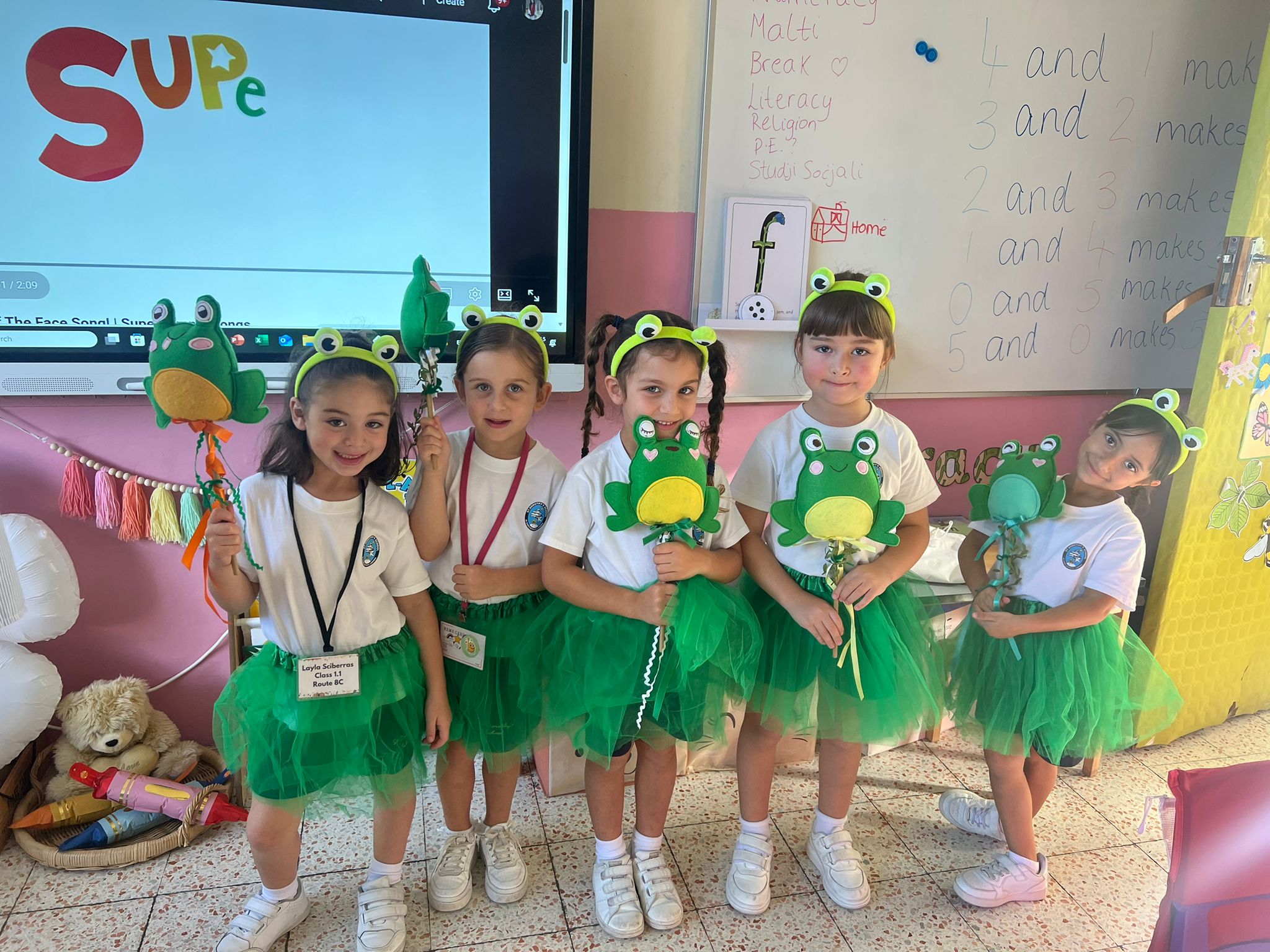
Expressive Arts
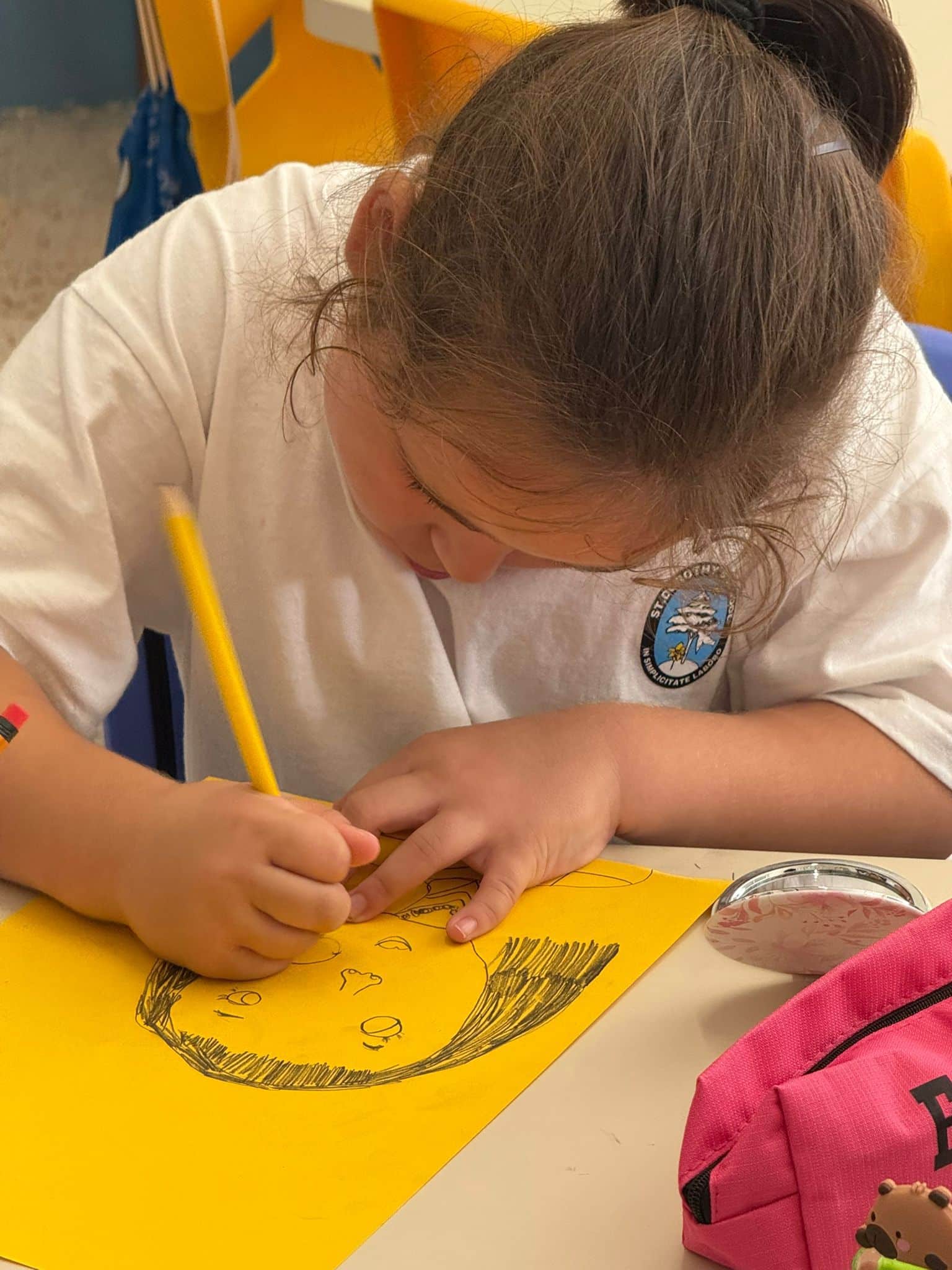
Art and Craft
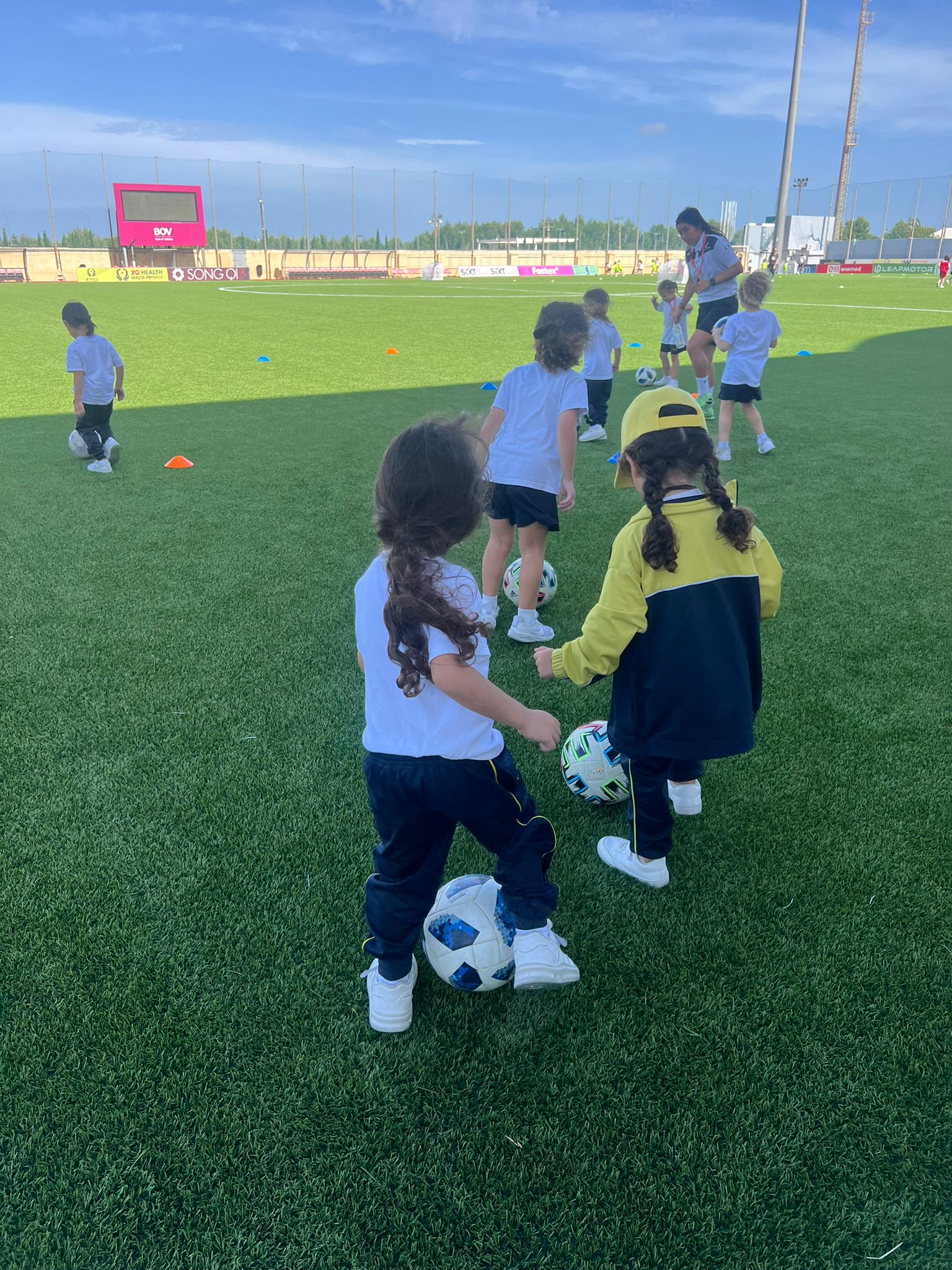
Physical Education
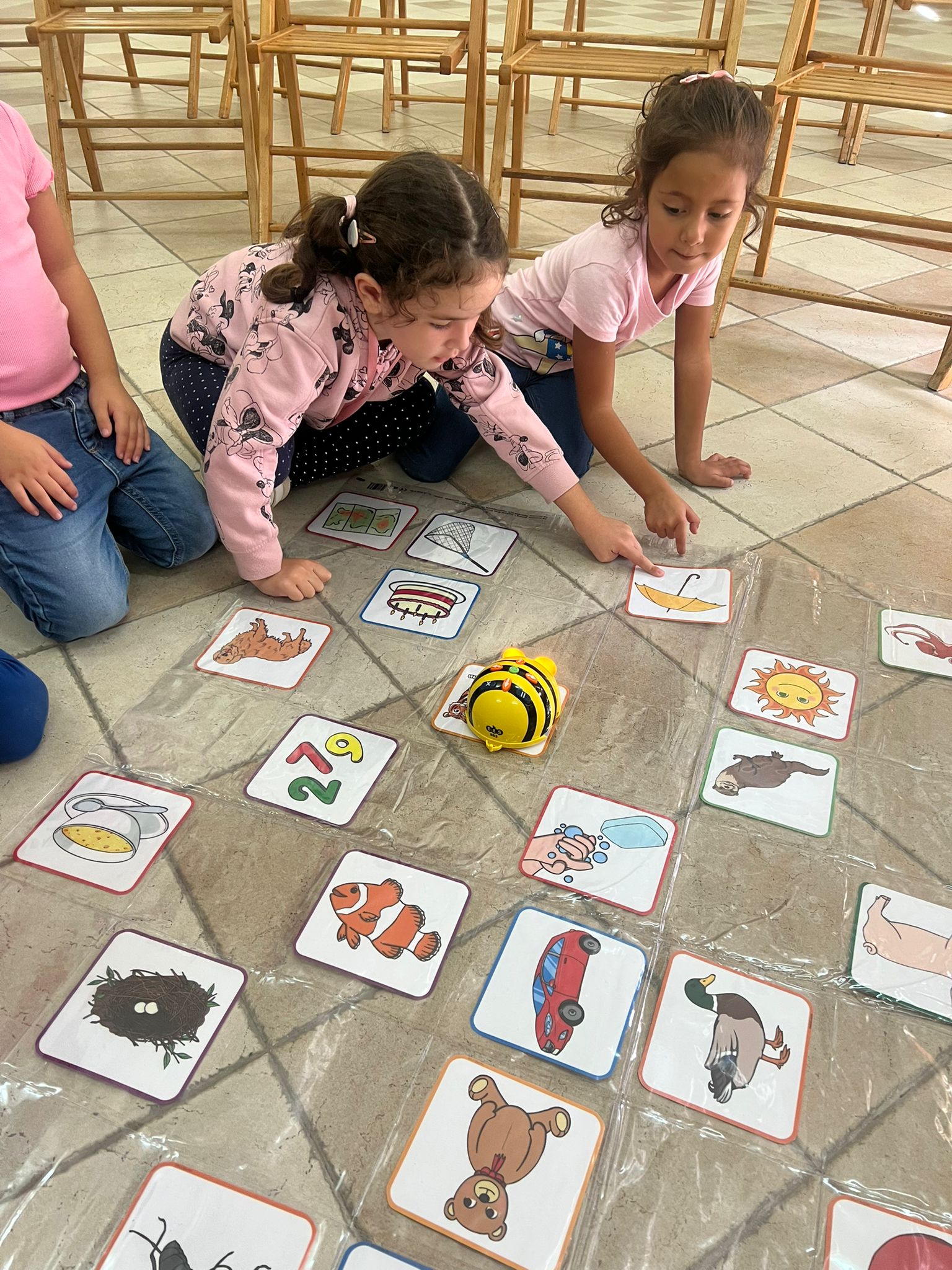
ICT

PSCD
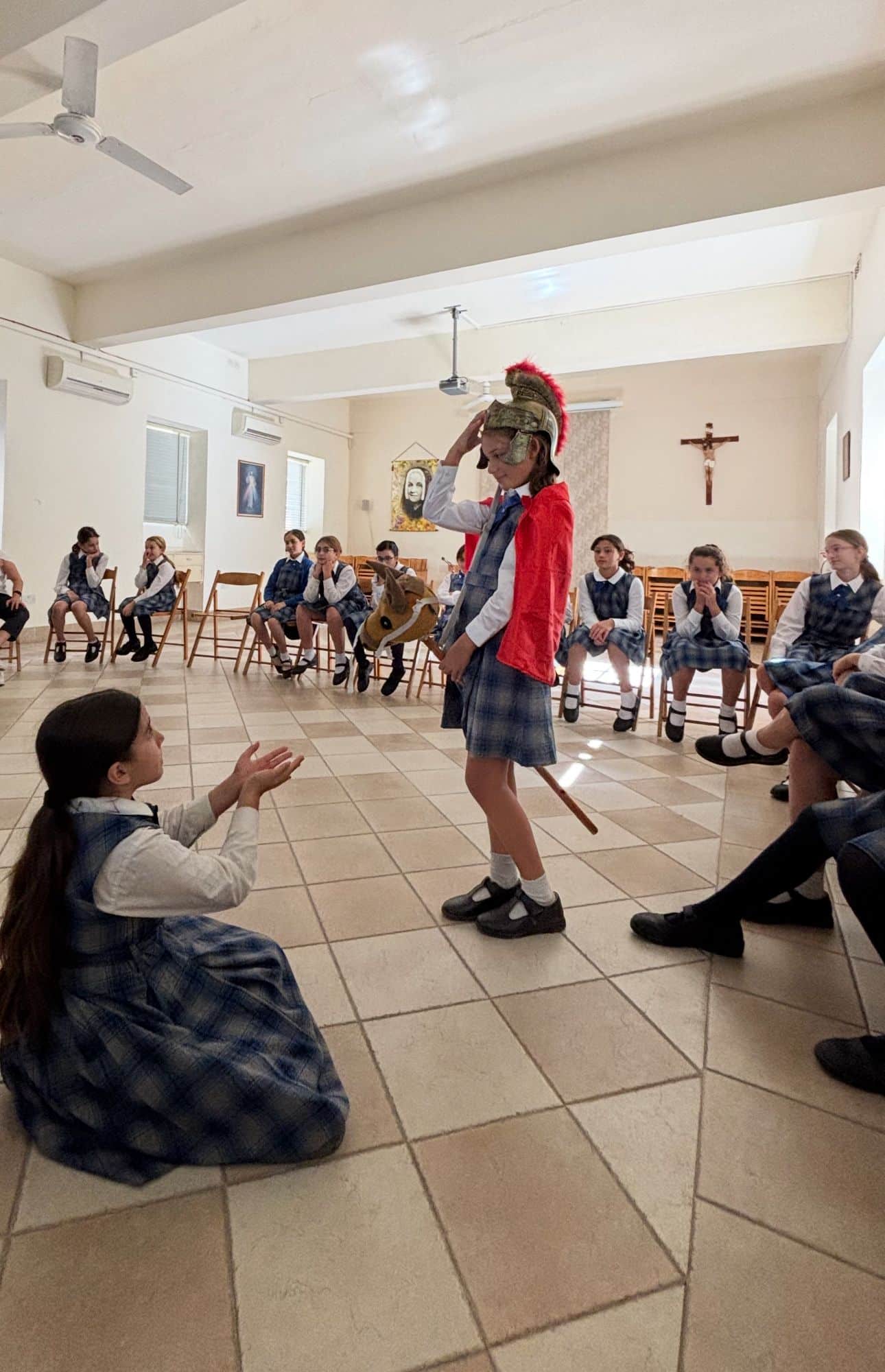
Liturgy
Sports
At the heart of our school
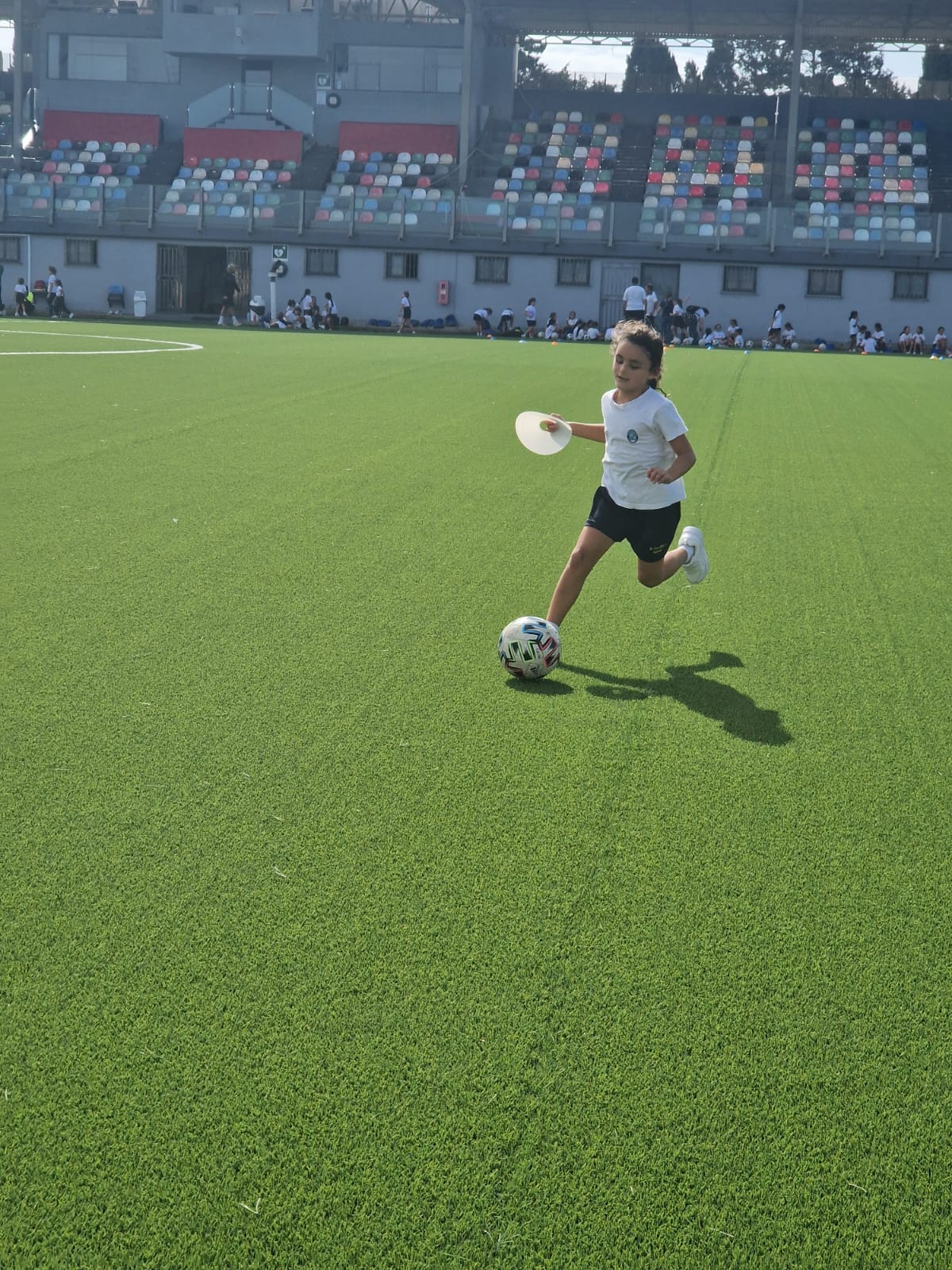

Sports play a crucial role in Junior education, contributing significantly to the physical, mental, and social development of children. Engaging in sports from an early age helps build essential life skills while promoting overall well-being.At our school, we prioritize sports as a key component of education. With more than one dedicated lesson per week and organized sports outings, we ensure that students experience the benefits of physical activity while fostering a love for teamwork and personal growth.
Performing Arts
A holistic type of education
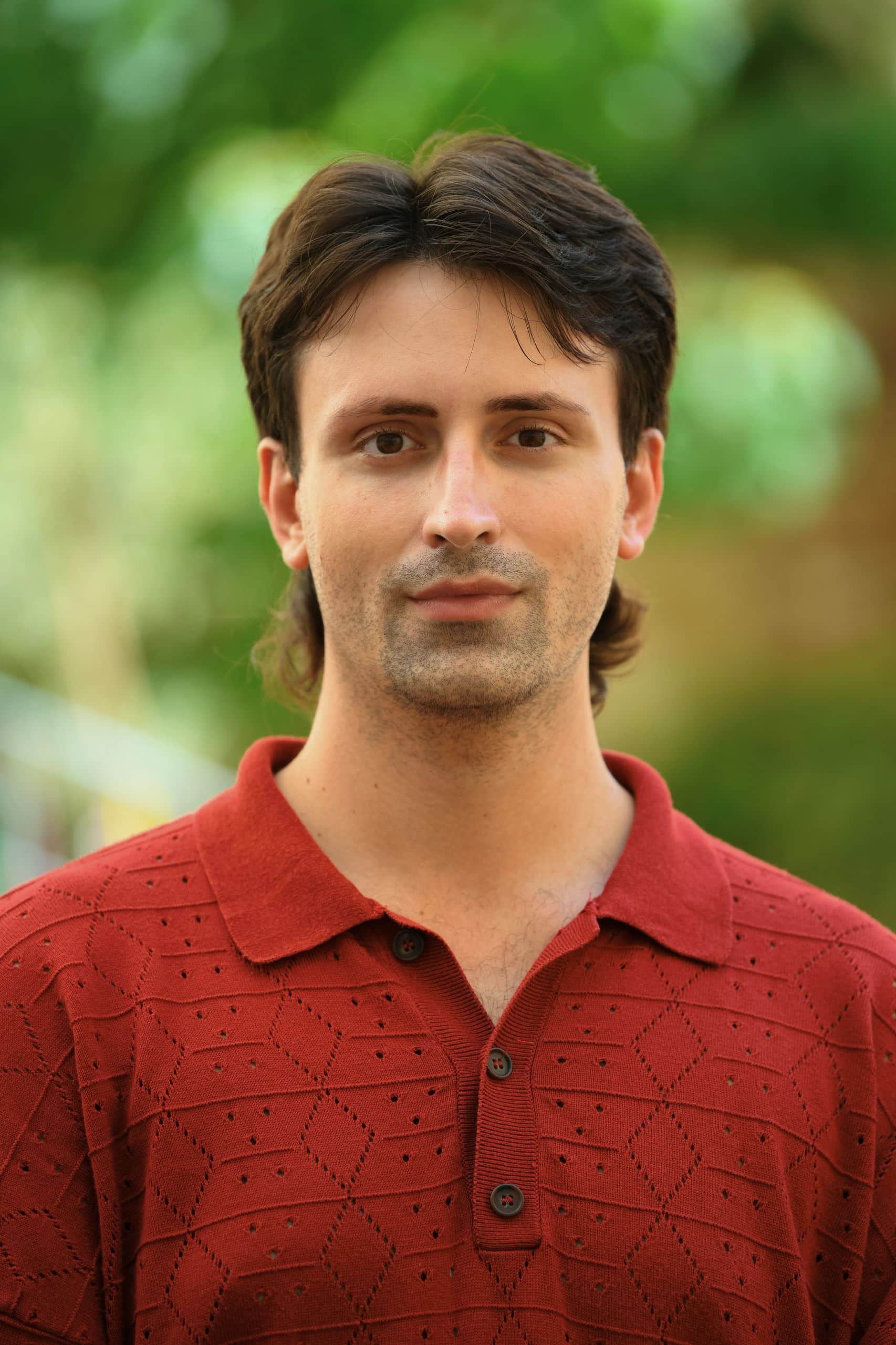
Performing arts play a vital role in encouraging children to think creatively, express themselves, and explore their imaginations in new and innovative ways. At St. Dorothy’s Sliema, we pride ourselves on fostering this creativity through our annual performances. Each Christmas, our upper-year students from Grades 4 to 6 take the stage, presenting a spectacular performance that showcases their growing talents. Meanwhile, during Easter, our younger students bring joy and energy to the spotlight with their own unique production.These events aren’t just about performance—they’re about community. Parents are warmly invited to join us on these special days, sharing in the joy and accomplishments of their children alongside our dedicated staff. These moments become cherished memories, celebrating the creativity and hard work of every student.
Through acting, composing music, or choreographing dances, our students learn to push the boundaries of their imagination, work collaboratively, and develop confidence both on and off the stage. At St. Dorothy’s Sliema, we believe the performing arts are a foundation for growth, expression, and lifelong learning.
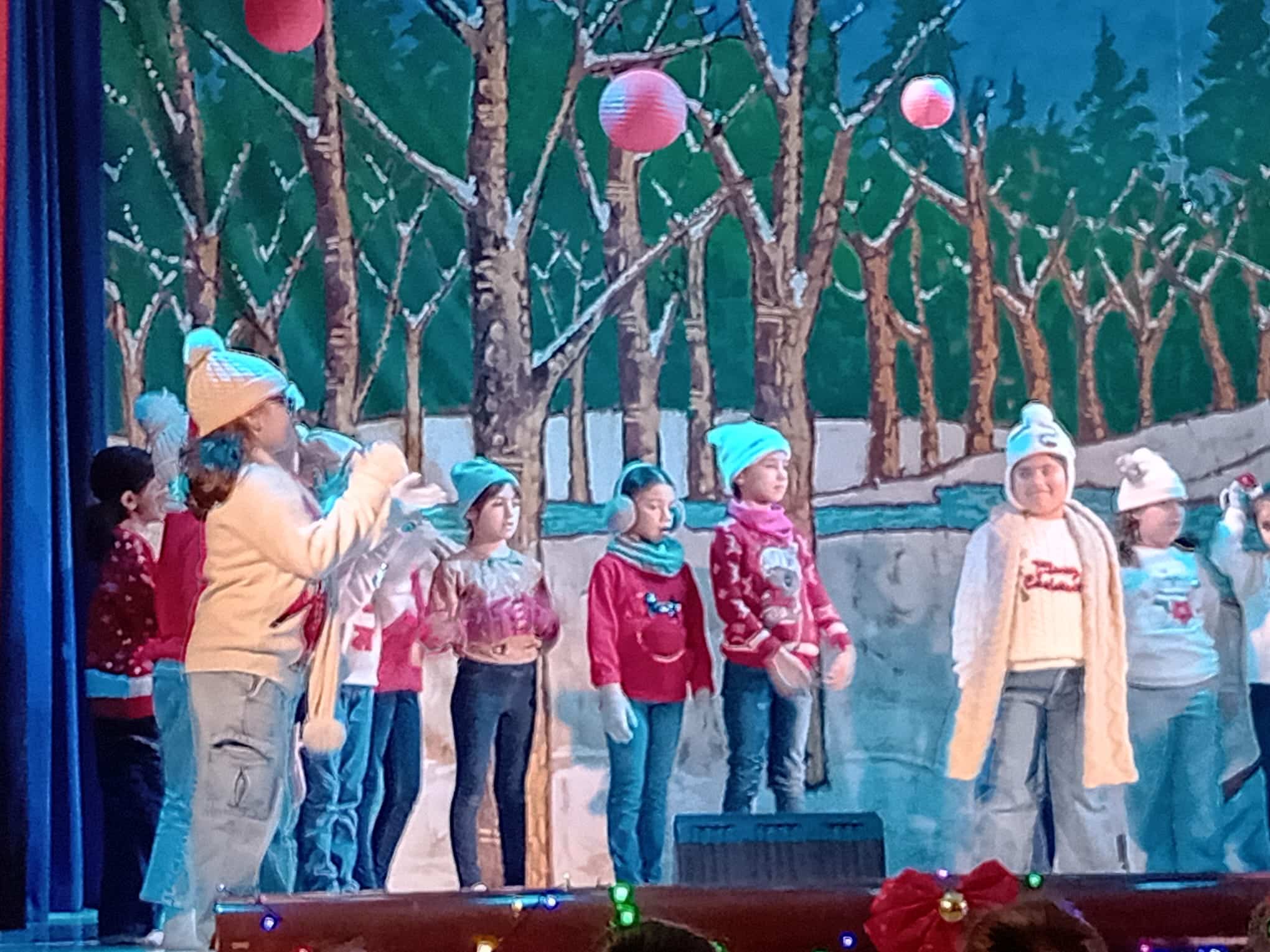
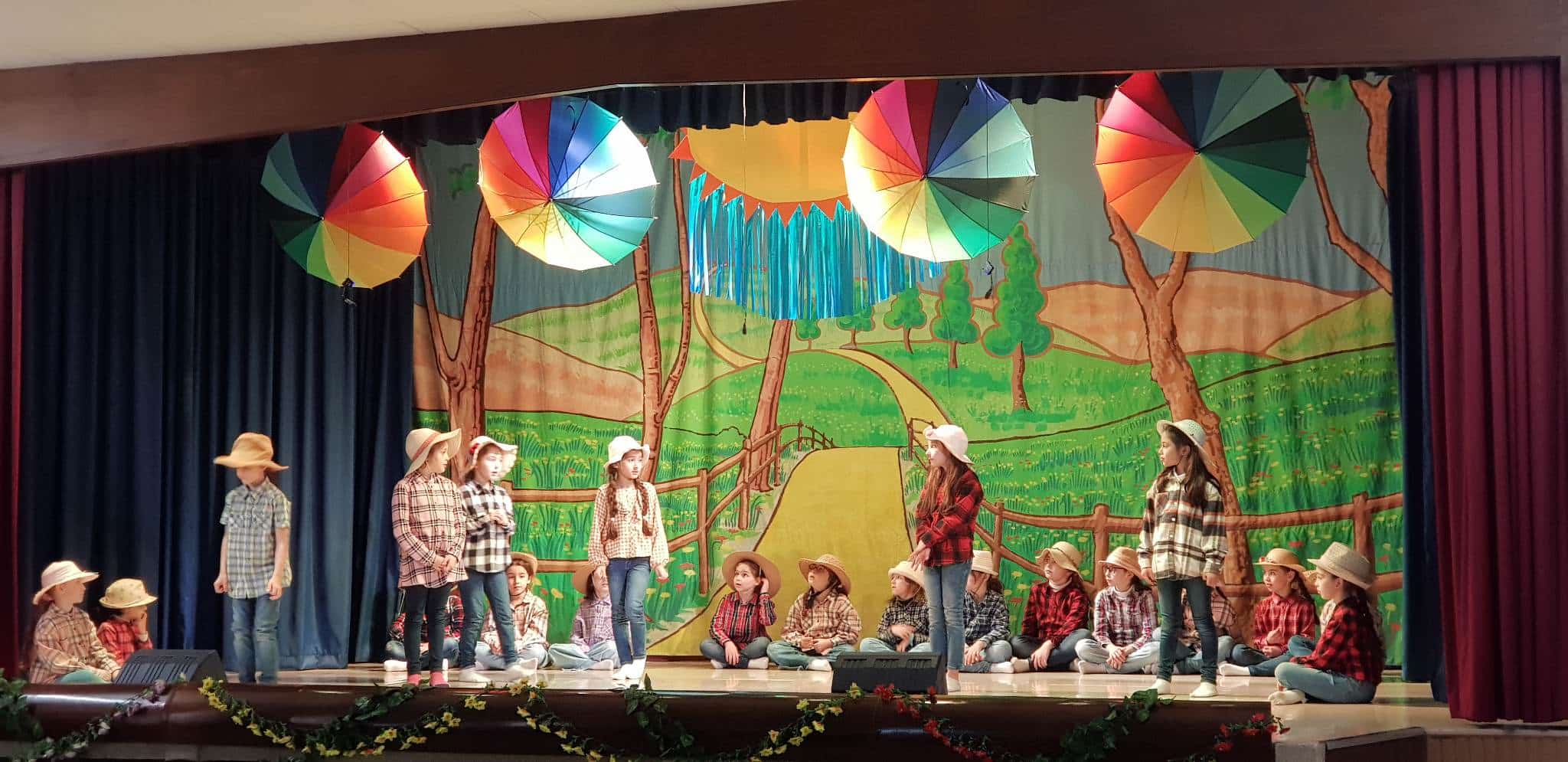
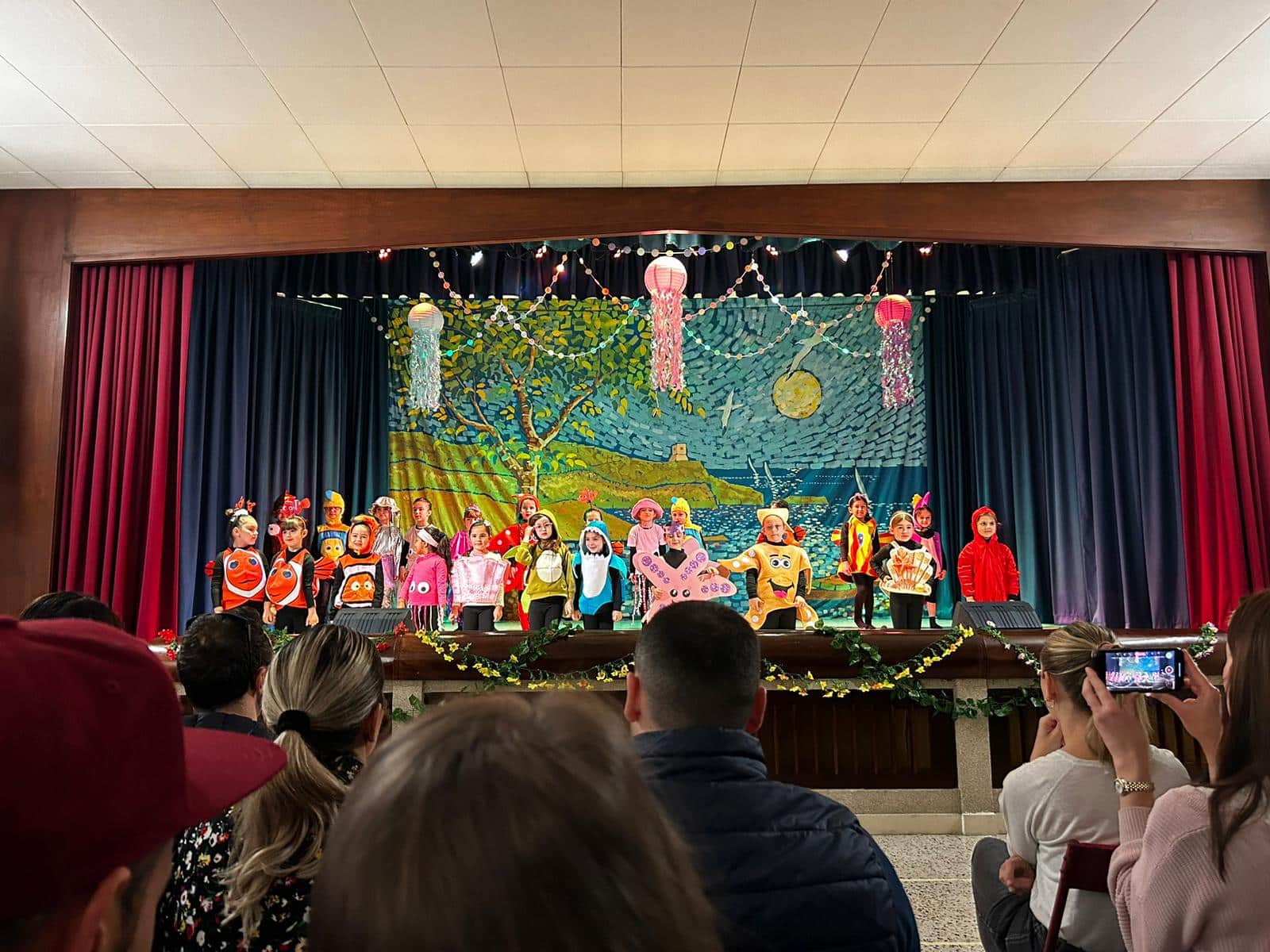
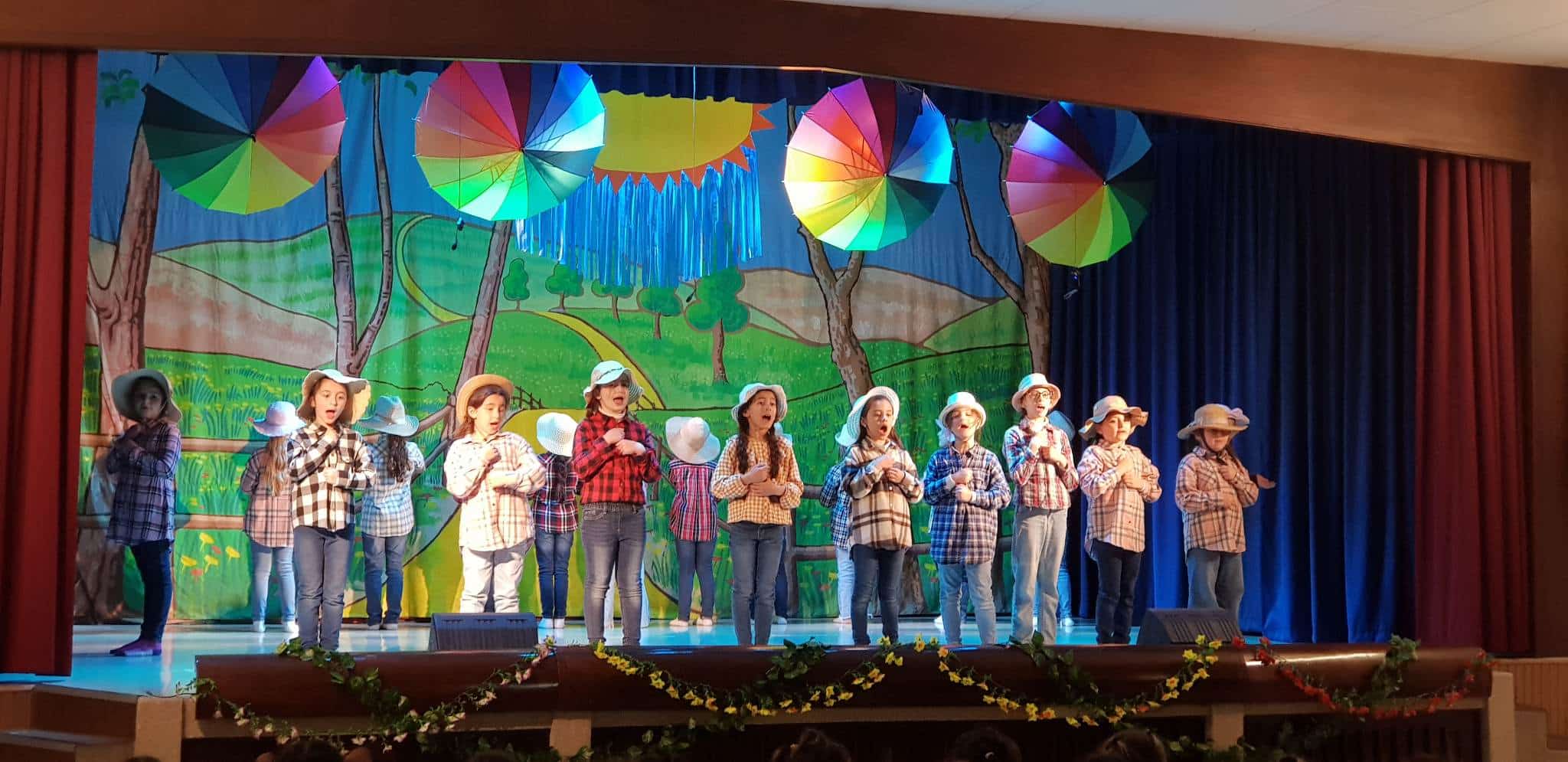
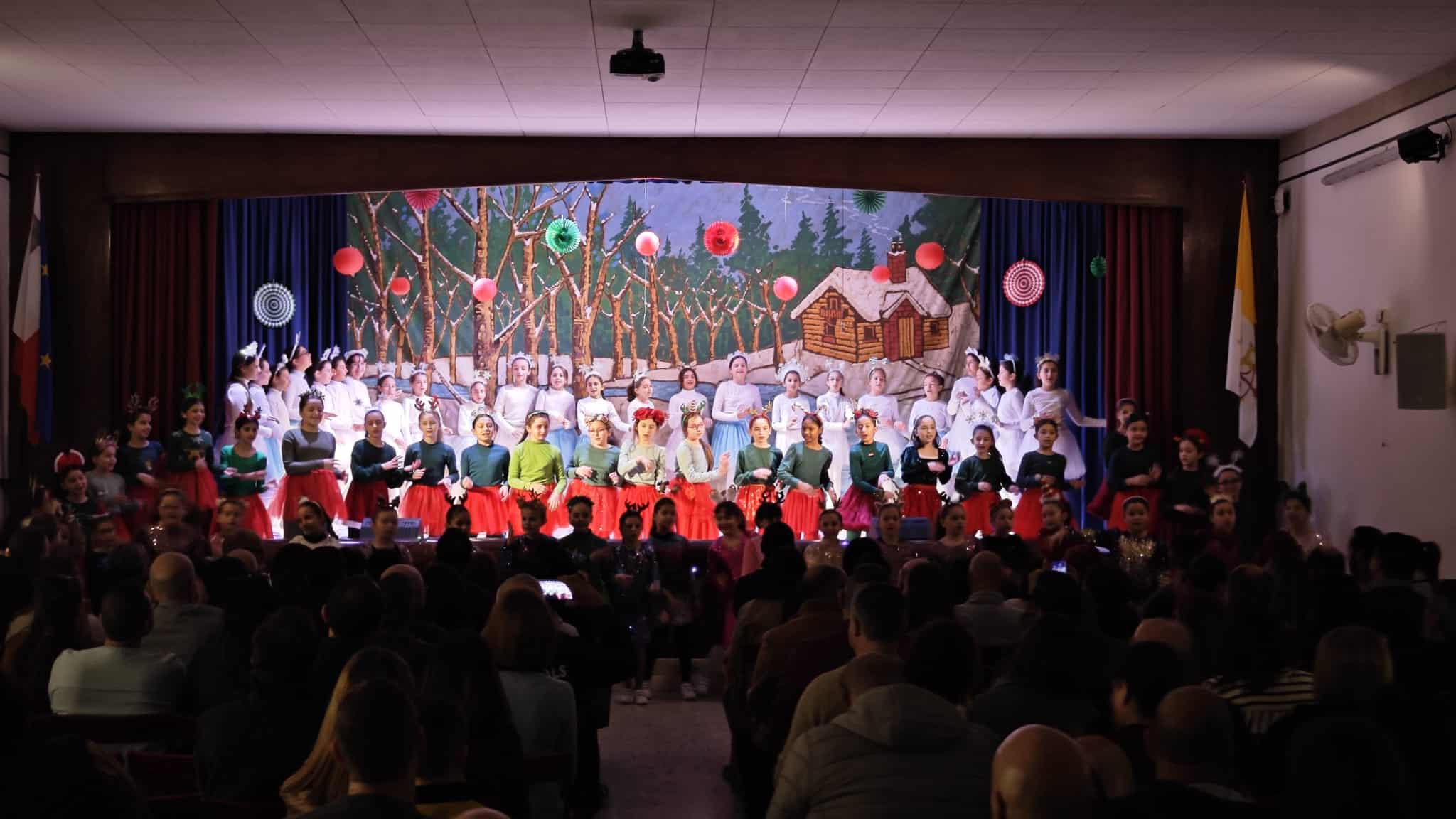
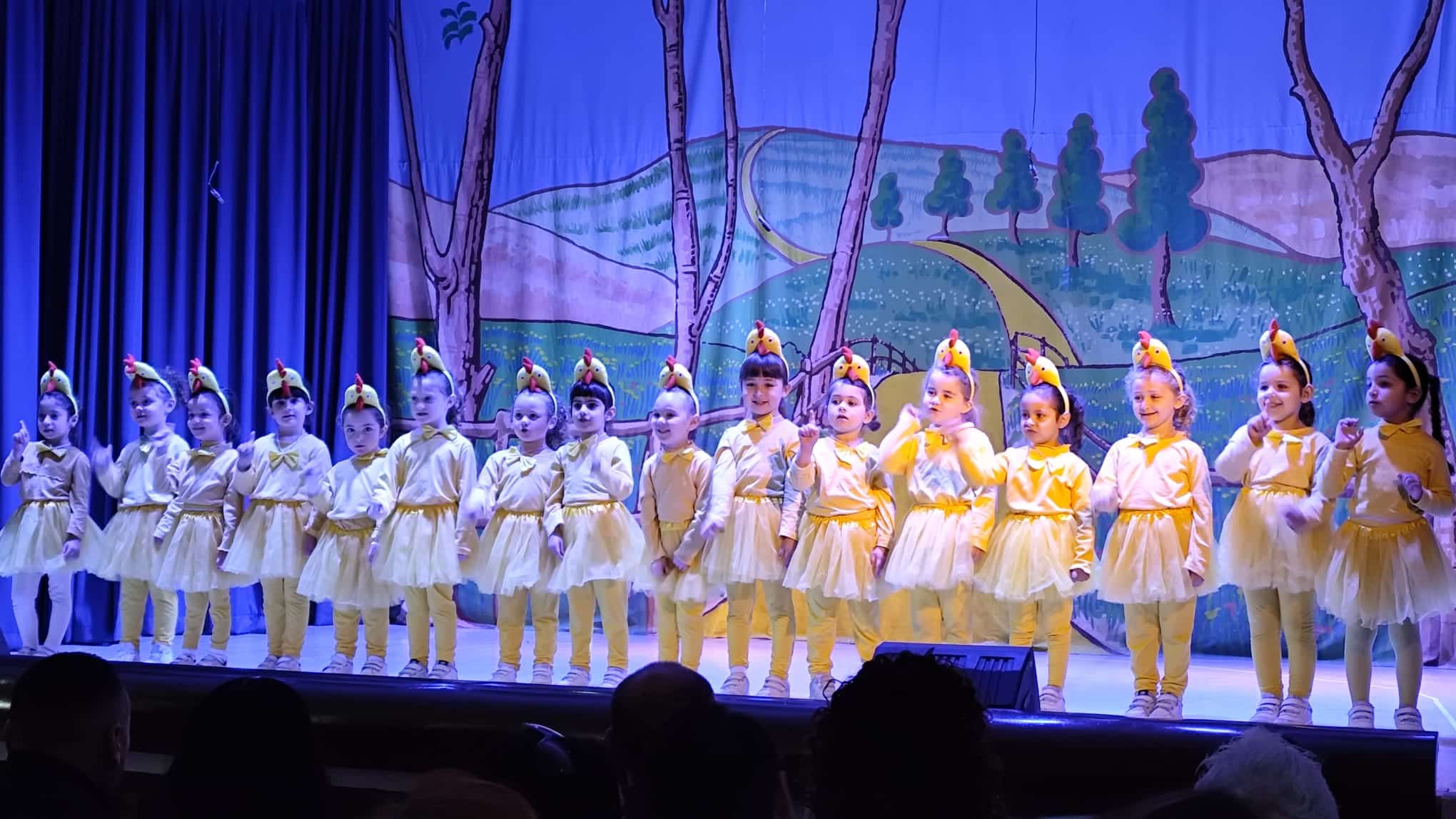
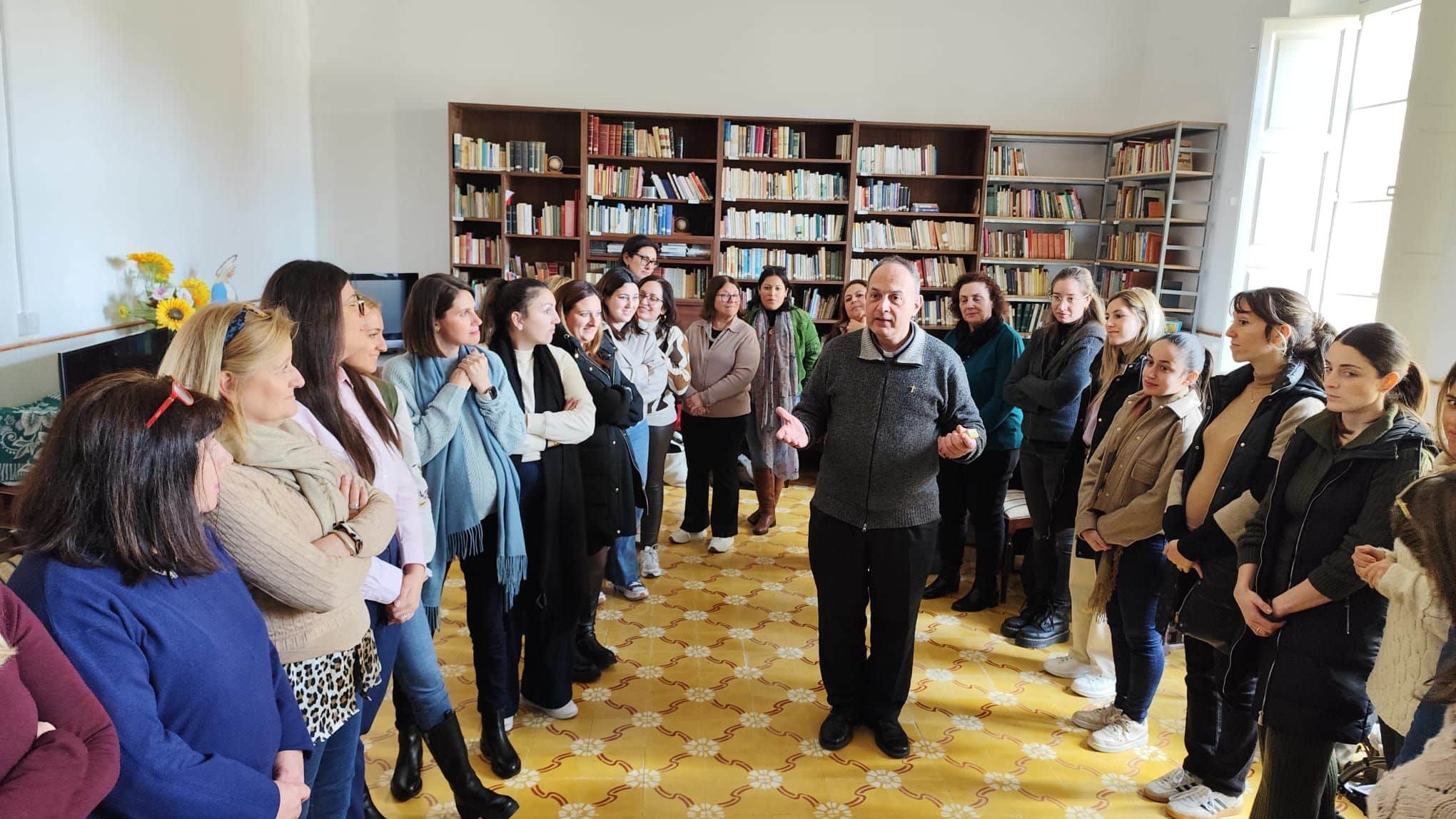
Educators as Lifelong Learners
Great educators never stop learning. The role of a teacher extends beyond imparting knowledge—it involves continuous growth, adaptation, and a passion for lifelong learning. In an ever-evolving world, staying updated with new teaching strategies, technologies, and research is essential to providing the best possible education for students.
At St. Dorothy’s School Sliema, we are committed to fostering the continuous development of our educators—personally, professionally, and spiritually. This is achieved through various professional development sessions and enriching opportunities, both locally and abroad, ensuring that our educators remain at the forefront of educational excellence.
Educators Professional Development
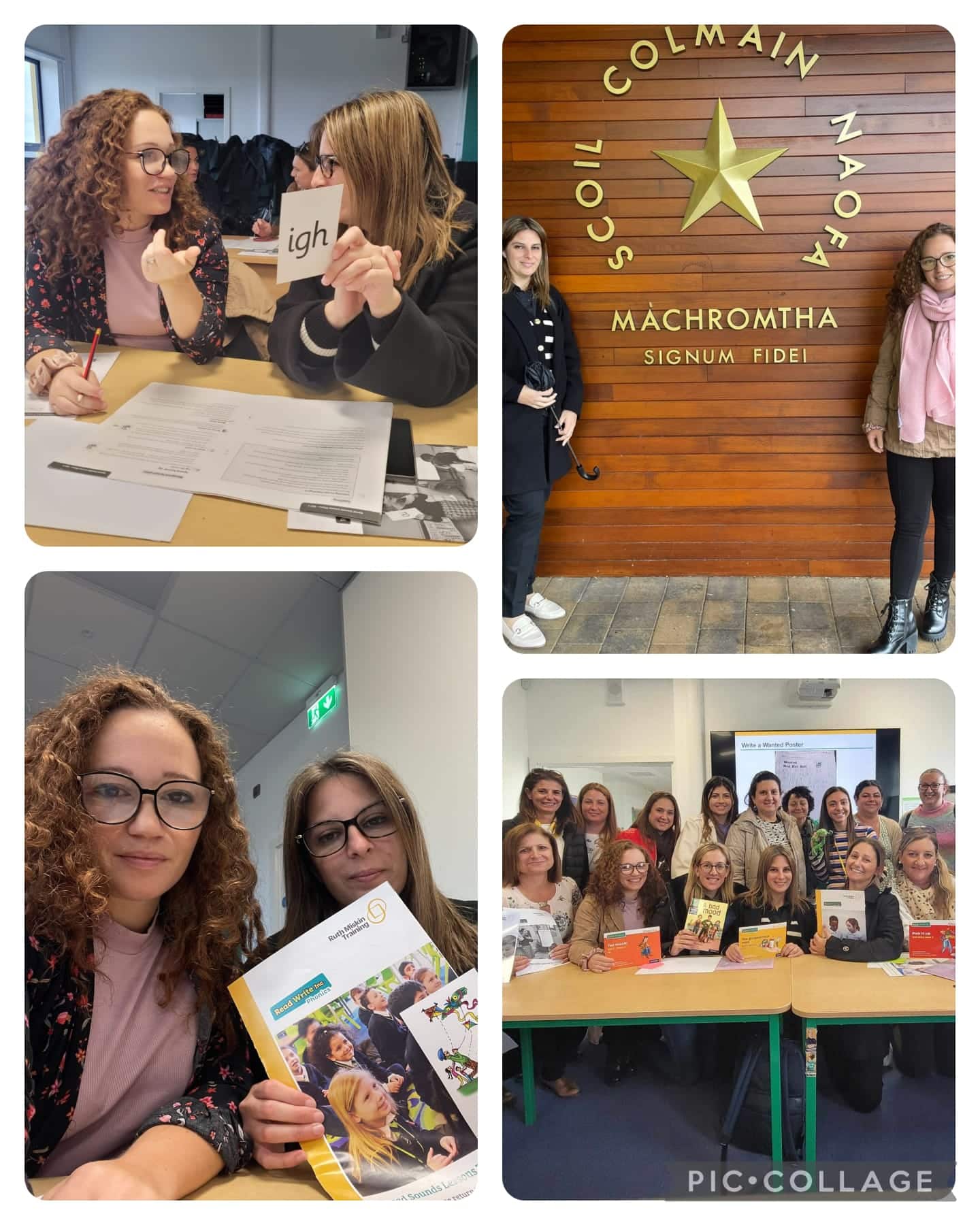
Ireland 2024- A Journey Through Reading
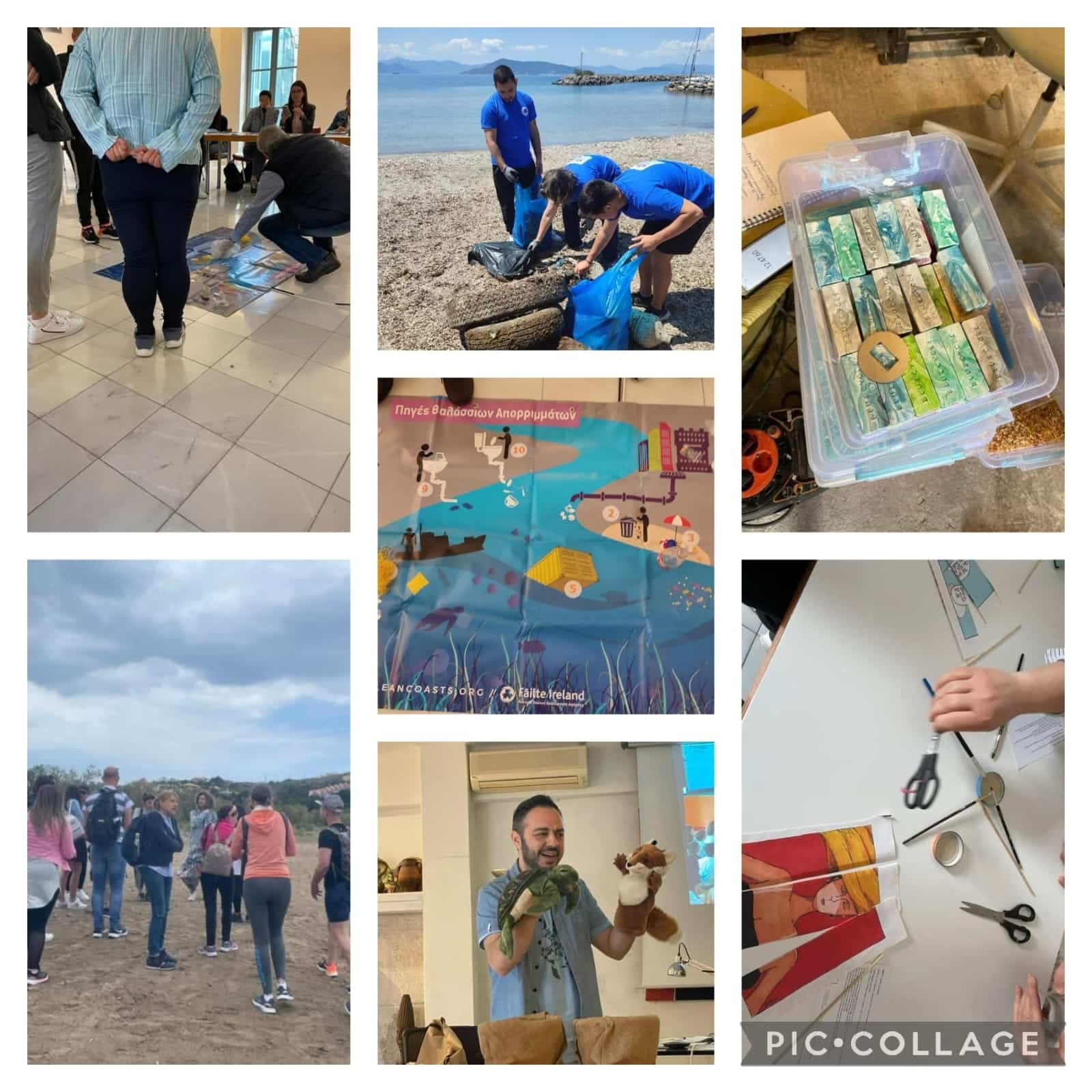
Greece 2022- Eko Skola Seminar
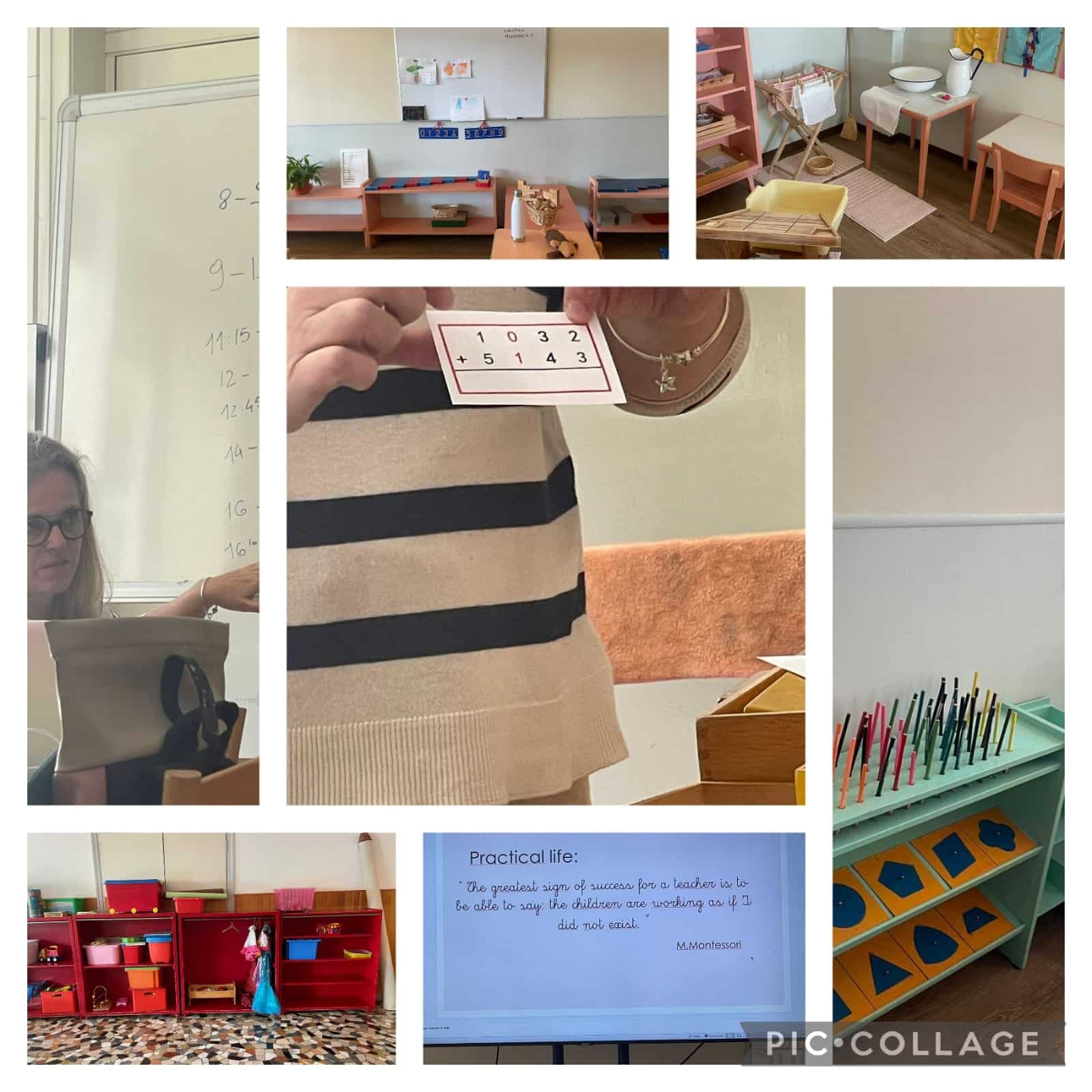
Trieste 2024- A Montessori Approach to Teaching and Learning
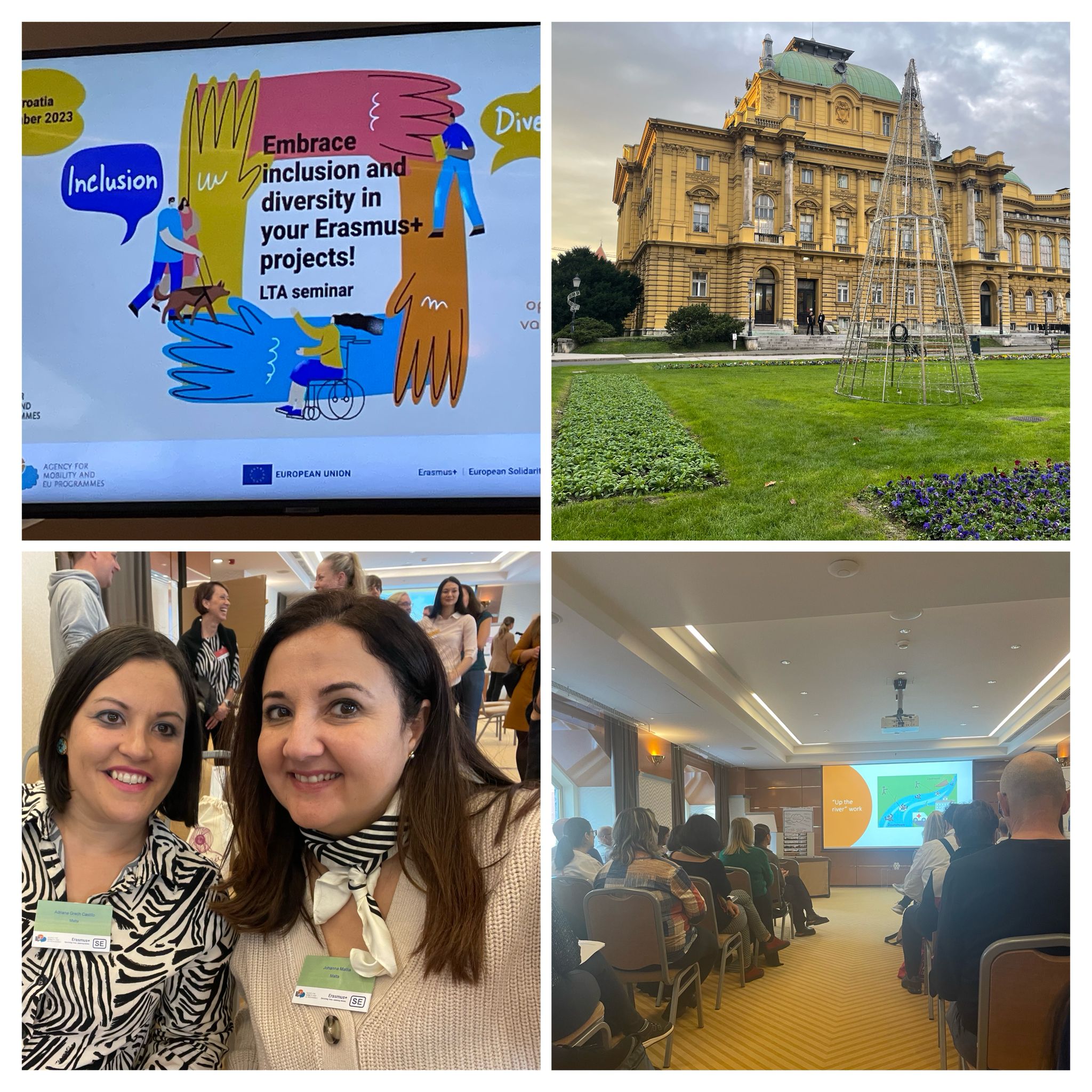
Croatia 2023- Inclusive Education Seminar
Literacy and Numeracy Resources
Literacy and Numeracy Resources

Additional Literacy and Numeracy resources are readily available for use and can be accessed through the link provided.
Know MoreLearning Outcomes
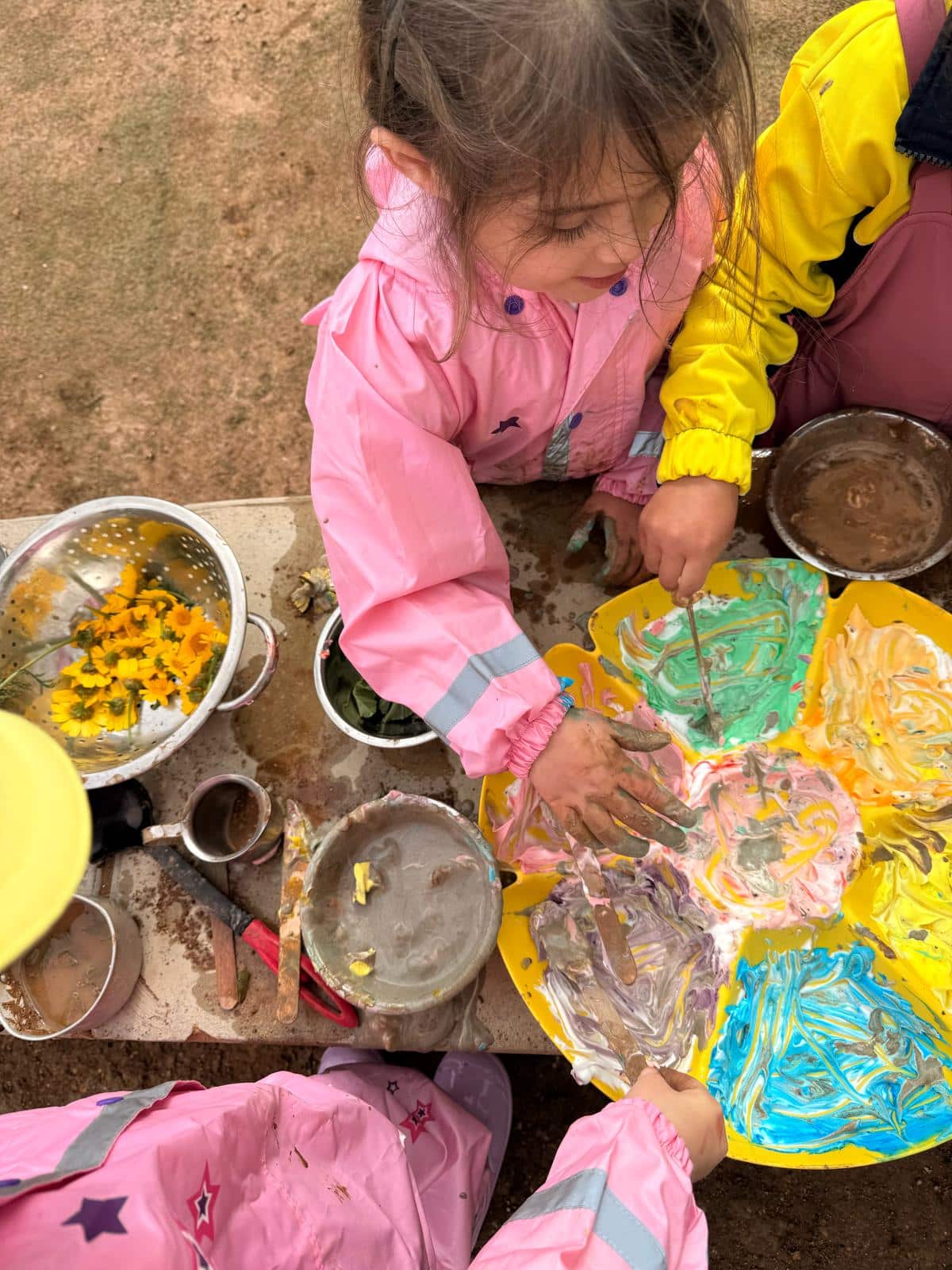
To learn more about the learning outcomes covered in our school by grade and by subject, kindly access the link provided.
Know MoreLatest News

Dinja Waħda
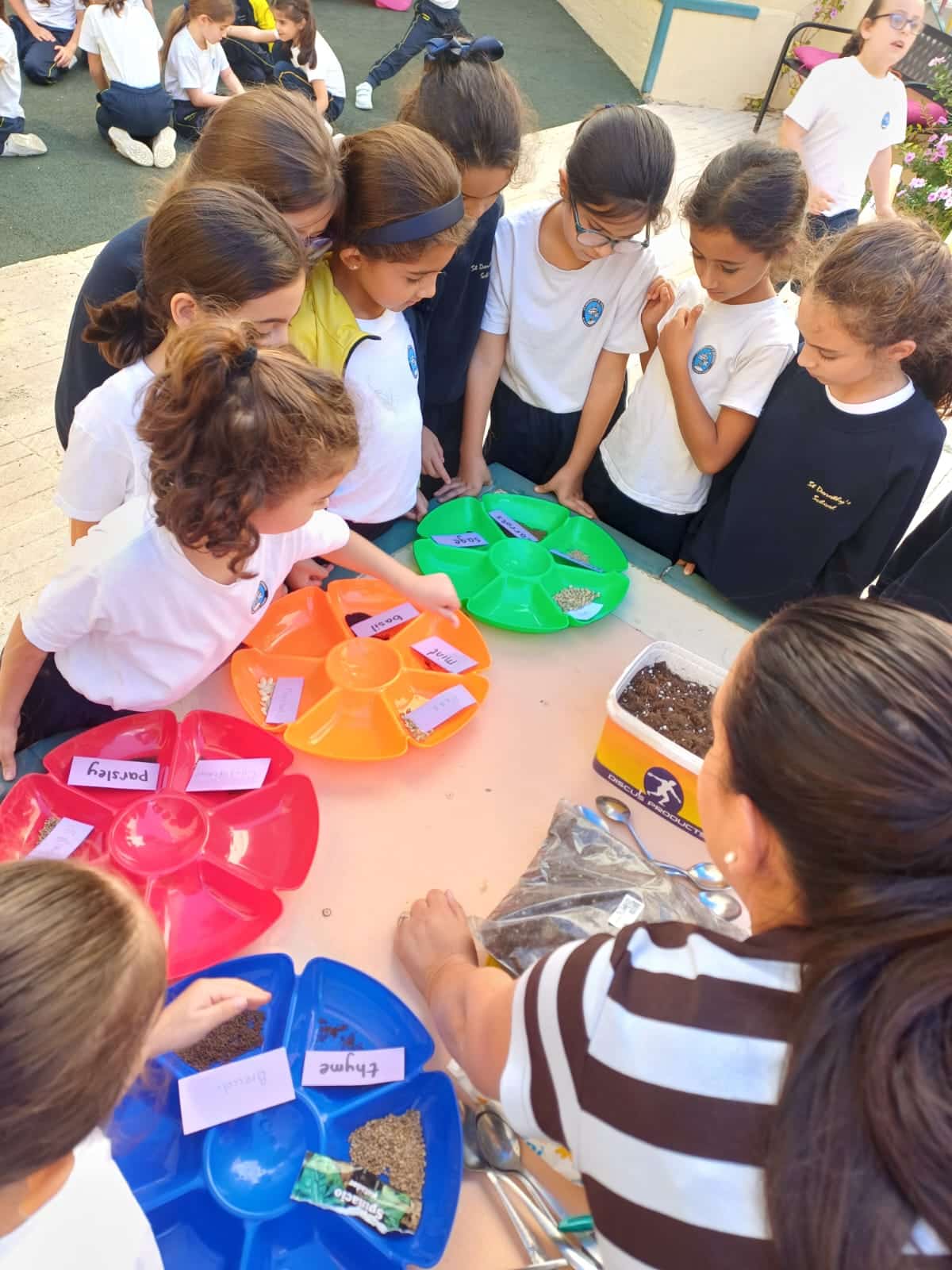
Eko Skola St Dorothy's Sliema
